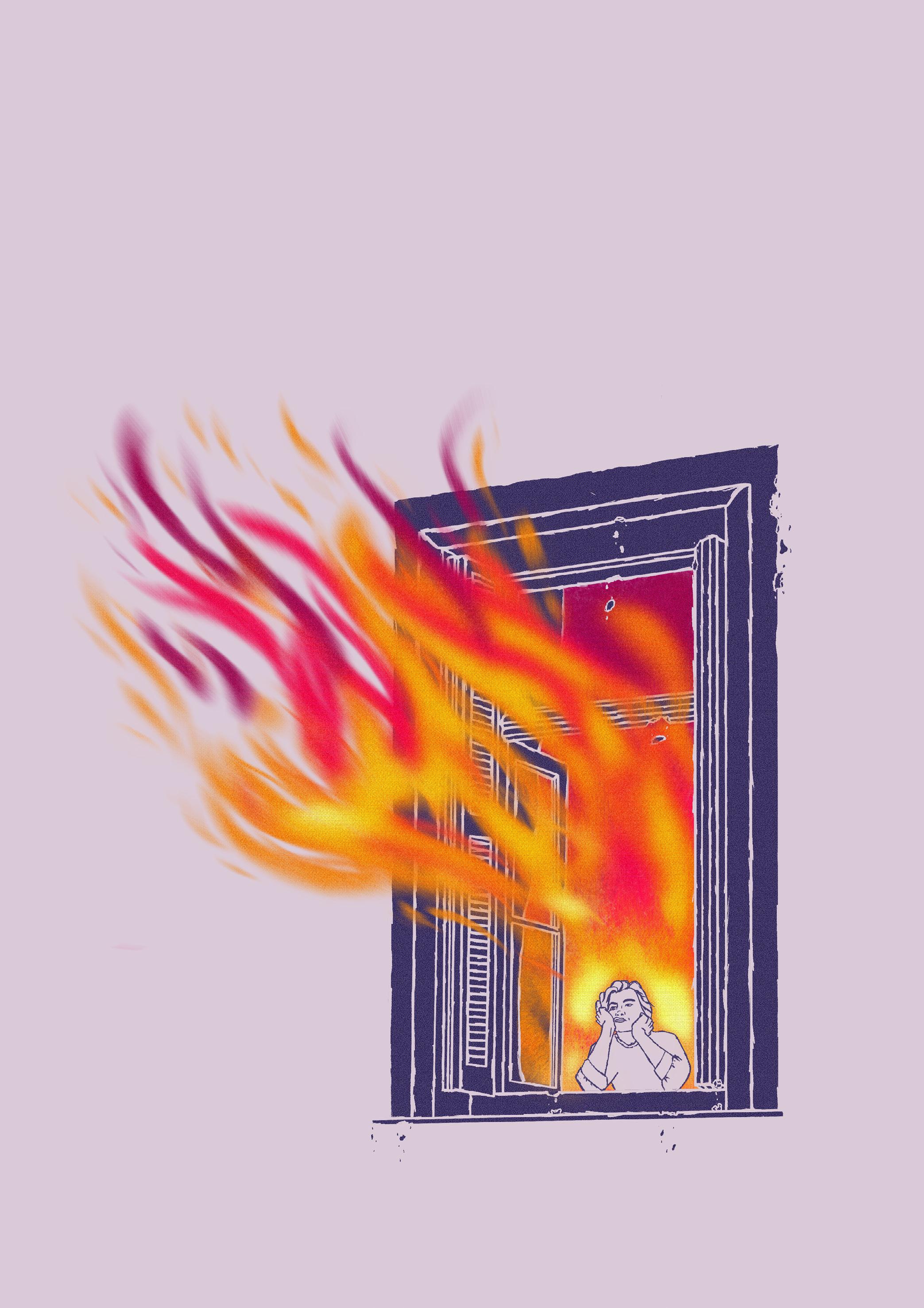
Issue 14 07-2022 CRUMBLE QUTGLASS.COM ILLUSTRATED BY BEN STEELE FREE
What
Glass Media is the QUT student newspaper and magazine, funded by the QUT Student Guild. is a space to showcase the work of QUT students, graduates, and staff – including creative work, news, and reporting.

You can get involved with Glass by checking out qutglass.com, and following our Instagram or Facebook @qutglass. You can also subscribe to our mailing list by following the prompts on our website. We can’t wait to hear from you!
Editors’ Letter
Dear Glassies,
TOM LOUDON CIARAN GREIG ELLA BRUMM
Contents
Memoir
Cooking a Crumble with Tiana Bryce ............ 16 Hard to Swallow.................................................... 42
Picking Up the Crumbs ...................................... 43 Paloma 45 Songbird Lisa 72
Fun Tweet Fill In 3 Wordsearch & Crossword Puzzle 4 Coffee Map................................................................ 6
Where to Steal Cuttings on Campus ............. 76 Horoscopes ............................................................ 79
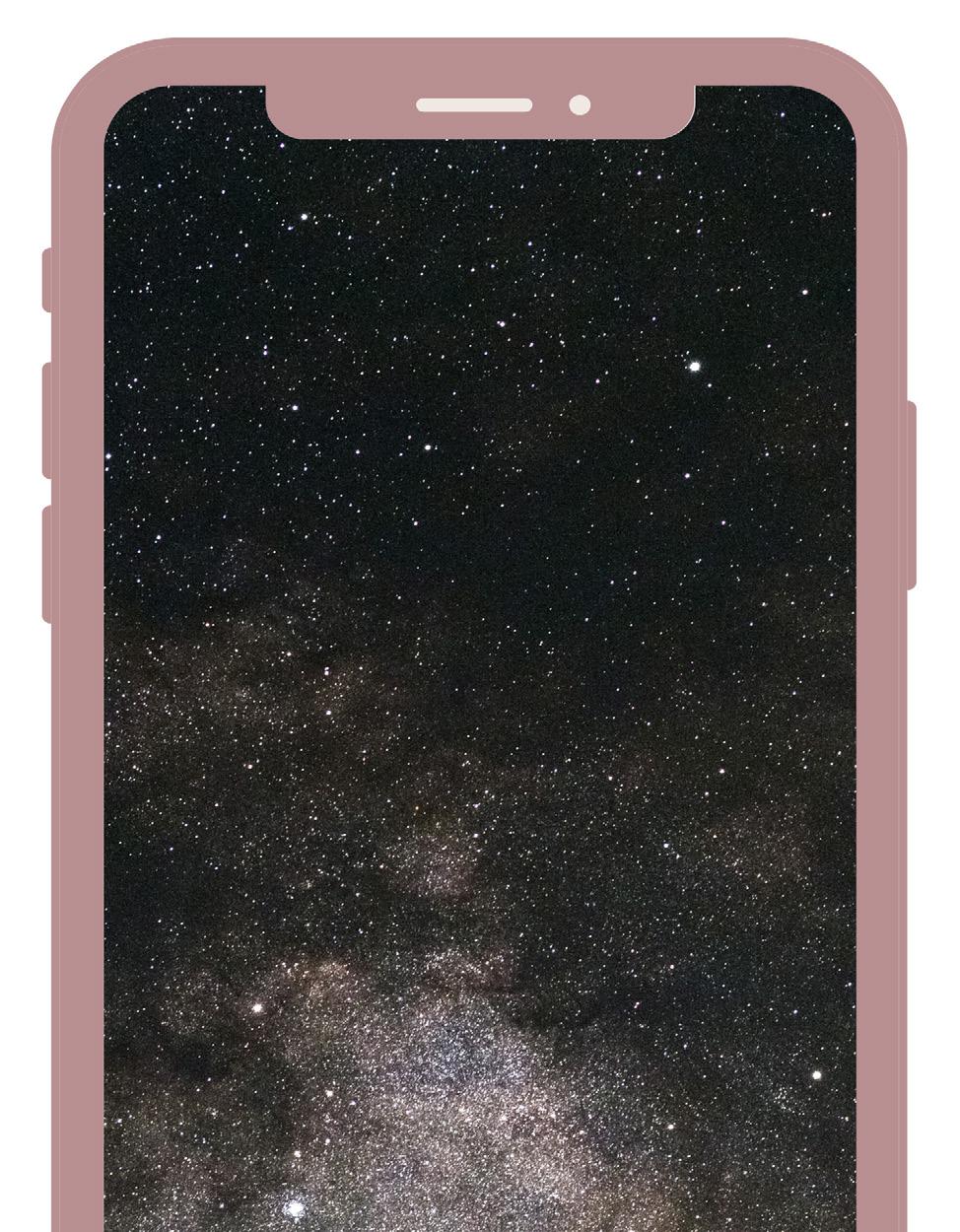
Non-Fiction
A Glassie's Guide to Heartbreak 20 Where Are All the Moonwomen? .................... 22
Poetry
One Thousand Pieces 38 Summers on the Floor 38
Opinion
Lawfully Unpaid: Teaching Placements in a Time of Crisis .................................................. 18 The Art of Being Graceful .................................. 39
Your Favourite Movies are Made by Bad People 56
Labor's Transphobia Problem 58 In Defence of Sun Yang .......................................60
Reviews
Book: Henry Hamlet's Heart is a Mosaic of Obviousness .......................................................... 49
Since we published our last issue, the world has been a busy place –for better and for worse.
The devastating news coming out of Ukraine daily, the overturning of Roe v. Wade in the United States, and the resurgence of COVID-19 in Queensland don’t exactly make for happy reading. It’s easy to crumble when that’s all we see.
But we have included as much good news as possible within Crumble, to remind us that crumbling is as much a part of life as rebuilding.
When you’re down, struggling, or downright crumbling apart, don’t forget to look at yourself with the same grace and benefit of the doubt you so readily offer others in your life.
Acknowledgement of Country
Glass Media and the QUT Student Guild acknowledge the Turrbal and Jagera peoples as the First Nations owners of the lands where QUT now stands. We pay respect to their Elders, past, present, and emerging, their lores, customs, and creation spirits. We recognise that these lands have always been places of teaching, research, learning, and storytelling.
Glass Media and the QUT Guild acknowledge the important role Aboriginal and Torres Strait Islander peoples play within the Meanjin community.
Cultural Warning
Aborigina and Torres Strait Islander readers are warned that the following magazine may contain references to deceased persons.
Disclaimer
Glass Media informs readers that the views, thoughts, and opinions expressed in this issue of Glass belong solely to the author, and do not necessarily express the views of Glass Medi a or the QUT Guild.
Normally we only publish one issue a semester, but luckily for you we have two more in store! Glass has opened submissions for our second Glass Fiction Week, showcasing the work of creative writers at QUT on our website. For the first time ever, this will include a limited print edition of QUT’s best fiction. As in 2021, we will also publish the Glass Annual this December, showcasing the Editors’ favourite work of the year. Keep your eyes peeled on our socials for more details.
If you’re new to Glass, or want to get involved, check out the QUT Writers and Glassies groups on Facebook to hear about what’s new and what’s upcoming. If you’re interested in reviewing with Glass, you can now complete our Reviewer EOI, which can be found in these groups or on our website.
Crumble is our first edition printed completely on recycled paper, and we want to remind readers that our magazine is recyclable. If you don’t want to keep your copy or want to declutter, return it to one of our magazine stands, or to the Student Guild offices, so it may be enjoyed by another reader.
As always, with love, The Glass Team.
When Life Gives You Bananas.......................... 24
The Crumbling Legitimacy of Queensland's Consent Laws 27
As the World Watches Ukraine, West Papua Struggles for Self-Determination 29 The New Financial Year: At a Glance 30 Rethinking Pelvic Pain 33 sex but offline 34 When Opposites Attract 36 Greenslide............................................................... 54
Art: Botanica 2022................................................. 51 Film: Drive My Car................................................ 52
Fiction
In Living Memory 12 Blinding Love 64 Christmas Casual 66 december, dinner 69 Judged ....................................................................... 71 Explainer
What Does Cheating Say about You As a Person? ............................................................ 14
New Students will Lose HECS if They Fail 50% of their Classes ............................................ 15
Tweet Fill In


Oh no!
The Democrats have moved further to the left AGAIN, and Elon Musk might get cancelled! Can YOU match the words below with the correct tweets to save Elon's freedom of speech? Tesla Cave


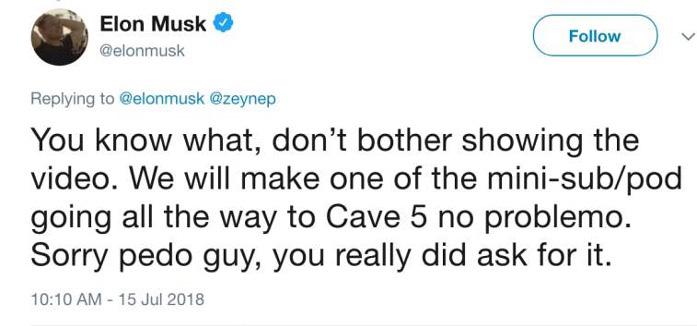
is Glass?
W US @QUTGLASS
QUTGLASS.COM FOLLO
THE GLASS EDIT OR S
Nuke 3
Complete the crossword puzzle below
Name: 1 b o r 2 i s j o h n s o n n 3 a d v o c a c y e p 4 i r e l a n d n 5 g 6 r e e n s d 7 w o e a m
8 p a p u a n e w g u i n e a c e n 9 n o c t u r n e s t i
10s c r a t c h t h a t 11h i 12e l o n m u s k a m r d
Across
Across
1. Recently resigned as UK Prime Minister. (borisjohnson) 3. When you get in trouble at uni, contact . (advocacy)
4. This men's rugby team just won their first ever series in New Zealand. (ireland)
5. The Party with the highest swing towards them in Queensland (greens)
8. Australia's neighbour, who just had a general election (papuanewguinea)
1. Recently resigned as UK Prime Minister. 3. When you get in trouble at uni, contact ________. 4. This men's rugby team just won their first ever series in New Zealand. 5. The Party with the highest swing towards them in Queensland. 8. Australia's neighbour, who just had a general election. 9. This exhibition will run at Old Government House, Gardens Point until September. 10. Another QUT student publication. 12. This man is being sued by Twitter.
9. This exhibition will run at Old Government House, Gardens Point, until September (nocturne)
Down
10. Another QUT student publication (scratchthat)
12 This man is being sued by Twitter (elonmusk)
2. West Papua has struggled for decades for ____________. 6. Leave it at the door thank yew. 7. Recently rose by 5.2% 11. Defendant in a high profile defamation case.
Complete the ord puzzle below 1 b o r 2 i s h n s o n n 3 a d v a c y e p 4 i r e l a n d n 5 g 6 r e e n s d 7 w o e a m 8 p a p u a n e w g u i n e a c e n 9 n o c t u r n e s t i 10s c r a t c h t h a t 11h i 12e l o n m u s k a m r d
































































































Down
2. West Papua has struggled for decades for . (independence) 6. Leave it at the door thank yew. (romanticism)
Recently rose by 5.2%. (wages)
Defendant in a high profile defamation case. (heard)
Answers: 1. borisjohnson 2. independence 3. advocacy 4. ireland 5. greens 6. romanticism 7. wages 8. papuanewguinea 9. nocturne 10. sratchthat 11. heard 12. elonmusk
Across 1. Recent y resigned as UK Prime Minister (borisjohnson)
Down
2. West Papua has strugg ed for decades for (independence)
4 5
Created us ng the Crossword Maker on TheTeachersCorner net
U P L L V A G B X B O N W E I V E R
G C Z S R N A P P L E C R U M B L E F R A C O R I E G R E E N S L I D E E B R X I L P P C O N S E N T O P B X F N E F F Y M E T E G M D P J N A
A Z B X X K E S K I G I O X C J S N
ALBANESE APPLE CRUMBLE BAKING BANANA CONSENT
D X A V B H G N I M M I W S L X S A M O S A I C I P Y P C E N T U S V N T A E S E N A B L A T N O Z F T B A P U V G B O F D I T P M O Z E A Q T C P B W R O A T U T S A M Y C J Q R G A Z Z N Y S C E T I E I H A U L K C P D V Y E H M H L W O F J R L L J Z T E P E T I T I O N N N N G J W B J S C L O X O X S V W Q I G B W Z Y S E T M V G N I K A B B A B Z M F A Q W U W E I W C P Y G Q O S Z K P B Q V Y M C J S G D I M L T T Z T U N
Word Search Crossword Puzzle
7.
11.
Created using the Crossword Maker on TheTeachersCorner.net
FUN
FASHION GRACEFUL GREENSLIDE MOONWOMEN MOSAIC PELVIS PETITION REVIEW SWIMMING WESTPAPUA
EXHIBITION
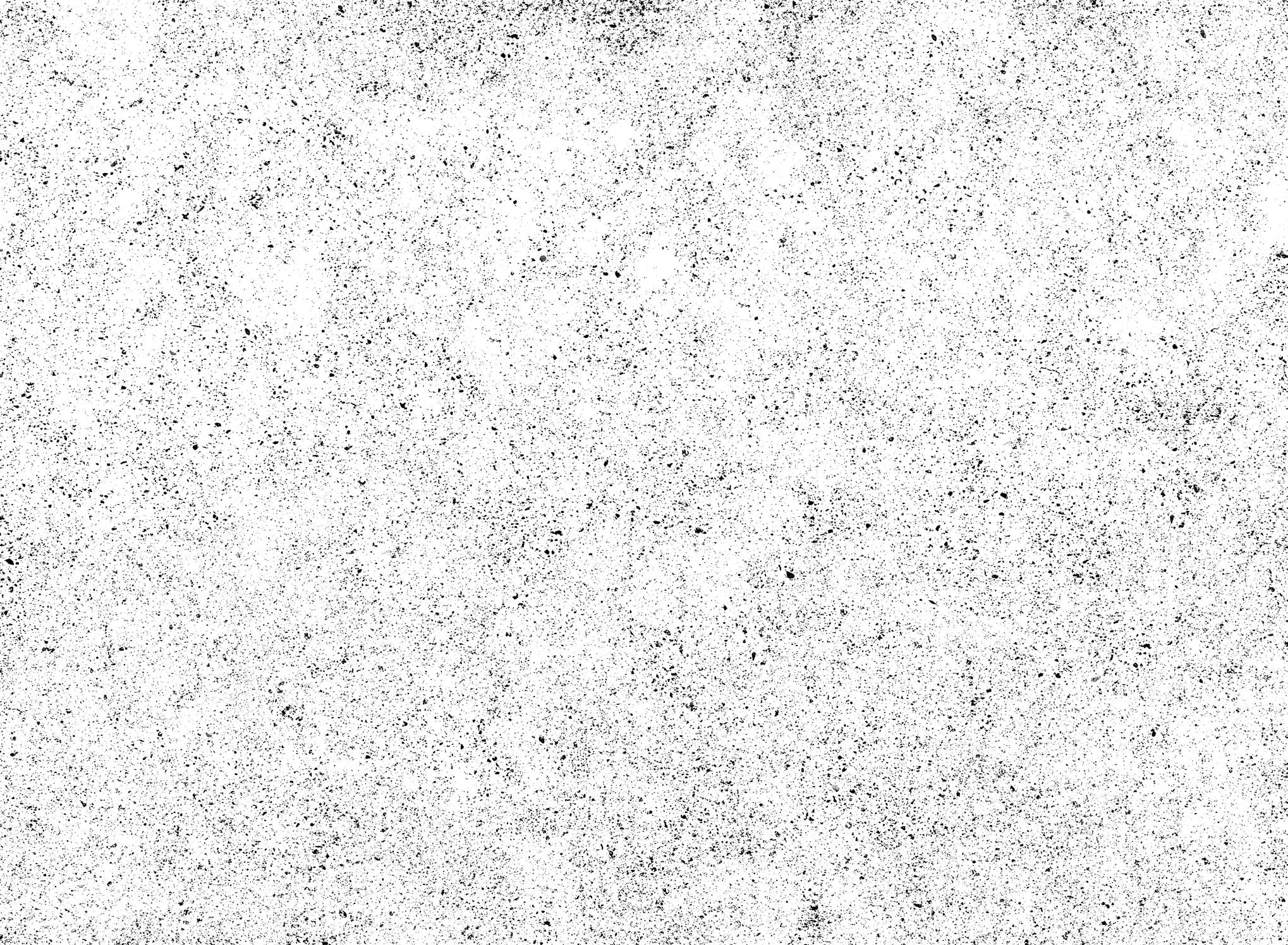



6 7 Z6 Z5 Z4 Brewed Awakening - Flat white The Menagerie - Vegan hot choccy with real chocolate flakes on top, banana bread (vegan) Gather Cafe & Bar - Southern fried chicken burger, breakfast muffin Mean Beanz - Biscoff Latte (50c off coffee for students who show ID card, skip app available) Earth & Steam - Gluten-free chocolate brownie Coco Cozy - Cozy Breakfast The Boys House of Coffe e - Cheesecak e
A B D F J R E H G Q S U V M Z C O Y X W T OLD GOV HOUSE THE CUBE THE KINDLER THEATRE QUT ART MUSEUM LIBRARY EAST LAWN KIDNEY LAWN LADY BOWEN LAWN MAIN DRIVE KENNEDY WAY NORMAN WAY LAMINGTON DRIVE The Pantry Merlo’s Coffee Raw Press Humanity Coffee Container QPOP Tea Lady Harriet’s A B D F J R E H G Q S U V M Z C O P W T OLD GOV HOUSE THE CUBE THE KINDLER THEATRE QUT ART MUSEUM LIBRARY KIDNEY LAWN LADY BOWEN LAWN MAIN DRIVE KENNEDY WAY NORMAN WAY LAMINGTON DRIVE The Bagel Boys Merlo’s Coffee Raw Press Humanity Coffee Container QPOP Tea A B D F J R H G Q S V M Z C O P W T THE CUBE THE KINDLER THEATRE LIBRARY LADY BOWEN LAWN MAIN DRIVE KENNEDY WAY NORMAN WAY LAMINGTON DRIVE The Bagel Boys Raw Press Humanity Coffee Container QPOP Tea The Pa ntry - Halloumi baguette Merlo’s Coffee - Brea kfast panini / mushroom panini for our fellow vegetarians Humanity Coffee Container - Soy iced caramel latte QUT Bookshop Cafe - Peri peri chicken roll The Bagel Boys - Bacon and egg and coffee deal Lady Harriet’s - Almond croissant and calamari salad Raw Press - Vegan dark choc chip cookie Garden's Club Cafe - Toasties including vegan seasonal vegetable toastie QPOP Tea - Feast of Peach Fruit Tea Slush Coffee Map Gardens Point COFFEE MAP Glass polled over 500 QUT students to find the best coffee on campus. We have also included recommendations from the cafes on this list. Stalkerspace Choice Editors' Choice La Boite Espresso Bar - Student deals: $4 Medium hot or iced drinks / $8 coffee and toastie Miu Tea - Brulee milk tea with pearls, lychee mixed tea Chi Cafe - Vietnamese ice coffee, bacon and egg roll Sago - Beef Noodle Soup Dan ny Boys - Half Brick Sandwich, Beef Brisket Sandwich GREY GUMS PARK Chi Cafe Sago F C W A D X K GREY GUMS PARK CAMPUS SHUTTLE Chi Cafe Sago Brewed Awakening Danny Boys Z3 Z2 Z1 Z6 Z5 Z4 Z9 Z13 F C W B A T D X K Q U Z VILLAGE CENTRE KUNDU PARK GREY GUMS PARK CAMPUS SHUTTLE Gather Cafe & Bar The Boys House of Coffee Miu Tea Chi Cafe Sago Cafe Artease Mean Beanz Earth & Steam Laboite Espresso Bar Brewed Awakening Danny Boys The Menagerie CoCozy Cafe
Kelvin Grove
Welcome to the QUT Journalism Network
Ever had this happen to you?
You’re talking to a stranger – where you’re from, where you’re working, the shows you’re watching. The usual stuff. Then the conversation turns, and you know what’s coming.
Stranger: So, what do you study?
You: Oh, I’m doing journalism –
Stranger: Yikes! That's brave, studying for a job in a dying industry.
Well, don’t stress, journalism isn’t actually dying! Instead, it's changing like any other industry does to keep up with the times, and we journalism students just have to stick together and help each other through those changes.
That’s what we are here to do!
We are the QUT Journalism Network, and we are here to connect journalism-minded students to each other and to the industry. We want to foster a community here at QUT for those interested in journalism and create opportunities for us all to get to know each other.
So, what can we do for you? QUTJN hosts various events each semester, from professional and networking events to social events to get to know your future colleagues.
University can be lonely sometimes, and QUTJN is here to help you make friends. We host coffee catch-ups every week where you can come along and just hang out with the rest of the Network, no journalism jargon needed!
If you’re looking for something a little more hard-hitting, we also host a mixer every semester, which involves a few drinks across several different venues (a pub crawl, if you will).
Here at QUTJN, we like to spread the love, so we also host events with the Journalism and Communication Society over at UQ, which are great opportunities to make friends (and importantly, prove once and for all which uni is superior).
Whilst we are a fun-loving club, we also recognise the value of professional relationships. In Semester 1 this year, we hosted a 'How to Get a Job in Broadcast' night with highly esteemed voice coach, Sally Prosser. Attendees were treated to an hour-long session with Sally where they learned everything needed to succeed in a career in broadcast, from confidence to professionalism and even voice coaching. Of course, real-world application is what we’re all about here at QUTJN, so our members put all these skills together to produce a stellar showreel to show future employees.
So, what does Semester 2 hold in store? Well, QUTJN plans to collaborate with JACS to put together a star-studded panel for their “Professional Development Evening” so you can ask all your burning questions to the best journalists in the industry. There will be another mixer for all our new members – we promise it’s unlike any pub crawl you’ve been on before. Of course, as journalists, it’s important to keep up to date with all the latest happenings around the world, so we’re planning a few trivia nights to make sure we’re keeping up. We’ll even try to make exam and assignment times fun with a collaborative sub-editing night.
There is so much to do and many people to meet, so come see what you're missing out on. You can find us on Facebook at QUT Journalism Network or @qutjournalismnetwork on Instagram.
We hope to see you at our next event ;)
Exhibitions: What’s on at the QUT
Art Galler y
OPEN NOW
Ken + Julia Yonetani: To Be Human QUT Art Muse um, Gardens Point until 23 October 2022

An awe-inspiring survey of Australian-Japanese artist duo, Ken + Julia Yonetani who question what it is to be human and our place in the interconnected ecologies of plant and animal life.
William Robinson: Nocturne William Robinson Gallery, Old Government House, Gardens Point until 11 September 2022
Take a walk on the dark side in Nocturne, an exhibition of award-winning landscape artist, William Robinson, and discover his fascination with the night sky and twilight hours.
IN SEMESTER 2
Sustainability in the House: Makers Market Old Government House, Gardens Point 23 August 2022, 9.30AM – 1.30PM
A bespoke Sustainability Week fair including artwork, fashion, jewellery, and homewares from makers who create with environmental sustainability and care.
ALWAYS FREE + ALL WELCOME
Connect with the QUT Art Museum
Instagram and Facebook @s
Stay up to date with our upcoming events and exhibitions
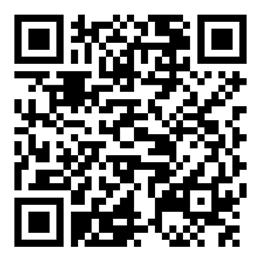
8 9
eNews
Subscribe to our
QUT ART GALLERY
Image credit: Ken + Julia YONETANI, Three Wishes 2014, glass figurine, butterfly specimen, glass dome, music box. Photo by Catherine Brossais. ©︎ Ken + Julia Yonetani. Courtesy of Mizuma Art Gallery.
QUT JOURNALISM NETWORK
EXHIBITIONS
If you’re a fan of Glass, or would like to see your work in these pages, get involved with the Glass community today!
Join the groups “Glassies” and “QUT Writers” on Facebook to be the first to see publication opportunities.

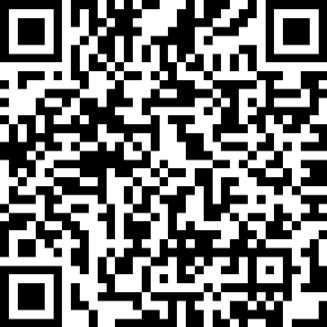
Get Involved
Club Highlights
QUT Mechanical Engineering Student Society


QUT MESS (Mechanical Engineering Student Society) is a club that brings together not just QUT engineering students (mechanical major or not!) but students across the university! Our events are planned and managed by the executive team to develop our members on a social and professional level, adding value to their university life. Some notable events provided by the team are industry networking nights, social pub-crawls and trivia nights, and academic skills workshops. We are sponsored by engineering companies that see this club's potential and the students attending our industry events. Each year we strive to innovate and evolve as a student society to not just host events but to grow as a community. So, whether you’re an engineer looking for your first step into the industry, or just someone looking for a good time, consider signing up on our website and following us on our Facebook page, search for 'QUT MESS.' Don’t hesitate to chuck us a MESSage... ;)
QUT Biological Science Society
Do you have a passion for the living world? Or maybe you are a science student looking for new opportunities or some like-minded friends? The Biological Science Society is a fresh new club focused on investigating the natural world in a safe and friendly space. We are open to all new members, whether you’re a science student or simply interested in biological sciences. We aim to kick start semester two with social workshops, weekly lunch meetups, course structure information sessions (biology major) and development/career opportunities. If you love bugs, mushrooms, plants and more, — come join us!

ScratchThat Magazine is a quarterly online publication run by QUT students. If you’ve followed the ScratchThat evolution, you’d have noticed some big changes happening pretty regularly. This is because ScratchThat has team members come and go every single semester—constantly passing the torch over to emerging creatives who get to experience what it's like to work for a publication.
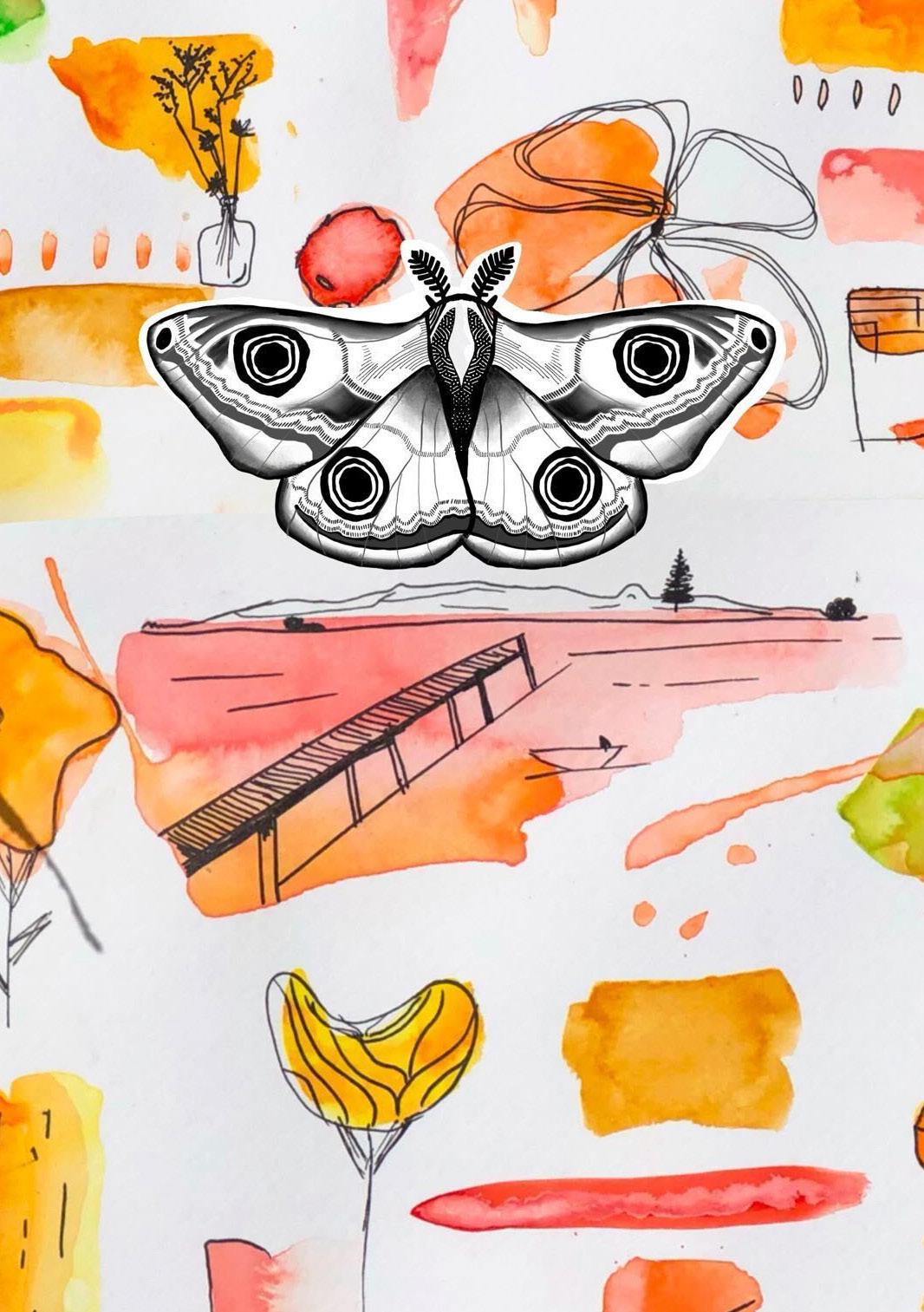
From Issues #1 to #9, ScratchThat expanded to encompass more and more creative styles to capture the hearts of more and more lovers of art. Our final issue of last semester included the grand unveiling of our latest printed zine. This zine was an extra-special director’s cut of our take on the current era of ScratchThat.
We can’t wait to see what this semester’s team will produce. Follow ScratchThat at @scratchthat.mag for updates on our weekly features, podcasts, newsletter updates, submission openings, event details, and more.
Yours truly,
ScratchThat Editorial Board
scratchthatmagazine.com
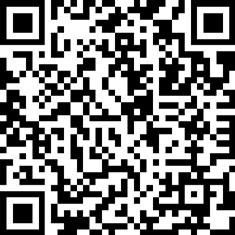
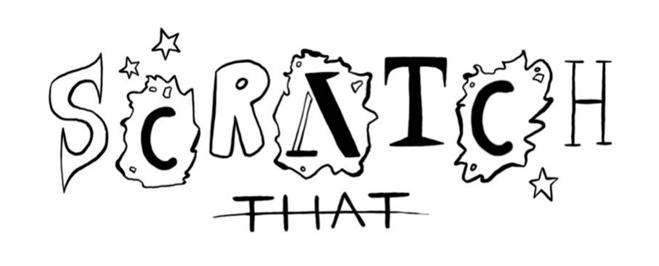
10
Glass online at qutglass.com Follow us @qutglass Subscribe to our newsletter
Visit
11 CLUB HIGHLIGHTS
In Living Memory
The car rolled to a stop and Dad sucked in a breath.
‘It’s gone,’ he said. ‘It used to be a corner store.’ He pointed to a car sales yard. ‘We used to stop there for ice-cream on the way home, remember kids?’
My brother, Ben, peered outside. I glanced back at my phone.
‘I remember leaving a toy behind one time, I think,’ Ben replied.
Mum turned in her seat and I glanced up in time to see her smile at him.
'That’s right,' she said. ‘You screamed bloody murder until we promised to go back.’
Ben smiled one of his crooked smiles. He only did those when he was proud of himself.
‘We’re almost there,’ Dad said as the light turned green.
My phone buzzed. Cami again.
It was a picture of her and Alyssa, pilfered beers in hand, sunnies on, smiles wide, floating on giant rubber donuts in Cami’s parents’ pool.
My jaw clenched. I could be there right now. Instead, my butt was numb, and my ankles ached from the limited leg space. Guilt settled in my chest at the thought, but it’s not like I knew either of my grandparents. I’d just be in the way.
My grandmother's funeral was a week ago, and I’d met more family members there than I knew existed. Yet a sense of vague recognition had ebbed and flowed as I’d examined the grief-stricken faces, all grouped together in hushed conversations.
At the end a man came up to Dad. They’d shaken hands. Exchanged words. There was a coldness to their condolences, as if they’d each lost something separate. That’s when they’d arranged today’s trip. The man had said what day he’d be here and Dad had picked another. Mum told us later the man was Dad’s brother.
We had arrived. Dad parked on the street. Dry heat pushed against my skin as we piled out of the car. I glanced back inside longingly.
‘Why didn’t we visit more?’ Ben asked. Loose pebbles crunched under our feet in the driveway.
Rust flaked as Dad lifted the metal latch on the front gate. I followed my family through a garden arbour, ducking beneath an intricate web where a golden orb wobbled. The front garden overflowed with green and brown, dead leaves collecting in decomposing piles. We weaved through vines and leafy branches that reached down in tangled knots from hanging pots. I resisted the urge to brush my hair and neck for phantom spiders.
Dad knocked and the door swung open. He called out but no one answered.
‘He’s probably out the back,’ he reasoned to Mum. We walked inside. The door shut behind me on creaking hinges.
The air smelled of stale cigarettes and potpourri.
Ben followed Dad, and Mum placed her bag on the kitchen table. She separated the maroon drapes in the living room. Agitated by our movements, dust motes whizzed in the air. Mum turned a dial and the fan above the lounge shuddered and began turning.
‘Oh,’ she said, looking over my shoulder. I twisted. Dishes overflowed from the kitchen sink and food, left out to defrost, had started leaking onto the bench and growing furry spots. Mum found a plastic bin and started throwing things away.
I shifted from one foot to the other, standing under the fan as it pushed hot air around the room, ticking with every rotation.
Mum spoke as water sputtered from the faucet. ‘Becca, there should be a feather duster hanging in the cupboard.’
‘Which cupboard? There’s like a hundred.’
‘The one in the hallway.’
The hallway walls were lined with paintings of sprawling landscapes and forest animals. In the living room, photos were stacked haphazardly like dominos on every surface. Each had a different frame. Silver, wood, plain, patterned–even those free-standing ones where the photo slipped between layers of clear plastic.
As I dusted, I recognised some of the faces in the pictures from the funeral. Younger versions. Blonder. Thinner. My hand froze over a picture of Ben and me. He was missing a front tooth and I was wearing a green ribbon in my hair.
The green ribbon tugged at my mind, like a plucked string.
It was taken at a wedding reception; I think one of my aunts’. All the kids had played together, our bodies buzzing after gorging ourselves on sweets and cake.
The faces in the memory were blurry, but I knew some of them had to have been my cousins. I searched the faces as I dusted, hoping for another vibration from that pulled string.
My lips twitched when I came across a grainy black and white picture of Dad. He wore shorts, exposing knobbly knees. He looked so much like Ben.
I took out my phone and snapped a picture. I’d never seen a photo of Dad so young. I wondered if there were more, tucked away in thick albums with yellowing plastic, pages sticking together with age.
I noticed several dust-free items around the room. The TV remote. The lamp beside the recliner. A stack of magazines on the coffee table. And a collection of photos in the corner, of the same woman, captured at various stages of her life. Youthful with full lips and freckles that stood out starkly against pale skin, just like me. Then sallow-cheeked with thinning hair and crow’s feet.
I ventured further into the house, observations plucking at that string. An old metal tin full of colouring pencils. The tinkling of wind chimes. The lingering scent of cigarettes and mothballs. A fraying blue and green rug. A collection of china teacups painted with soft purple pansies. The soft ticking of a grandfather clock.
As I dusted the lazy Susan on the dining room table, I noticed a deep scratch in the dark wood. I traced the curved line, like an L , as a woman’s laughter echoed in my mind.
Ben had done that. He’d dumped garden tools on the table. Mum had roused him for the damage, but a tiny Ben had calmly reasoned it wasn’t that bad, because it looked like the first letter of grandma’s name. Lil.
The front door opened. My grandfather came inside. He looked how I imagined Dad would look if you fast-forwarded a couple of decades while he stood in the sun.
He looked from me to Mum, who’d come out from the
kitchen. Then he shuffled down the hall.
Dad and Ben came inside a few seconds later. Ben had a strange look on his face, like he used to get when he was little, and a storm came late at night. At the first rumble of thunder he would appear in my doorway, his bear clutched in a white-knuckled grip.
‘Timothy,’ my grandfather shouted from down the hall. Dad’s face fell, his shoulders dropping. I felt a lump rise in my throat as my grandfather called my uncle's name again. ‘Timothy, I’ve lost Lil. She’s hiding somewhere.’
My grandfather re-entered the room and walked towards Dad.
‘Don’t just stand there. Help me look.’
Dad took a deep breath and placed a hand on his father’s shoulder. He turned him towards an olive-coloured urn that sat on a shelf in the dining room. It didn’t need dusting. My grandfather stared at the urn for a few seconds. Then he left out the front.
Did Dad know? Or had he found out today when he returned home after so many years?
Dad went out the front too and Ben, after glancing at the urn, walked briskly down the hallway. Mum returned to the dishes.
I stood still, twisting the feather duster between my fingers.
‘Is there anything else I can do?’ I asked. Mum nodded and pointed to a bulging black rubbish bag she’d tied off and left on the floor. I picked it up, heading out the front.
Dad was in the garden, explaining to his father that most of the plants had died. He said the weeds strangled them. He said some were okay though, and we could leave them if he wanted.
My grandfather’s eyebrows creased as he gazed around the garden.
‘I’m not sure,’ he said. ‘I’d best check with Lil.’ The hinges screeched as he went back inside.
Dad’s eyes lingered after his father, and my stomach lurched at the sadness etching lines onto his face. He noticed me and then the rubbish bag. He cleared his throat.
‘Here, I’ll show you,’ he offered.
‘That’s okay,’ I said, readjusting my grip. I smiled and, in my head, it looked like one of Ben’s crooked ones. ‘I remember the way.’
12 13
NICOLE JACOBSON FOR SCRATCHTHAT
MEMOIR
What Does Cheating Say About You as a Person?
We’ve all had those moments of desperation when we just don’t know what to do or where to begin, when we delve deeper and question ourselves.
Am I a good person?
Is this the path I wish to lead?
What led me to this moment? Copy and pasting a few words more than what’s acceptable? Clicking a Facebook link for academic help?
So, what do you do? Do you go with the flow and hope for the best? Do you chalk it up as a failure and just move on? Do you sit there, anxiety riddled that someone would find out? How do you unravel the tangle of mess you’ve gotten into?
We’ve put together a quick step by step to get you through.
1. What has happened?
Has your tutor or unit coordinator notified you about a potential misconduct? This is the beginning of the Academic Misconduct process. This will usually be called an Authentication of Learning meeting (or AOL for short). Remember, it is your responsibility to uphold the Student Code of Conduct and uphold the principles of Academic Integrity (Google QUT MOPP Student Code of Conduct).
2. Get help
Know you’re not alone in this. The Guild Advocacy team can help guide you through this process
Email: advocacy@qutguild.com
Phone: 3138 1683 (GP) | 3138 2349 (KG)

Address:
QUT Gardens Point Campus, X Block, Level 2, Room X206
QUT Kelvin Grove Campus, C Block, Level 4, Room 404
Opening Hours: Monday to Friday, 9am to 4pm
3.
Respond to your tutor or unit coordinator
Your tutor or unit coordinator should always invite you to respond to a query about your work and if they don’t, make sure you open the lines of communication.
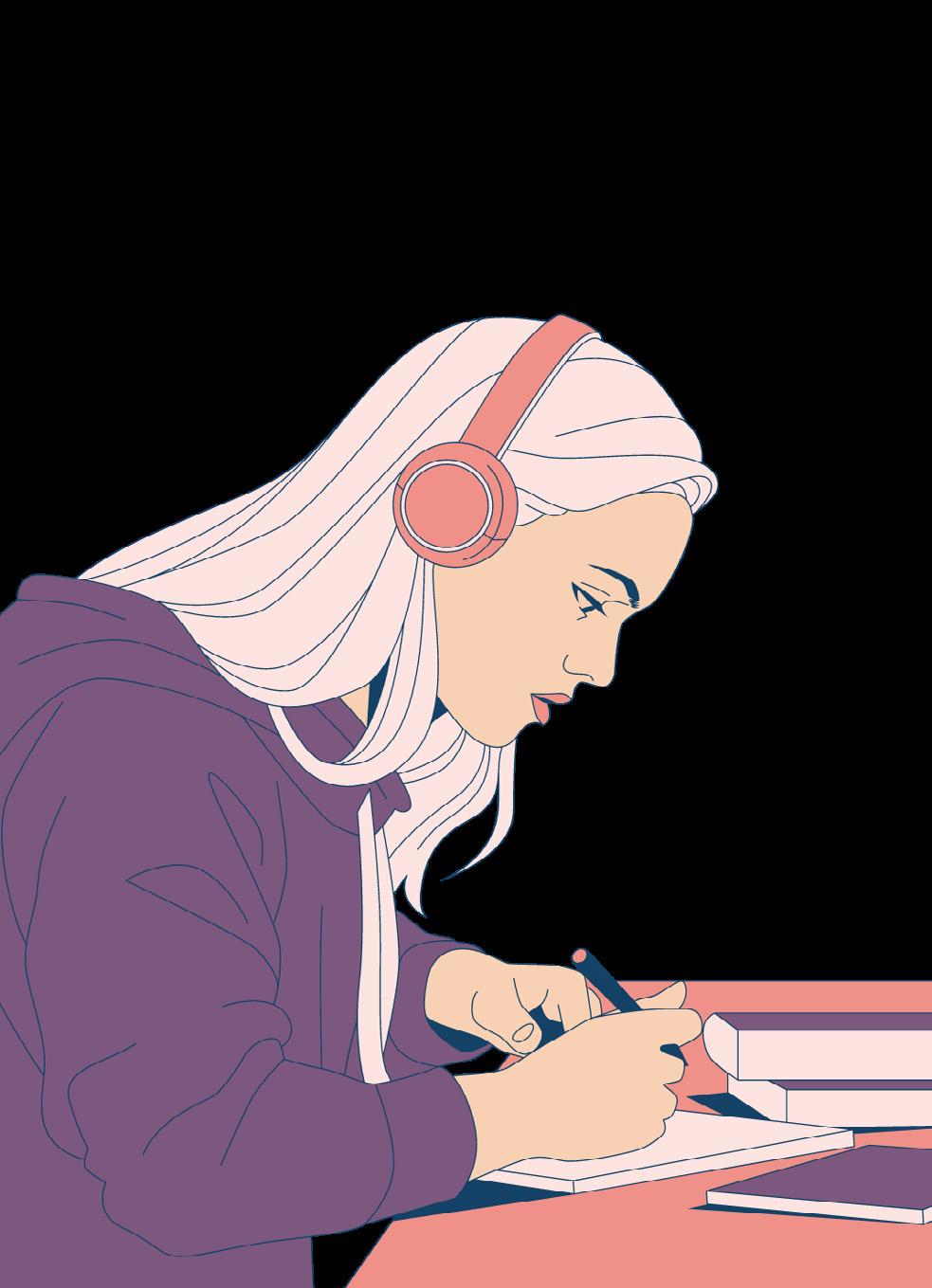
4. Thoroughly read through the decision outcome
Your letter will explain the breach of academic integrity. Take note of any appeal related dates and penalty matrix.
5. Know your appeal rights
One of the processes for Academic Misconduct is providing students with the opportunity to appeal, explain what happened and if you feel the penalty is not fair.
6. Complete your sanctions
A decision has been made and it may not have gone the exact way you were hoping for, however don’t give up, follow the directions in your letter and ask questions if you have them.
7.
Find a solution
The Academic Misconduct processes are put in place to keep students accountable. Use the opportunity to grow from this experience. What are your core values? What are your future goals? Whether you found the experience negative or positive, what can you learn from it now? Remember, help seeking strategies you can use in the future include:
• Academic Help workshops in the library
• Time management. Consider a reduction in your work hours, or apply for an Access Equity Plan.
• Seek personal & financial support. Consider counselling or the Student Guild’s foodbank and transport assistance.
If you find yourself in a pickle, know that there have been people before you who went through this, and there will be people after you that go through it too.
New Students Will Lose HECS if They Fail 50% of their Classes
TOM LOUDON
New students starting university in 2022 will potentially lose their HECS-HELP loan assistance if they fail half of their classes.
New laws passed under the Job Ready Graduates scheme in 2020 have been enacted this year. They will begin to impact students’ ability to receive government assistance for their studies after this semester.
Under the new laws, any student who fails 50% of at least eight degree subjects will lose funding access and have to pay future fees upfront.
Students can potentially maintain their place if they have a “justifiable reason” for failing their classes or can transfer to a different degree.
The decision has drawn the ire of student advocacy groups, with the advocacy group End Rape on Campus Australia noting that students who have been victims of sexual violence are more likely to fail at least half of the courses they take following their assault.
The National Union of Students described the scheme as “pay-to-play”, with student contributions rising significantly in the past several years.
QUT Student Guild President Oscar Davison has criticised the scheme, saying it will likely lead to a decrease in diversity in universities.
'The Job Ready Graduates schemes create significant barriers to education for many,’ Davison said.
'This legislation is essentially a mechanism to prevent certain individuals from accessing higher education.
'Nearly 90% of university students access HECS-HELP loans to study.
'The cost of higher education is already prohibitive for many, and HECS is the only way many students, especially those from low socioeconomic backgrounds, can access higher education.
'The Job Ready Graduates scheme allows the Government to turn to an already struggling student and say, “we do not support your learning.”'
The new Labor government has promised to establish an Australian Universities Accord to achieve lasting reform in universities and deliver accessibility, affordability, quality, and sustainability to the sector.
Glass reached out to Federal Minister for Education, Jason Clare, to clarify how this Accord will impact the Job Ready Graduates scheme but has not received a reply.
Students concerned they may be affected by the new rules should contact QUT Student Guild Academic Advocacy.
Academic Advocacy Phone: 3138 1683 (GP) | 3138 2349 (KG) Email: advocacy@qutguild.com
This piece was originally published on qutglass.com
14 15
EMMA SURMAN, QUT GUILD ACADEMIC ADVOCACY
15 NEWS EXPLAINER
Cooking a Crumble With Tiana Bryce
ELLA BRUMM
When we landed on Crumble for this issue, I knew we needed a recipe. The only problem is, I hate cooking. I don’t mean I just dislike it; I vehemently hate cooking with a passion, and if there was any other way I could sustain life without cooking food, I would. I’ve never related to a character more than when Captain Raymond Holt said on Brooklyn Nine-Nine that he eats for sustenance, and sustenance alone. If only Coles or Woolworths stocked those nutrition bricks.
On the other hand, Tiana Bryce, creator of the Snackish Instagram page, deeply loves cooking and baking. What better way to include an apple crumble recipe in Glass, than one I don’t have to cook, but can still taste the final product and enjoy Tiana’s warm, bubbly company?
Tiana welcomed me into her home one Saturday morning to “help” with the apple crumble recipe. I knocked on the wooden door and heard her excited ‘coming!’ in response. The door swung open to reveal Tiana – warm smile and arms wide open. Her place emanates life, warmth, and character. Feminist posters, some created by Tiana herself, don the walls of her share-house. A small copper bar cart is nestled in the corner with pink candles, cocktail attire, and recipe books perched atop. During my visit, orange and red paper streamers were strewn across the top of a decommissioned fireplace – Tiana and her roommates put them there before a housewarming.
Tiana led me to a small round table in the living room, where she prefers to cook with friends over the kitchen. Despite not being gluten-free or strictly vegan herself, Tiana went out of her way to secure special ingredients for a gluten-free, vegan apple crumble, so I could enjoy it too. The table was dressed with glass bowls full of sugar, glutenfree flour, cinnamon, and large red apples. It resembled the all too familiar Facebook videos of supposedly quick and easy recipes I am constantly being sucked into watching for 15 minutes at a time. But Tiana’s recipe was actually quick and easy.
I peeled the apples, my one and only responsibility. I watched in awe as she tossed ingredients into the mixing bowl to create the crust of the crumble. Tiana is not one to be restricted by a recipe.
‘Cooking is almost like a problem, and I want to find the solution for it,’ Tiana told me when I asked what draws her to cooking.
As she altered the crust, balancing the amount of flour with softened vegan butter, she talked about where her passion for food began.
‘I’ve always been vegetarian or vegan on and off through high school, and my parents didn’t know how to cook that kind of food, so I was forced to learn.’
'Ever since I can remember, I always really liked watching cooking shows growing up, you know when you’re away from school sick, and there’s nothing else on TV during the day? I just always really liked them.’
Tiana reminisces about how she used to plan menus and play ‘cafe’ with her childhood best friend, the way some kids made plays or performed dance numbers for their parents.
‘My best friend’s mum always encouraged us to cook. So, I’d go over to her house, spend all night planning a menu for the next day, and cook for everyone. It was really fun!’
From there, Tiana’s passion for cooking was strengthened, and she wanted to prove a point: that vegan and vegetarian food could not just be as good as its meat and dairy counterparts, but better.
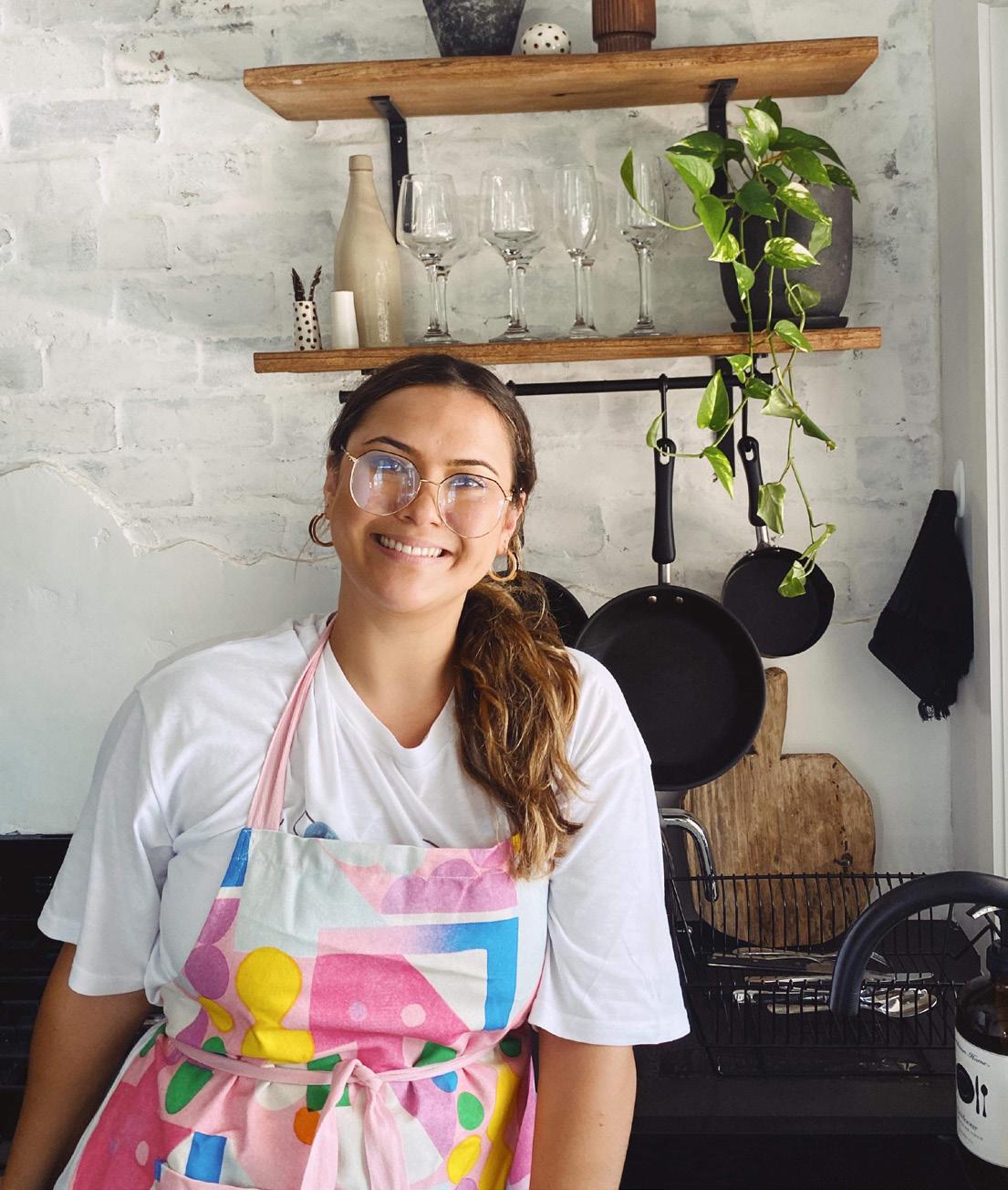
‘Once I started cooking a lot of vegan food, it allowed me to experiment more with it. I wanted to show that vegan food is just as good, so I’d take vegan dishes I’d made to parties to try and subtlety influence my friends.’
Growing up in a Samoan family, meat was always a staple for Tiana’s family meals and gatherings. According to Tiana, her dad can cook some nice meals, though they’re very meat centric. Despite this, she manages on occasion to trick her dad into believing vegan meat is real meat.
‘I’ve been able to fool him with a lot of vegan meat. He’ll say how delicious a meal I made was but will preface it by saying it would be even better with some meat in it. So, a few times, I’ve made similar dishes and put vegan meat in with it, and he’d go, "See, this is what I told you! And it’s so much better with the meat."
While the crumble cooled briefly, Tiana whipped up a butterscotch sauce and moulded vegan vanilla ice cream into balls.
You couldn’t tell the final product was gluten-free and vegan. The ten-minute dessert tasted like it had been carefully cultivated over hours.
I took the rest of the crumble home and finished it that night. Tiana has an undeniable talent for cooking.
Gluten-Free Vegan Apple Crumble
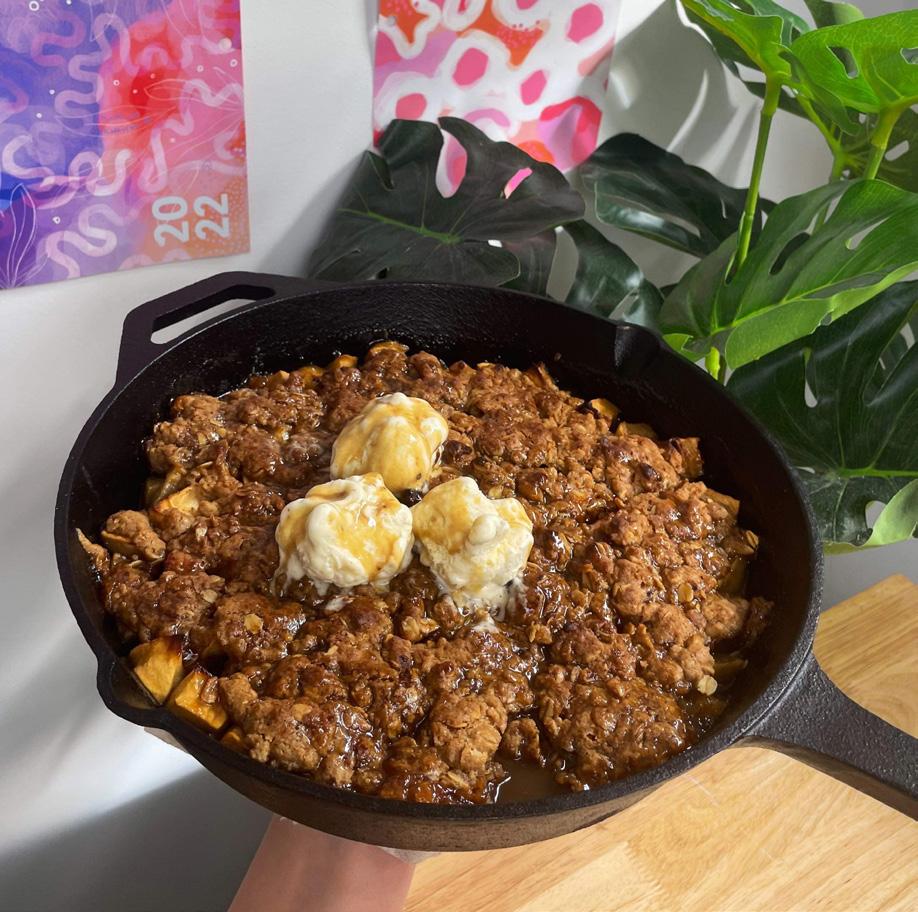
Ingredients:
Filling ingredients
8 large apples, peeled and chopped into inch cubes
One teaspoon cinnamon
Two tablespoons dark brown sugar
One pinch salt
Juice of half a lemon
One teaspoon vanilla essence
One tablespoon gluten-free flour
Crumble ingredients
1 cup gluten-free flour
1 cup gluten-free oats
1 cup dark brown sugar
1/2 cup Nuttelex
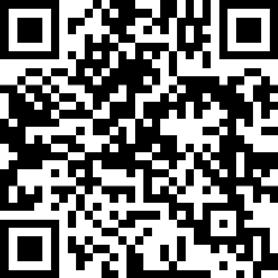
Method:
1. Combine the filling ingredients together and place into a large cake pan or ceramic pie dish.
2. Mix the flour, oats and brown sugar together into one bowl and mix until well combined.
3. Fold the Nuttelex into the rest of the ingredients until it comes together.
*It shouldn’t be too greasy and should be able to clump into balls.
4. Place crumble in heaps on top of the filling.
5. Bake at 180 degrees fan forced, uncovered, for 40 minutes.
16 17
RECIPE
This piece was originally published on qutglass.com
If you were to Google “teacher crisis” at the time of writing, here’s what you’d find:
Covid and schools: we're heading into a teacher shortage crisis – The University of Sydney
Queensland teacher shortage reaching 'crisis point’ – The ABC
Australia's teacher shortage crisis must be an election priority – The Educator Australia
These headlines have become a familiar part of our news cycle. University studies, think pieces, and newspaper headlines all agree on one thing: there aren’t enough teachers, and the problem is worsening rapidly. In the face of this, one might wonder why there aren’t enough teachers. There appears to be a lack of supply and mounting
demand, and this supply problem is multifaceted. Teachers are leaving the profession in droves, and there simply aren’t enough graduate teachers to fill the gaps.
Why are teachers leaving? And why aren’t there enough graduates? These are both formidable, looming questions – but if you asked your average Queensland education student what their biggest obstacle to graduating was last month, they might have replied with Well, for starters I’m struggling to pay my rent because I’m halfway through a month of unpaid placement. I know I would have.
My peers and I are what universities optimistically refer to as “pre-service” teachers – in other words, education students. The optimism here springs from the assumption that those studying teaching will naturally become teachers. According to evidence, this assumption is wrong.
A recent study by Associate Professor Rachel Wilson of The University of Sydney found that of undergraduates who had entered a teaching qualification in 2012, only 51% managed to complete the program by 2018. In other words, half of the potential teachers dropped out or postponed their studies – and this is pre-pandemic. The report also found that although the number of students entering undergraduate programs per year has grown considerably, the number completing these programs has actually fallen. The report lists several possible reasons for these worrying trends but misses one glaring problem that education students deal with every year: vocational placement, the months of unpaid labour mandated by teaching organisations across Australia.
Student teachers in Queensland must undertake between 60 and 80 days of placement to finish their qualification. This experience is described by the Fair Work Act 2009 as ‘lawfully unpaid’, an impressively innocuous term that obscures a big problem: unpaid placements mean fewer graduate teachers.
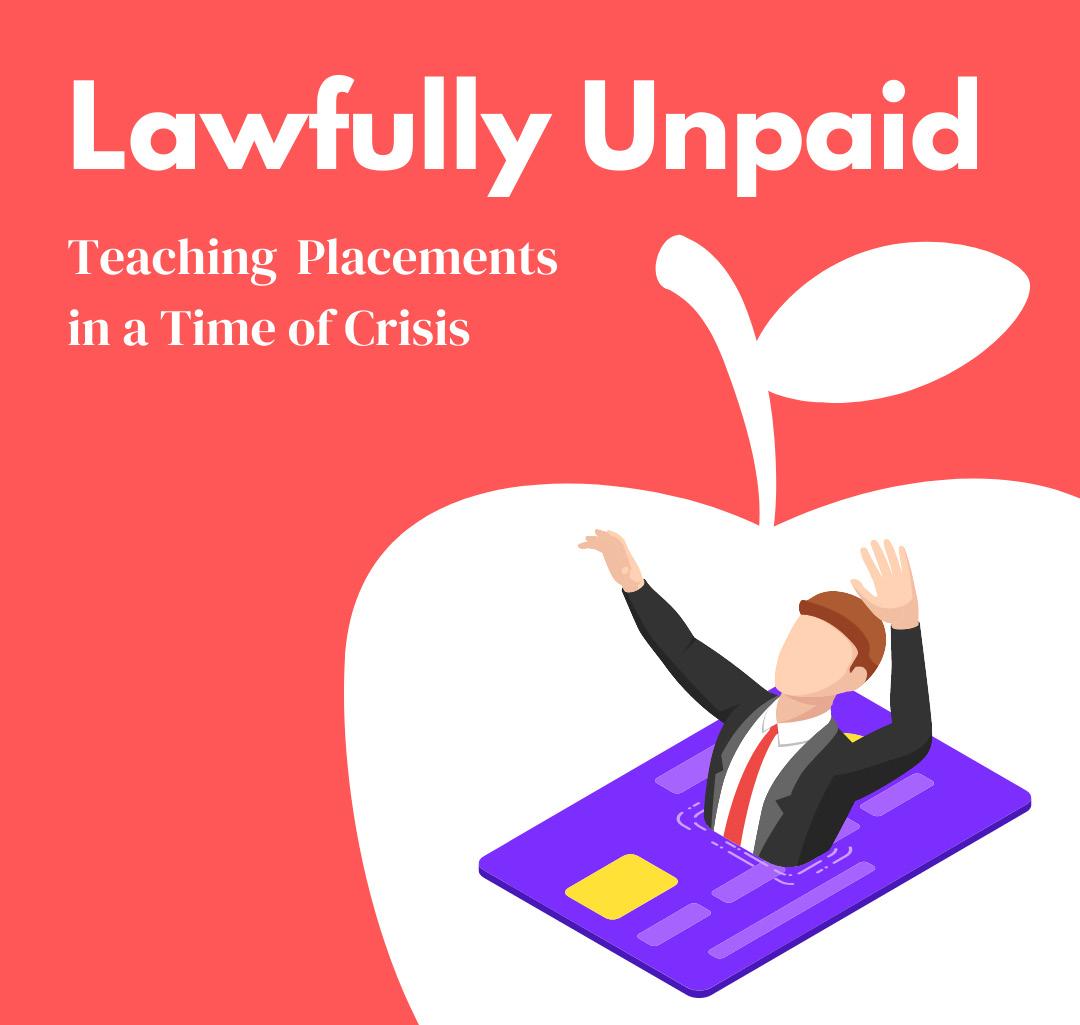
My cohort and I have completed two placements, and each time have re-assembled afterwards to fewer faces. This can be partially attributed to the realities of the profession being experienced by students for the first time. However, all you have to do is listen to the classroom conversations to realise that this is far from the only problem. Students trade stories of financial hardship and stress, and many question whether the sacrifice is worth it – particularly for a profession with such a high burnout rate.
Before our cohort’s first placement, we had an information lecture offered to potential teachers, informing them of the realities we were to expect from the experience. Long hours, emotional exhaustion, the reality of giving up months’ worth of wages, financial security, and even job security. After all, casual jobs are under no obligation to keep a staff member who needs to take a month or more of leave. With Centrelink payments for students still below the poverty line, daily living becomes a struggle. Memorably, one of the speakers described her time on placement as ‘a breakdown every day.’
Many industries that feed into private employment have options to work around unpaid placements. William Leach, a professional engineer, commented that his alma mater "has a requirement of three months of work experience, and it's paid. There are more hoops to jump through to get an unpaid position funnily enough." Alani Tenaglia faced a similar situation in her law degree: "To practice law, you need to undertake 75 days of placement, or 15 days and an additional course. You’re not inherently paid to complete placement, but if you are working in a particular type of
legal role, you can claim your work as your placement." These options are not open to Education students.
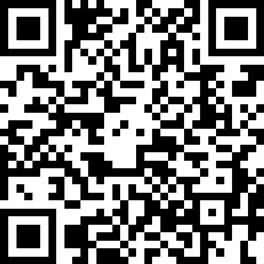
Teaching is a public service – often described as not just a job, but a calling. Somewhere along the line, Australia decided it would not only charge tens of thousands of dollars to perform this act of public service, but also force them to give up wages and job security to complete lengthy, challenging placements. This indicates an utterly stunning disrespect for a critical industry that’s become typical of neo-liberal trending governance in Australia.
These placements are just one of the many barriers keeping potential teachers out of education. There are overstocked classrooms, a lack of support for new teachers, meagre salary progression, and staggering workload expectations. But rarely is a problem so obvious and solvable as the problem of unpaid placements.
Any English teacher worth their salt will tell you that an effective way to end a persuasive essay is with a call to action or concluding statement. The obvious fit for this article would be 'we need to pay pre-service teachers for vocational placements.' However, this is one facet of a broader problem. There is a much more important statement to be made here: we need to start treating our critical industries like they are valued by Australian society.
Teachers in this country feel disrespected and burnt out. Education students feel like martyrs struggling against the odds. The cost of living is rising daily, and there is less incentive than ever before to become a professional working in education. There is no one simple fix to these problems, but a good start might be allowing our potential teachers a living wage while learning how to shape our society’s future.
This piece was originally published on qutglass.com
18 19
HARRY GEORGE WALLACE
OPINION
A GLASSIE'S GUIDE TO
‘That bastard !’
This is the sound of my mother, a few champagnes in at my cousin’s wedding, learning about my friend Nadia’s recent breakup. I giggled as people around us turned to see what had happened to make my mother gasp. My mother was outraged to hear about how Nadia’s ex had treated her in the dying days of their four-year relationship.
I was outraged too. But as a writer, every heartbreak strewn across my path is an opportunity. And this was a juicy one.
THE GOSS: Nadia’s long-term boyfriend had been coy about moving in together. She was more than ready for it, he was not. Then, Nadia got one of those messages no-one wants to see ping into their inbox. Hey Nadia, I’m really sorry to tell you this…
The Bastard had been talking to someone else. The Bastard had been on a date with someone else.
It was over. Well and truly. And though Nadia knew that it was for the best, she couldn’t help but feel entirely broken and lost in the wake of the breakup.
I caught up with Nadia earlier this week to chat heartbreak, healing, and how to put yourself back together in four steps.
Understand Why Heartbreak Hurts
This first tip is my own. In the wake of my first breakup, I watched a 12-minute TedTalk called How to Fix a Broken Heart. It might sound cheesy, but it was methodical and logical and exactly what I needed to understand what I was going through.

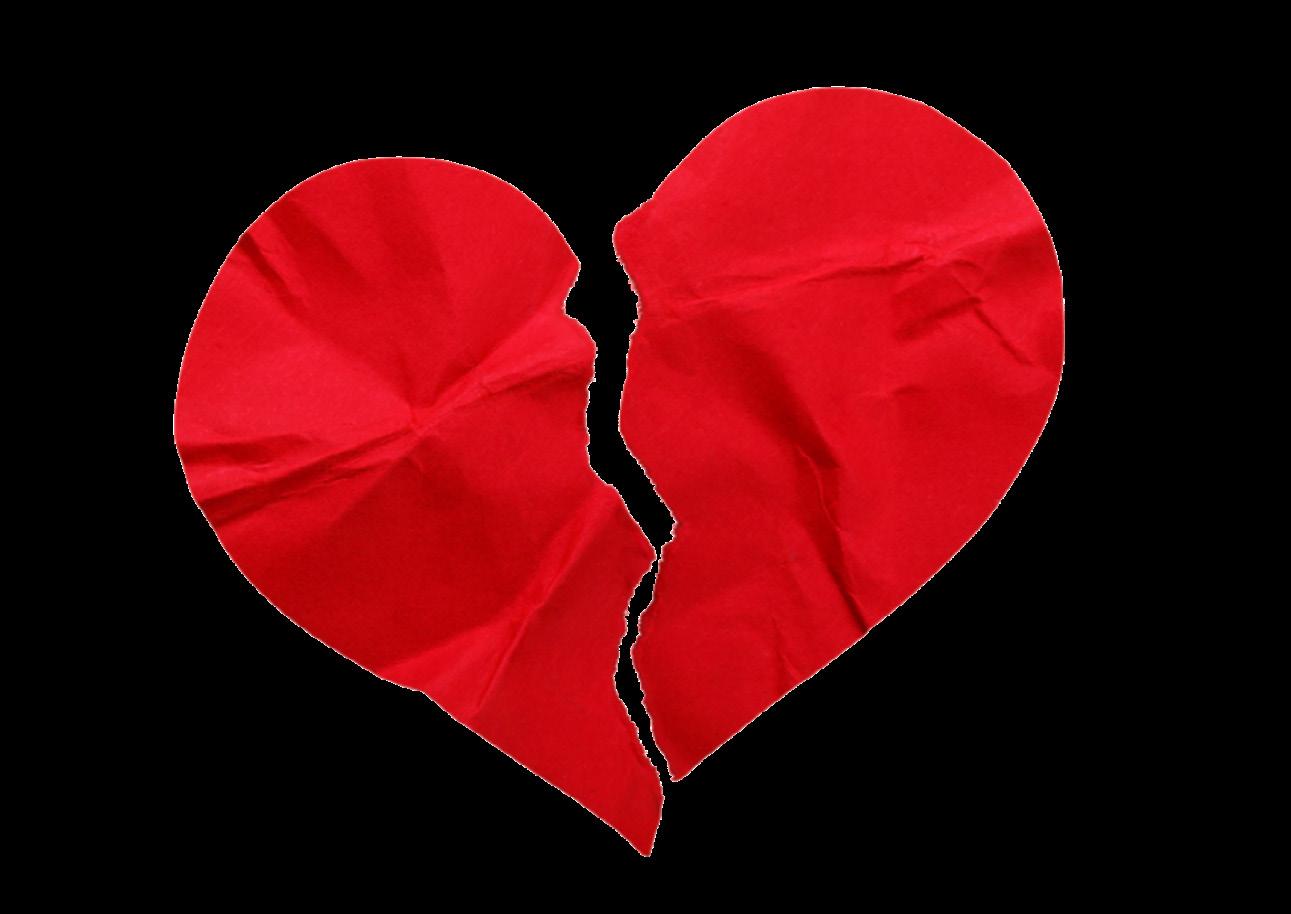
In the talk, psychologist Guy Winch explains that to your brain, being in love is like being on drugs. It activates similar pathways and produces similar chemicals. So, a breakup is a withdrawal from a drug, and reminiscing on happier days with your ex is just your brain trying to get its fix.
Something that helped both Nadia and me after our recent breakups was making a list of all the reasons our previous partners weren’t right for us. Mine included small things like the fact that he slept with no doona cover (gross) and bigger things, like the fact that our moral compasses didn’t really align.
Nadia made her list mentally. I wrote mine down, took a picture of it, and carried it with me wherever I went.
Whenever I started to feel a bit sad and reminisce about the sweet parts of the failed relationship, I would get out the list and remind myself what it was really like to sleep with no doona cover night after night.
I even read out the list to my friends. It was cathartic on so many levels to talk candidly about the relationship and laugh about it with people who loved me.
Change Their Name on Your Phone
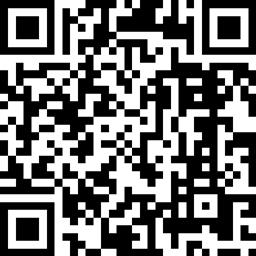
During my most recent breakup earlier this year, my friend Ash turned to me and said, ‘Ciaran, that man has the emotional maturity of a pair of kitchen scissors.’
I decided this would be a perfect moniker for the said man and promptly changed his name in my phone to ‘Kitchen Scissors’, complete with a scissor emoji. It worked exactly as intended – each time he texted me, or I went to text him, I would be reminded of exactly why we weren’t right for each other.
I’ve also seen people on TikTok doing this in a different way – each time you end things with someone, you ‘add them to the graveyard’ in your contacts by changing their name to a solitary headstone emoji.
This tip works best if you primarily message someone through text messages. You could also do this through messenger, but the person will be able to see that you’ve changed their name. Which could be a good thing or a bad thing. Up to you, Glassies.
Give Yourself a Little Grace
Heartbreak hurts. It really does. Let yourself fall in a heap occasionally, if that’s what you need. Give yourself grace. Maybe even share your heartbreak with someone – I can almost guarantee you the person you share your story with will understand, and will likely have experienced that same thing.
My friend Nadia is doing well. She'll be living in London by the time this issue goes to print (!), is looking hot AF, and even managed to pick up a cute new guy at Maya Mexican a few weekends ago. She’ll be more than fine. I know it. And you will too, Glassies.
Keep Busy, Biatch
Keeping yourself occupied is important on so many levels. This was one of Nadia’s key strategies in the wake of her breakup. She mentioned how so much of the pain of a breakup is manifested in a really sudden shift in routine – you’re no longer texting that special someone when you wake up or before you go to bed. Your weekends look different, your bed might be colder.
Nadia used all of her extra time to read. She read and read like she’d never done before. She spent time with the friends she’d neglected while in the relationship. She daydreamed about her future.
I think the key here is to add things to your life (‘fill the void’, as Nadia said). Breakups can leave a gaping hole, but holes can be filled pretty darn easily with a bit of creativity and imagination.
20 21
EXPLAINER
This piece was originally published on qutglass.com
Where Are All the Moonwomen?
ANNA HOLMES
Note: inspired and based on the research on the 74th edition of the Griffith Review.
When man first landed on the moon, the world watched. Generations after can still recognise the first words Neil Armstrong spoke as he became a “moonwalker”.
‘One small step for man, one giant leap for mankind.’
I wonder, what will it be like for the first female astronaut to step foot on the moon? I have some theories. I can imagine that the first footprint of a moonwoman will become a similarly celebrated icon as her male counterpart. I imagine the male crew will have been instructed to let her go first, a gesture to prove chivalry isn’t dead. I imagine her having to think carefully about her first words, as they will resonate for generations into the future. Neil Armstrong got to choose his ‘one small step’ spiel. I wonder if they
would let our first female moonwalker choose her words or if she’ll have an advisory council behind the matter. I imagine her standing there, still for a few moments before she carefully steps onto the moon. The rest of the crew will be tasked with taking photographs of her. Social media will repeat her words and circulate her image endlessly. There will be a camera rolling, sending a live transmission back to Earth for those of us who have waited for this moment for all too long, to watch and listen.
The Apollo 11 astronauts had an audience of 600 million people. I wonder if this moonwoman will have an audience the same size. There are nearly four billion women on Earth – will they all watch? And for each of these women, they have a father, brother, partner, son, uncle, friends … will they all watch too? Or will her audience dismiss her as a hoax, her life-changing journey a stunt – just as Valentina
Tereshkova was called when she became the first woman to leave Earth in 1963, six years before a man went to the moon.
When she returns, she’ll be a hero – a heroine – right? And she’ll be a media sensation, famous enough to be invited to the Met Gala. When she returns, she’ll be the new it girl, the one Jimmy Falon and the likes of him will be interviewing. Will she be asked different questions from her male counterparts?
Were there mirrors in the spacecraft for you to do your hair in?
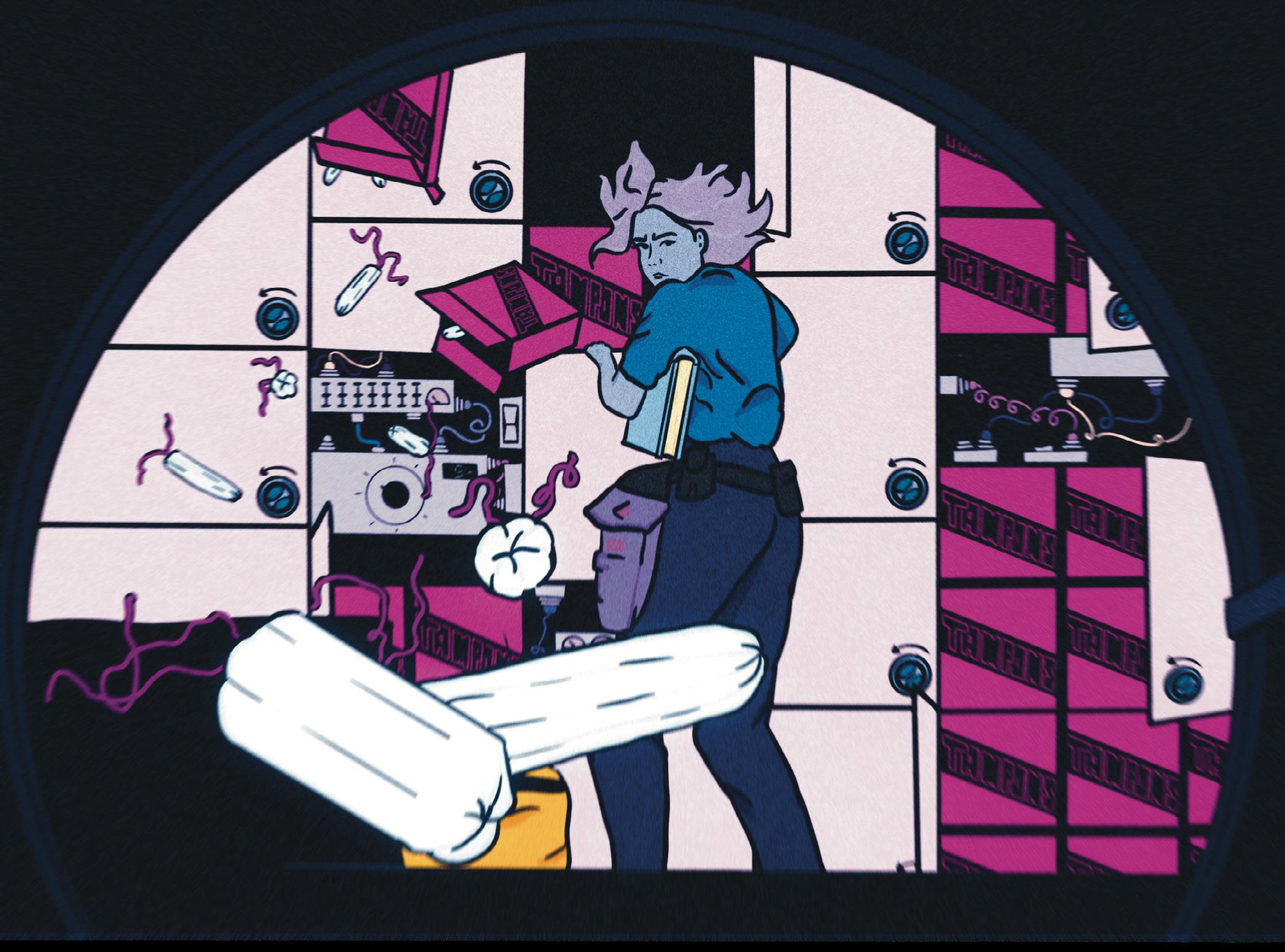
How do you balance work and family?
Who was looking after your children?
Why don’t you have any children?
We can imagine the responses. The feminist outrage on the socials.
I wonder in what ways she will be changed by the experience. Many cultures have believed that women have long been governed by the moon, our menstrual cycles linked to waxing and waning. If so, will she have her period the whole time she’s there, or will she turn into a werewolf?
Now, I do not purport to know the full scientific context as to why there hasn’t been a woman on the moon. However, it may have something to do with how some of humanity's greatest minds not knowing how periods work – NASA engineers literally offered astronaut Sally Ride 100 tampons for a 7-day space mission.
It may also have something to do with the blatant ignorance of some, and the misogynistic behaviour of many. For example, another excuse for the lack of moonwomen was the belief that the speed and movement of the spacecraft compromises fertility, or that a woman’s weak body cannot withstand G-forces. When we look deeper into this myth, we find that it’s not based on science or experience, but
just a myth. One that suggests high-volume exercise is harmful to the female reproductive system, and fuelled decisions such as that of the Olympic committee when they withheld women from ski jumping because jumping down from about two meters off the ground about a thousand times a year seemed not to be appropriate for ladies. From a medical point of view, of course. There has been no credited medical research to back this claim. This was when the Summer Olympics had included female wrestlers and weightlifters for decades. Yet even after research into military women continuously disproving this age-old belief, the effects of its hold on decision-making remains.
Space is not the only context in which women have been held back – where society deemed women unsuitable, our needs too complex. Our government, world leaders, and sports and STEM industries reflect this. There are other truly inane examples of misogynistic myths that have held women back since the beginning of human existence. Early trains were thought to make a woman's uterus fly out. Space is just another area where we see the need for change, just as the trains did.
As our Earth crumbles around us, as glaciers melt, and our country faces bush fires and floods, maybe it’s time to start sending more people into space. As governments promise to do nothing, space is looking more and more like an alternative living solution, actualising that Planet B that all the environmental activists say we don’t have. Maybe our next generation will be the ones to colonise Mars, and maybe they will watch our now home implode like a Death Star-esque spacecraft. But before we dream of starting our new civilisation, which I assume concerns people of all genders, we need to get a woman on the moon.
The US has proclaimed that it will send the first woman to the moon by 2024. All I have to say is…what the fuck took so long.
This piece was originally published on qutglass.com
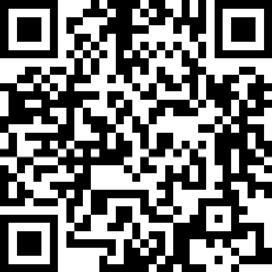
22 23
23 NON-FICTION
When Life Gives You Bananas
TOM LOUDON
At the Gardens Point campus of the Queensland University of Technology, there is a room hidden atop an old brick building where scientists meet and conduct research unlike anywhere in the world. Their goal: to sure up the fate of one of the world’s largest crops – bananas.
Professor James Dale AC is an agricultural scientist and distinguished professor in the Faculty of Science School of Biology & Environmental Science at QUT. He doesn’t teach, but for the past 10 years he has led a team of world-leading scientific researchers. Their field of research – genetically modified banana crops – is gaining global importance in the wake of a potentially devastating banana pandemic threatening crops worldwide.
Dale cuts a slight frame against his imposing, almost primeval office in one of the University’s oldest buildings. His desktop, however, is lined with keyboards and computer screens, facing the desk of Joanne Simpkins, the QUT Bananas project manager with whom Dale shares his office.
'This building is really flash,' Dale says, perhaps recognising the irony of a cutting-edge research facility in an old brick building.
But Dale’s research is anything but gimmicky.
'Bananas are one of the world’s top ten food crops,' Dale says. “Wheat, maze, rice, potato, Kasava, then bananas, soy beans, sweet potato, sorghum. Depends how you count sugar cane I suppose.'
Originating in South East Asia and New Guinea, the banana crop is a staple food across Asia and Africa. The crop’s high starch content and ease of tropical cultivation makes it a key foodstuff for some of the world’s most impoverished regions, providing accessible, reliable, and healthy food.
'In Uganda they cook raw bananas while they’re hard,' Dale says. 'The bananas are steamed for three-to-four hours, then mashed. The dish, "Matooke," is a staple of Uganda, and across East Africa, bananas are a massive crop in the region.'
When it comes to bananas, Dale knows what he’s talking about, and after 30 years working on the crop, the professor has become concerned.
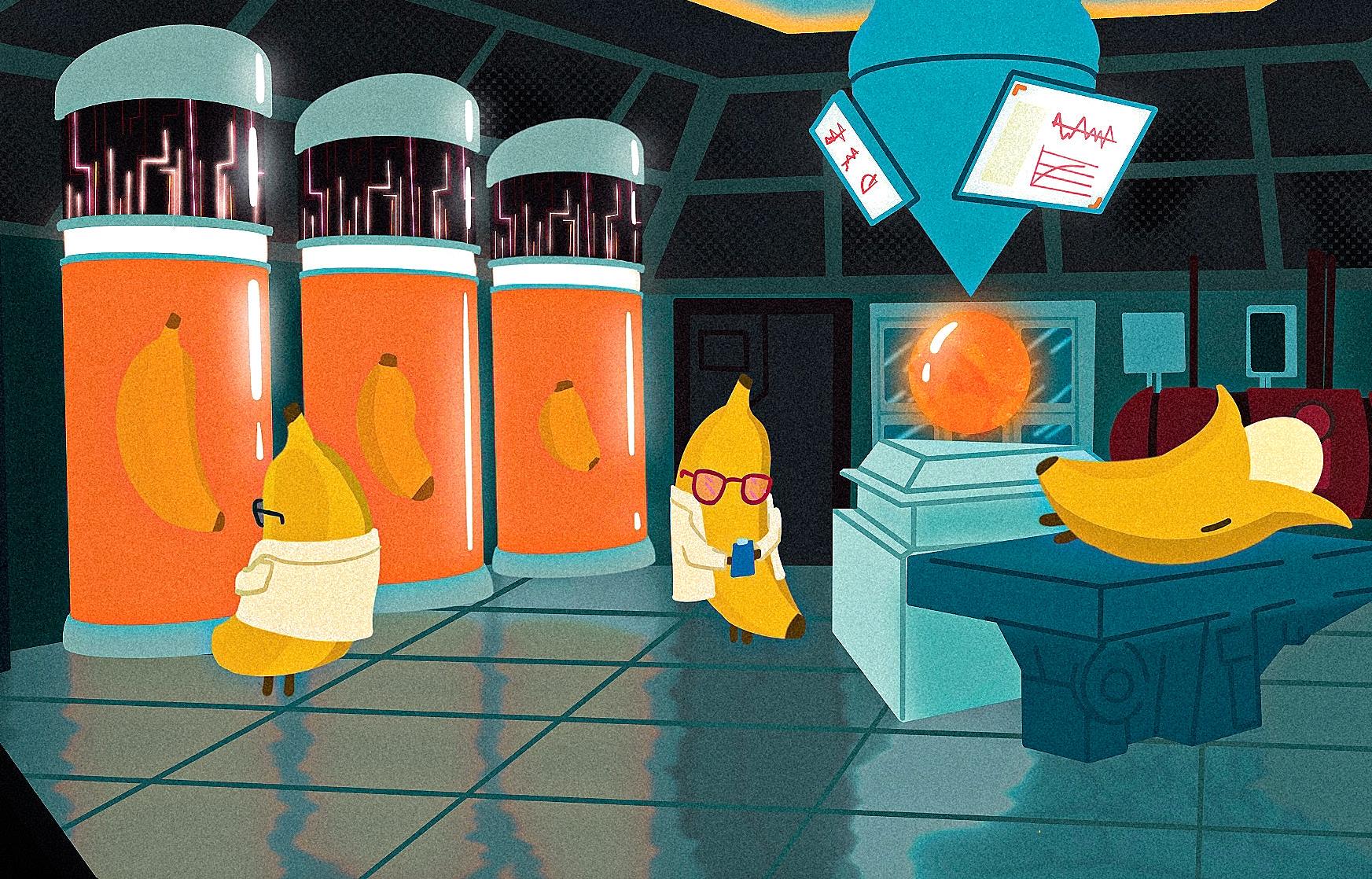
Dale and his team have for the past decade focused their
research on the emergence of a fungus called Tropical Race 4, and the development of genetically modified bananas able to resist the fungus. In a post-pandemic world, we think of deadly diseases as spreading rapidly through regions and communities, so the slow-moving fungus has at least left time on Dale’s side. But in agriculture, a little fungus is a big deal.
'Once it gets in the soil, it’s impossible to remove,' Dale says.
However, the severity of scale for a banana-plague isn’t comparable to COVID-19. Instead, Dale invokes the Potato Blight, a fungus that gripped the northern hemisphere in the mid-1800s. Due to the regressive British Government export and land-use policies of the time, the Blight became concentrated on Ireland, where over a million people starved to death in a single year. According to Dale, this could be microcosm of a world in a banana-plague.
'There is a very narrow genetic base of food crops that we eat,” Dale explains. “Industrial agriculture is based around monocultures, wherein a single cultivar is closely replicated or cloned to maximise output. That’s why the Irish Blight eliminated a single potato crop across Ireland. No diversity is bad for immunity.'
And when it comes to farming, bananas are a problematically un-diverse crop.
'There are about a thousand varieties,” Dale says of banana species. “But globally, the Cavendish banana makes up about 50% of all variety.'
Cavendish bananas and their variants are the bananas you get from the store. Unlike their wild counterparts, these bananas don’t go to seed, which is great for consumers –less seed, more banana. But this means that when a new banana tree grows from the base of an old one – a process known as budding – the new tree is an exact genetic replica of the old one.
All Cavendish bananas are clones.
These clones didn’t always make up such a large portion of the world’s bananas. Until the 1950s, the Gros Michel banana was favored by agriculturalists because its thicker peel made the crop resistant to bruising in transit. That was before Tropical Race 1, often referred to as Panama disease made its production unviable.
'They were clones, and they weren’t resistant to the fungus,' Dale says. 'Cavendish has taken over precisely because it is resistant to Tropical Race 1.'
Tropical Race 4, now present in South America, Asia, Australia, Sri Lanka, and Europe, is a blight for almost every species of banana, including the Cavendish. But in the wild, uncultivated, seeded banana plants of the world, some diversity remains.
Dale and his team identified a south-east Asian banana variant resistant to Tropical Race 4. After identifying the gene resistant to Tropical Race 4, they extracted the gene and inserted it into a Cavendish plant. The gene in question is already present in the Cavendish – the difference is, it isn’t activated.
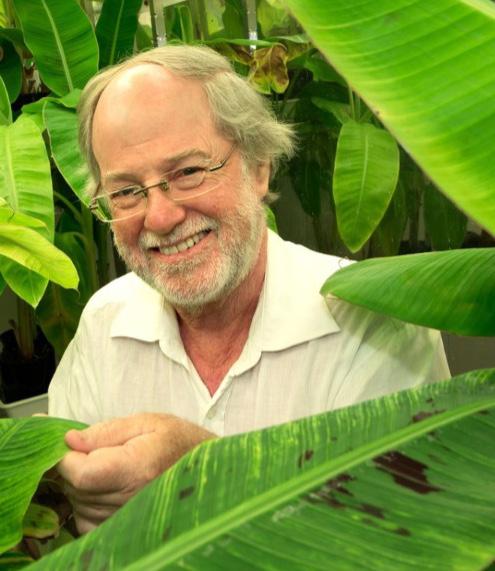
The team uses CRISPR gene editing to manipulate the DNA of banana plants.
'Trees have embryos too and we can make them in the lab,'Dale says. 'From modifying the embryo, we grow a plant that is a Cavendish in every way except that it is resistant to Tropical Race 4.'
But not everyone is completely sold on the prospect of genetic modification, and so far, no gene edited crops have been approved in Australia for sale. Synthetic Biologist Dr Artem Anyshchenko warns public uptake of genetically modified organisms is tentative.
'There are plenty of socio-economic considerations that affect the acceptability of the product,' Dr Anyshchenko says.
'There are imbedded moral values too. Regardless of those considerations, GMOs are indispensable to the global food supply, not only in the future, but also today.'
University of Queensland researcher Dr. James Hereward, who studies population genetics to understand agricultural pests, says there is an ongoing review process at Food Standards Australia and New Zealand to establish how to regulate gene edited crops relative to GMO foods.
'Gene editing is a very powerful technology that can accelerate efforts to increase production and make crops more resilient to climate change,' Dr Hereward said.
'In Australia, gene editing methods that do not introduce
24 25
Professor James Dale hopes to develop fungus resistant bananas. Photograph: Joanne Simpkins.
NON-FICTION
any new genetic material are de-regulated by the Office of the Gene Technology Regulator.'
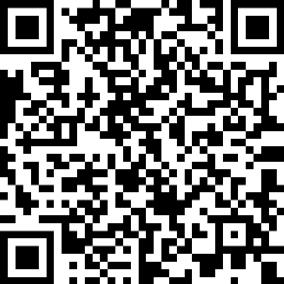
'In many ways gene editing is the same as conventional breeding methods that create random changes to the DNA of a crop species by chemical mutagenesis, but they are more precise and targeted.'
This is essentially the technique developed by Dale to activate the resistant gene in the Cavendish, which has since been successfully tested at exposed sites in the Northern Territory. The eventual goal; to provide an alternative to, and potentially replace, Cavendish plantations in Uganda, across Africa, and the world.
And for Dale, this is only the beginning of the positive implications of this research.
'The Cavendish is high yielding … others are bigger, tougher, tastier, disease resistant... we could potentially identify the relevant genes across these species and improve the output and quality of bananas around the world.
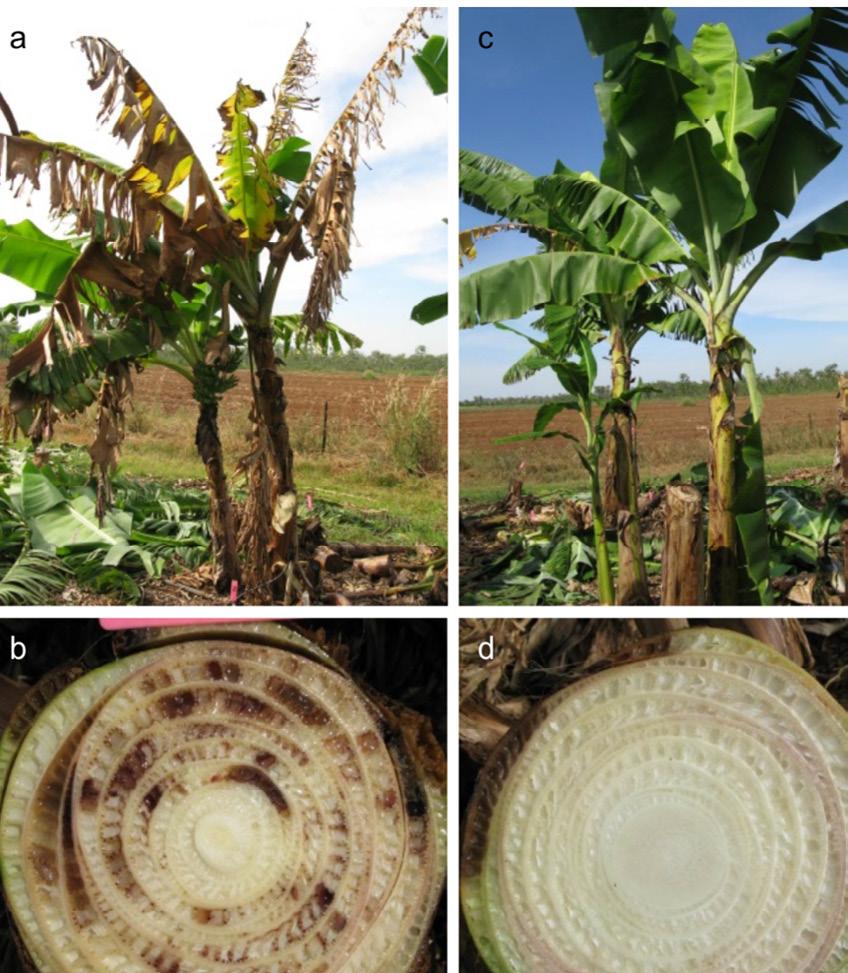
'Similar opportunities exist too for other crops … citruses like oranges.'
Until the day Dale’s bananas hit the shelves, there is one more major hurdle to clear.
'They’re tiny,' Dale laughs. 'They get to about the size of your pinky at the moment, but they’ll be at the store sometime soon, I hope.'
This piece was originally published on qutglass.com
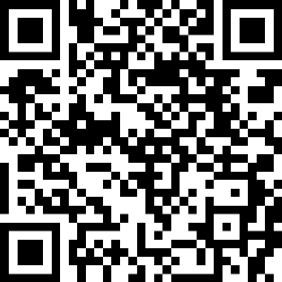
The Crumbling Legitimacy of Queensland's Consent Laws
ELLA BRUMM
In June, Queensland’s Attorney General Shannon Fentiman announced that Queensland is likely to adopt an affirmative consent model, but until then, Queensland remains one of the worst states in Australia for achieving justice for victims.
In Australia, to secure a conviction of rape, the prosecution must prove that the defendant engaged in sexual intercourse without the complainant’s consent. However, in Queensland, it isn’t that easy, and a century-old loophole allows perpetrators to use rape myths to walk free.
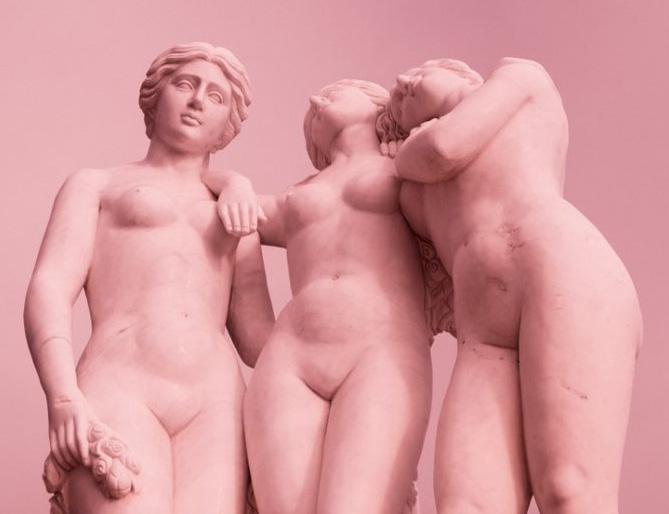
In Queensland, the definition of rape centres around consent, which must be ‘freely and voluntarily given with the cognitive capacity to do so’. Consent cannot be obtained falsely, including by threat, force, intimidation, or fraud.
Mistake of Fact is a defence used in sexual assault and rape cases that suggests the defendant had an honest and reasonable – but mistaken – belief that the complainant was consenting. This is easier for a defendant than disproving the incident occurred. To prove Mistake of Fact, a defendant will lean into popular rape myths, like what a victim was wearing, drinking, or where they were, to suggest that intercourse was, in fact, consensual.
Mistake of Fact emphasises how the law is constructed, interpreted, and applied by men to favour men and leads to survivors facing more scrutiny than perpetrators of assault. While a person of any gender can commit sexual assault and rape, this article focuses on the maleperpetrator, female-victim paradigm, reflecting the gender disproportionality in these cases.
The Freeze Response
During an attack, a victim of sexual assault may respond in one of three ways: fight, flight, or freeze. Each response is entirely valid and depends on the individual circumstances of the victim, but the freeze response is often misunderstood in terms of sexual assault.
Some victims fear the threat of implicit or explicit physical violence and determine their safest option is to freeze, assessing that fighting or fleeing would increase the risk of pain and suffering. In cases like these, the defence can establish Mistake of Fact despite freezing not being an indicator of consent under the law.
In R v Sax the complainant was extremely drunk but not entirely unconscious, rendering her incapable of physically or verbally resisting the assault. The defence used her lack of resistance to raise Mistake of Fact as it meant the defendant could have mistakenly believed she was consenting as she did not fight back.
In R v Dunrobin the complainant initially resisted, then passively complied, allowing the defendant to benefit from Mistake of Fact. She repeatedly told her attacker to stop and attempted to push him off. The defendant then removed her clothes and had intercourse with her. The complainant testified that her body froze because she was scared that her resistance would be to no avail or lead to greater harm. The defendant was able to prove Mistake of Fact on the ground of her freezing.
This has established a dangerous precedent in Queensland – a victim’s initial refusal is not enough to refute consent. Any subsequent freezing retroactively validates the defendant’s belief that consent had been given.
Intoxication Lowers the Bar for Proving Mistake of Fact
Intoxication, either by the defendant, the complainant, or both, allows the defendant to blame their lack of caution when gauging whether the complainant was consenting on intoxication.
To prove Mistake of Fact, the defendant must demonstrate that their belief was not only honest but also reasonable. Intoxication cannot be used to prove that the defendant’s mistake was reasonable. However, it can be used to prove that it was honest. Professor of Law and Associate Dean of Research at Bond University, Jonathon Crowe, summarises this as determining if a mistake is a genuine mistake and not just something being made up.
‘The courts have said that if the defendant is intoxicated, then that might mean they would make a mistake that they might not otherwise make [sober], and so in that respect, it can support the honesty of the mistake.’
26 27
Cross-section of a healthy banana tree (right), vs a tree infected with TR4 (left).
NON-FICTION Read the full article, here at qutglass.com
TRIGGER WARNING: SEXUAL ASSAULT
While intoxication cannot be used to determine reasonableness, Crowe doubts whether a jury would be able to distinguish this legal technicality.
‘The problem I think is that because intoxication is relevant to honesty, the defence could [say] the defendant was so drunk that they made a mistake.’
Crowe highlights that this is not an issue in other states, as intoxication is deemed irrelevant and cannot be used to prove honesty for Mistake of Fact. However, the ability to rely on intoxication to prove the defendant’s mistake was honest remains an issue in Queensland, where this defence has succeeded in cases where the complainant ‘blacked out’, legally meaning she was incapable of consenting. During one trial it was noted that the defendant was intoxicated making them ‘too drunk’ to have removed the complainant’s clothes. The defence insinuated that the complainant was mistaken in her account of being raped, as she herself was drunk.
Intoxication is only legally permissible for determining a victim’s capacity to consent, but in this case, it was used to undermine and critique the complainant’s account, thereby placing the victim on trial rather than the defendant.
The Recent Amendment Has Not Gone Far Enough
The availability of the Mistake of Fact defence in Queensland screams to sexual assault survivors that their best efforts to achieve justice will only be in vain. In June 2020, the Queensland Law Reform Commission delivered a profoundly flawed review of the operation and application of consent and Mistake of Fact. For the gravity of such an issue and the immense overhaul needed to amend these injustices for sexual assault victims, the QLRC delivered only five recommendations, none of which were substantial.
The review states that recent research does not strongly support the concern that jurors commonly harbour false prejudices or rape myths, or that any such preconceptions affect jury deliberation or verdicts. This indicates a willing ignorance on the part of the QLRC concerning the mountain of studies that have been conducted in Australia regarding the influence rape myths have on jurors’ ability to remain impartial, and instead relied upon a heavily criticised study from the UK.
‘There are two important things to note [about this study]. Firstly, you can’t use a study from the UK as evidence of what happens in QLD trials; there’s just no way you can draw that connection,’ Professor Crowe said.
‘Secondly, other studies in Australia from different states
have shown that rape myths play a role in rape trials, and the QLRC just ignored that in favour of this UK study’.
‘The reason the QLRC had its inquiry in the first place was because of substantive problems that have been pointed out by [advocates] ... and so the QLRC’s reforms didn’t do anything to address those problems because they didn’t change the law, they just codified it.’
So how do we rectify this institutionalised nature of gaslighting survivors and ensure that the justice system upholds the rights of the complainant? According to Professor Crowe, the answer is simple.
‘I think that limiting the application of the excuse would be a big step forward, and that is what Queensland is likely to do at some point because that’s the model that has been adopted in other states … the other option of removing the Mistake of Fact excuse from rape and sexual assault entirely should also be on the table.’
Essentially, this would mean that the defendant cannot rely upon intoxication to prove their mistake was honest or retort archaic rape myths. Additionally, the defendant must demonstrate that he took positive steps in ascertaining the complainant’s consent. In practice, this would mean that the Mistake of Fact defence would not be available for the defendant to use.
This would alleviate the injustice experienced by victims without infringing upon the defendant’s right to a fair trial or presumption of innocence. The initiating party will be expected to take active steps to ensure their partner consents to each new sexual act, as they cannot rely on this defence to excuse reckless behaviour.
Conservative opponents argue this will reverse the onus of proof. This is a flawed argument as the onus of proof remains with the prosecution to prove the defendant had carnal knowledge with the complainant without their consent, remaining consistent with the rule of law and due process.
‘It’s just false,’ Professor Crowe says. ‘That is wrong to say in law. Regardless of whether the Mistake of Fact excuse applies to rape or not, the prosecution would still have to prove the elements of the crime beyond a reasonable doubt.’
‘This is not just an issue about changing the law, it’s also about changing social attitudes, and that’s probably the most important objective. We... need to accompany legislative changes with public education. This is something that should be sustained and should be part of sex education in schools. I think that is the only way to, over time... address and rectify rape myths.’
As the World Watches Ukraine, West Papua Struggles for Self-Determination
TOM LOUDON
As the world demands the human right of self-determination for Ukraine, West Papua remains trapped under colonial oppression.
The 20th and 21st centuries saw, and continue to see, a rise of independence movements across the world in response to centuries of colonial brutality. These movements, often codified in wars and certified by the emergence of new states, are seen retrospectively as movements for freedom and self-determination. Ethnic cleansings like those in Xinxiang and the Balkans tend now to be met by scrutiny and outrage from the West, who occasionally intervene militarily or economically. But the liberal-Western cult of self-determination extended to places like Hong Kong, the states of the former Soviet Union, and Eastern Europe is less focused on the pacific region of West Papua.
Indonesia, formerly the colony of the Dutch East Indies, announced independence when the Proclamation of Indonesian Independence was read in Jakarta on August 17th, 1945. The ensuing four-year conflict with the Netherlands resulted in the eventual sovereignty of what is now Indonesia. But Indonesia is hardly a single entity.
The national revolution that created Indonesia did not originally include West Papua, which remained a Dutch territory. West Papua declared independence in 1961, gaining brief international recognition before the violent regime of President Sukarno came to occupy the region. In ceding West Papuan independence, the West believed they could manipulate President Sukarno and then his successor President Suharto, thus ensuring Indonesia would not become a communist nation. However, in 1961, two years after having declared independence from the Netherlands, West Papua was invaded and occupied by Indonesia, which has maintained a strong military presence ever since.
Opposition in West Papua was quelled through violence, and in 1969, the Indonesian Military individually selected 1,025 West Papuans to vote in a plebiscite. It is believed these voters, mostly tribal elders, had either been personally threatened, or had their families threatened. The Act of Free Choice, the resulting legal resolution, was passed unanimously, enshrining Indonesian control over the territories. This process was not conducted with U.N oversight.
The Melanesian region of West Papua consists of the two Indonesian provinces on the island of New Guinea, confusingly referred to as Papua and West Papua. The mountainous island just north of Australia is home to the world’s second-largest rainforest, hosting a diverse
range of plant and animal species – some still unknown to the outside world. The region is notable for its distinct ethnolinguistic populations aligned more closely with the neighbouring peoples of Papua New Guinea, the nation comprising the island’s eastern half. Over 250 tribes live in the territory and speak more than 400 languages.
But physical isolation is only part of the West Papuan story. The Indonesian government has restricted access to the region for foreign journalists, researchers, and UN Officials. Additionally, Indigenous West Papuans regularly experience racism and racist violence at the hands of Indonesian authorities.
Native Papuans survive through subsistence agriculture, whereas non-Papuan Indonesians dominate commercial centres on the island. The life expectancy for West Papuans also lags behind Indonesians, as does infant mortality. Calling for West Papuan Independence is considered treason under Indonesian law – raising the Morning Star flag is punishable by up to fifteen years in prison.
Across the border in Papua New Guinea, Gary Juffa leads a political movement advocating for the people of West Papua. The People’s Movement for Change leader, and the Governor of Oro Province, Juffa, is fiercely involved in the West Papuan Liberation Movement. To Juffa, the Act of Free Choice is ‘The Act of No Choice.’
‘Is the Act of Free Choice valid, given the referendum only allowed 1,025 elders to vote on behalf of the entire population of West Papua?’ Juffa asks.
‘During the 1969 takeover, there was a huge spillover of refugees coming across to PNG from West Papua.’ Juffa says this movement continues to this day.
‘[The West] was fearful in the sixties that Indonesia would move across to the communist nations,” Juffa said, keen to highlight that Western complicity in Indonesia’s brutality can be traced back prior to the occupation.
‘The system installed there by the [Dutch colonial powers] remains,’ he adds.
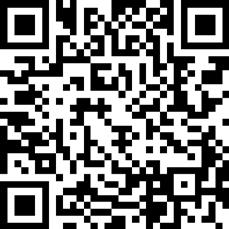
‘They use the same system, thus extracting profits. Bloody profits – but profits nonetheless.’
The situation in West Papua is urgent and what you do matters.
28 29
NON-FICTION Read the full article, here at qutglass.com
SAM COLLINS
With the new financial year upon us, and a brand-new government, it’s as good an opportunity as ever to look at your own finances, and what some recent changes will mean for you and those around you.
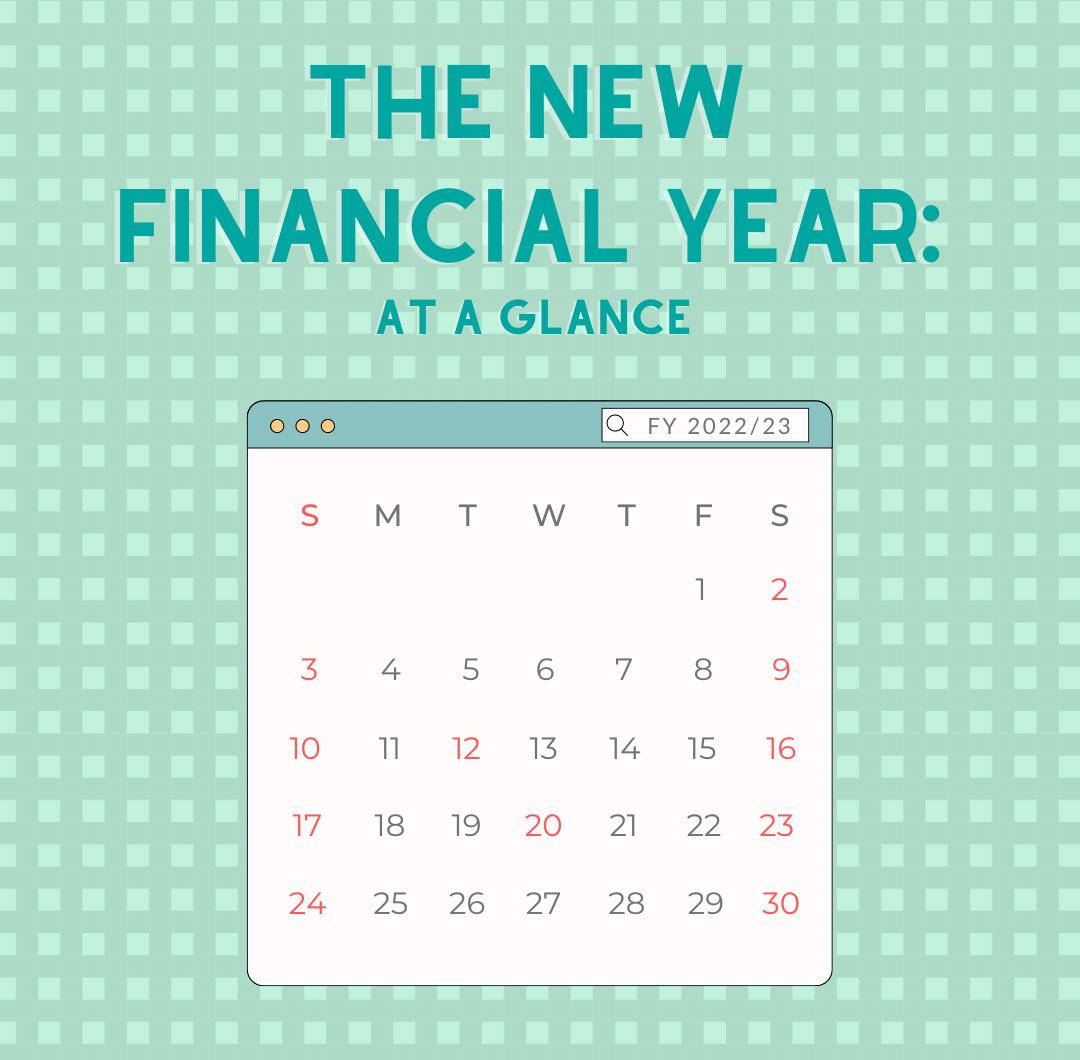
Interest
The most consequential economic story of recent weeks has been the Reserve Bank’s decision to raise interest rates by half a percentage point. Like much of the world, Australia set their interest rates to historically low levels during the COVID-19 pandemic to keep the economy going. This allowed households and businesses to borrow cheaply and have more money to spend. However, now that the pandemic restrictions have largely been removed, the economy is roaring again, so the RBA has decided to put the brakes on by hiking rates.
The low interest rates during the Pandemic played a large role in the skyrocketing property prices across the country. For example, median house prices in Brisbane have reached $856,431, an unbelievable 31.1 per cent rise in the past 12 months.
Reserve Bank Governor Phillip Lowe said in a statement in November last year that he thought it was ‘entirely possible’ that interest rates would remain at their Pandemic lows until 2024. Lowe now suggests that interest rates will continue to rise from their 0.1 per cent pandemic low to 2.5 per cent in the coming years. The speed of the rise to 2.5 per cent will be determined by the rate of inflation and the overall state of the economy.
I suspect the number of students with mortgages is low, but higher interest rates will still impact us greatly. Landlords will almost always pass the full cost of the larger interest bill onto their tenants. Therefore, if your rental lease expires shortly, you should expect the rent to go up substantially.
A rise to 2.5 per cent will certainly slow the growth in house prices and reduce the amount of money people have to spend. The hope is that if people have less money to spend, then inflation will slow down. This is particularly important for students who work in industries like retail and hospitality, where people typically spend less as their budgets get tighter. On the other hand, if rates rise too quickly, Australia could fall into recession which would reduce the job opportunities available to graduating students.
Power Prices
A culmination of many factors has placed the Australian energy grid under extreme stress. The wholesale price of electricity has more than doubled in the past 12 months. There are now serious concerns of rolling blackouts occurring in major cities across the east coast throughout winter. NSW Energy Minister Matt Kean has urged residents to limit their energy usage between 5:30 pm and 8:30 pm to help ensure that the grid would continue to function through the night.
The war in Ukraine is the most direct cause of the current energy crisis. Before the invasion, Russia was a major exporter of coal, oil, and natural gas. Now that the European Union has sanctioned Russia by banning the import of their commodities, global prices have skyrocketed. Despite being a major exporter of coal and natural gas ourselves, decades of bad policy means that Australia is often forced to pay the global market rate for these commodities.
The skyrocketing prices of coal and natural gas have occurred at maybe the worst possible time for Australia. The winter weather has reduced the energy generated by wind and solar at a time of peak demand. Several major coal-fired power generators have also gone offline unexpectedly.
Energy retailers will begin passing these price rises to consumers from July 1st. The initial price rise will increase the default market offer for power by 12.9 per cent in south-east Queensland. Businesses in energy-intensive industries, like food manufacturing, will pass the higher energy costs onto consumers by raising prices.
Expect your power bill to jump substantially in the next quarter and to continue to rise after that until there is either a change to energy policy in Australia, or a resolution to the war in Ukraine.
Wages
One of the Albanese Government’s first major actions since taking office has been their submission to the Fair Work Commission recommending an increase to the minimum wage of at least 5.1 per cent.
Independent of the government, the Fair Work Commission aims to balance the needs of employers and workers when setting the minimum wage in Australia. Unions argued that the minimum wage should increase by more than the 5.1 per cent inflation rate so that workers could meet the rising cost of living. Business groups argued for a smaller increase to the minimum wage by stating that small businesses are already struggling with other cost pressures.
The Fair Work Commission surprised many commentators when it handed down its decision to lift the minimum wage by 5.2 per cent.
From July 1st, the new minimum wage will be $21.38 an hour, a rise of $1.05 an hour. The Commission stated that the decision was made in response to the pressure placed on low-paid workers by the rising cost of living. Students employed in industries covered under the award system, such as retail and food services, will also benefit from a 4.6 per cent pay increase.
Student Debt
If you’ve logged into myGov recently, you might have noticed a jump in your student loans. There are many good things about a HECS-HELP debt compared to other debts: there’s no interest, no mandatory repayments until you earn more than $47,014 per year, and any outstanding debt is cancelled if you die. However, one of the few caveats is indexation.
Inflation means that over time, each dollar is progressively worth less each year. An indexation rate is applied annually to HECS-HELP loans to ensure that students pay back an amount in today’s money that is equivalent to the value of the money when the loan was taken out.
The inflation rate for most of the last decade has stayed between one and two per cent. This indexation rate is so small that most people probably wouldn’t have noticed it in previous years. But now that inflation is rising again, so is the indexation rate.
30 31
NON-FICTION
On 1 June, a 3.9 per cent indexation rate was applied to all outstanding student loan balances. This is much higher than the 1.8 per cent, and 0.6 per cent rises in 2020 and 2021 , respectively. On a $40,000 HECS-HELP balance, this year’s indexation added $1,560 to the total debt.
Leading economists predict that inflation will reach seven per cent in Australia by the end of this year. That scenario would mean that a $40,000 student debt in 2022 would grow to $44,469.20 by 2023, even if no additional study costs are added to the loan.
The indexation applied to HECS-HELP loans is something both new and continuing students should be conscious of when enrolling in a new semester. A large HECS-HELP debt is vastly preferable to, say, a large credit card debt, but it still will have consequences later in life.
Government Finances
The Albanese Government faces extremely challenging economic circumstances on both the domestic and international fronts. Treasurer Jim Chalmers held a press conference recently where he described the situation facing the Australian budget as ‘dire’.
The unprecedented spending during the pandemic has left Australia with a gross debt of around $963 billion. While this is a modest amount compared to other advanced economies, it will significantly constrain the spending options available to the new government.
Similar to a household mortgage, a rising interest rate means the government will have a higher interest bill on its debt. As a result, the new government will either increase their income through higher taxes or reduce spending in other areas to pay the interest bill.
The government will have some help on the income front with the increased royalties from commodities like iron ore and coal, which are at record prices. Workers receiving pay increases to meet the costs of inflation should also help the government as it can collect more in income taxes.
However, reducing spending will be a difficult political task. A reduction in government spending can slow down inflation and an increase can accelerate it. Labor made significant election promises to spend more than the previous government on child care, aged care, and addressing climate change. The electorate will tolerate some delay on these promises because of the economic situation. Still, Labor can’t be seen to be walking away from their promises so soon after taking office.
High inflation is a difficult problem to solve, with the consequences inflicted hardest upon the most disadvantaged in the community. The economic remedies that helped get Australia through the pandemic, low interest rates and generous government spending, need to be reversed quickly to control inflation.
History has shown that a cycle can begin where the rising cost of living forces workers to demand higher wages, which drives prices higher. A recession is often the only way to break the cycle, which would devastate students entering the job market.
There will be no easy solutions for the government when they deliver the revised budget in October.
This piece was originally published on qutglass.com
TOM LOUDON WITH KATE TOMSETT
Queensland schools have historically lagged behind the rest of Australia in terms of sex education, but in 2022, one organisation aims to change that. Today, sex education is managed at the level of individual schools in partnership with their local communities. While the Health & Physical Education curriculum gives schools a framework to discuss healthy and respectful relationships with students — specifically around puberty, sexuality, and safe sex. How and when this is done are questions left to individual school communities.
This approach has created a knowledge vacuum, filled by misinformation, myths, and shame around people’s bodies. That is why non-profit organisations, such as the Pelvic Pain Foundation of Australia (PPFA), have come to the forefront of private education.
Kate Tomsett is a 23-year-old paramedicine student who works with PPFA to deliver “PPEP Talks” (Period, Pain, and Endometriosis Program). After a year of working with the program, Kate has a few ideas to improve sexual health education in Queensland.
Kate hopes to lift the stigma around pelvic pain and “women’s issues.”
‘1 in 12 people without a uterus will experience pelvic pain,’ Kate implores.
‘We all have a pelvis, we all have pelvic floor muscles, we can all experience pain.'
‘Pelvic pain is the most common urological diagnosis in people without a uterus under the age of 50.'
‘People without a uterus can experience this pain due to tight pelvic floor muscles, an inflamed prostate, pudendal neuralgia (activation of the nerve that innervates the skin between the legs) – it is important that this pain is acknowledged and the social taboo around this is removed.’
'PPFA work around the priorities for the National Action Plan for Endometriosis (NAPE) which are awareness and education; clinical management and care; and research,’ Kate told me.
‘We aim to reduce time to diagnosis of endometriosis, increase school attendance, and engagement and educate people on how to recognise when their pain is not normal, where to seek help, and how to manage their pain.’
Kate says her PPEP Talk is a one-hour-presentation that can be delivered to students in Year 9 and above – including students with or without a uterus. They run sessions for the community, First Nations peoples, and athletes. The aim of a session is to elucidate what is normal and what is not so normal when it comes to period pain, and how one can manage pain to engage fully with the life they want to lead.
‘To do this we talk through different types of pain, anatomy, and the neuroscience of pain,’ Kate says.
‘People learn how to identify pain, and where to seek help for endometriosis symptoms.'

‘A session is interactive, and we give students tools they can immediately use to manage their pain or to support others in their lives with period or pelvic pain.’
While Kate thinks this information should be taught to everyone, she also thinks it’s a difficult ask to add to existing teacher’s loads.
‘Schools have a lot to fit into their curriculum and we can take something off their plate but also have curriculum linked information delivered by health professionals,’ Kate said. An important distinction, as Kate sees it as crucial to change the way we talk about pelvic pain.
‘We need to talk about it,’ she said.
‘We need to be comfortable not only talking about it, but devoutly listening to and validating what people are feeling.'
‘For too long people with pelvic pain have been told that it is “in their head” or that they “should suck it up, it’s just period pain” ... people often feel helpless talking about pain because they can’t whip out a tool kit and fix it.'

32 33
NON-FICTION
‘Providing a safe space for someone to feel heard can be enough.'
‘The language we use around pain can be damaging ... we think of pain as debilitating, crippling or sensitive, when really pain is an incredibly powerful tool for the body – pain is intelligent, adaptive, and neuroplastic.’
PPFA do surveys before and after every session, and student responses include comments like:
Best education we have ever received on periods. It was engaging, informative and the speaker made us feel so comfortable – a student with a uterus.
I'm so excited to be able to help others around me regarding this subject – a student without a uterus.
So far in Queensland, 100% of schools Kate and her colleagues have visited want to participate in the program next year, with one teacher even commenting that watching students gain confidence in discussing their period was a deeply positive experience.
It remains to be seen whether educators like Kate can overturn deeply entrenched social stigmas, but in the meantime, here are some things you should know about pelvic pain.
sex but offline
JACKSON MACHADO-NUNES
you’re typing 'am i asexual quiz' into the search bar but you’d rather just be playing your DS or something. something that doesn’t involve questioning the deepest parts of yourself like you feel like you’ve been doing for years. at this point you’re pretty sick of having an identity to discover at all, but if you’re not doing this you’ll just be worrying about something else anyway.
This piece was originally published on qutglass.com
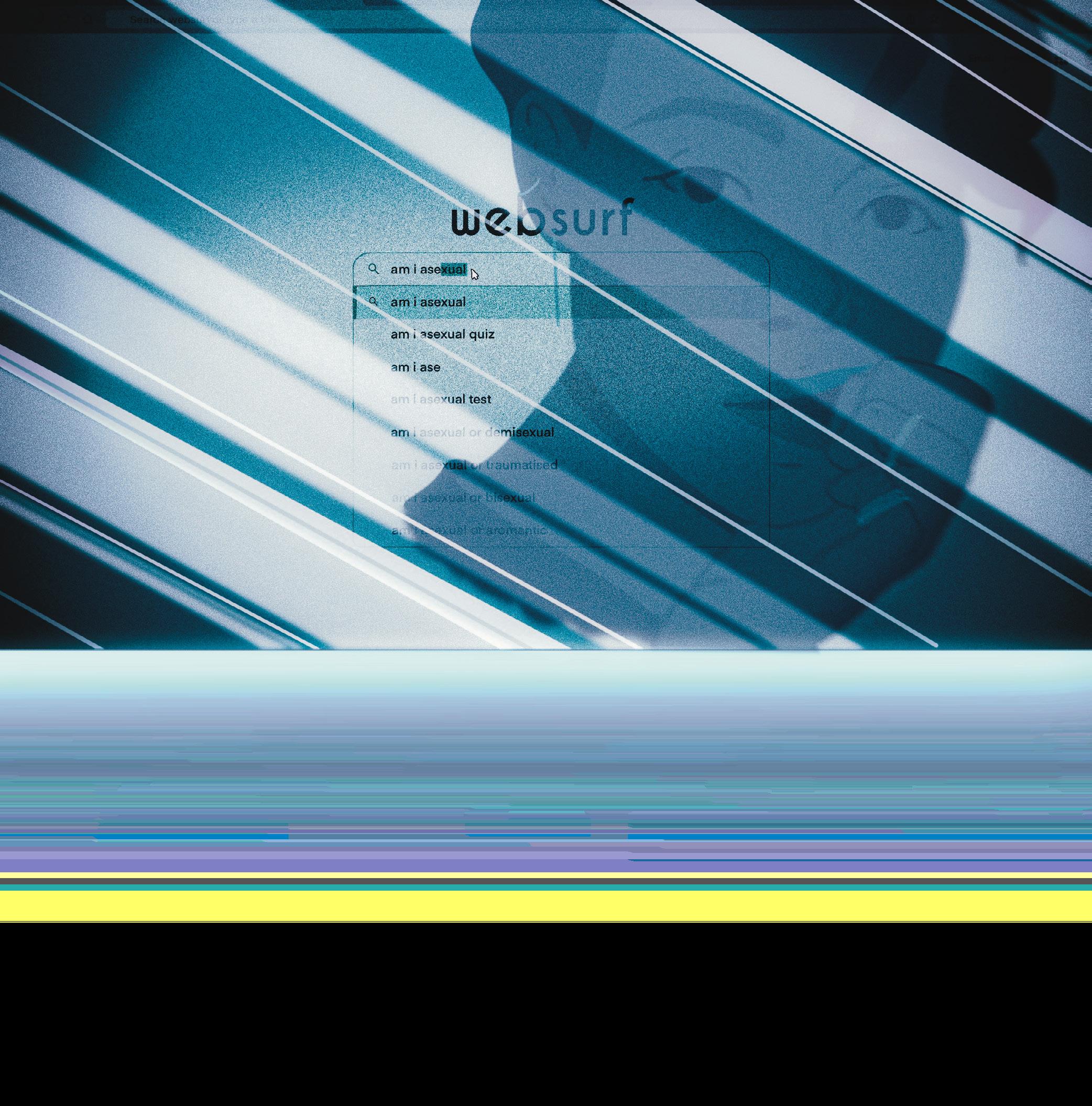
you’re thinking about how society is a time-bomb, one that’s gone off about ten times this decade already. you wouldn’t have to even think about being asexual if the world wasn’t so obsessed with making everything about sex and intimacy. that’s an unfair statement, sex and intimacy should totally be up for exploration in the media, #sexpositivity, but why are we all expected to love it? you’d rather just register your disdain for being asked to put your penis into a person and move on, rather than thinking about all the pretty characters from Euphoria or Sex Education that love having sex and wondering if you’re just trying too hard to be different. you feel every voice inside you begging for another perspective. something about all big discoveries about your identity needing to be encouraged by Buzzfeed or Harper’s Bazaar first, like the time you thought about switching over to almond milk.
you haven’t clicked on the quiz yet, and you’re nervous to. nervous because it will give you an answer, and nervous because whether it says yes or no you’ll just acquiesce to the opposite anyway. what you want to do is pick up your phone to a notification from YouTube about a new Smosh Pit video - omg, Shayne Topp came out as asexual?
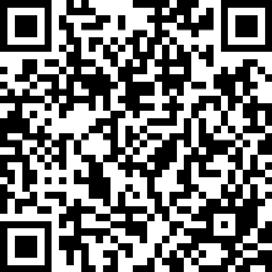
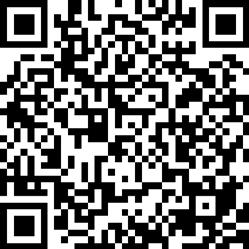
I’m just like him! But no, it’s silence all around you except everywhere that it’s so freaking loud. you hit the link from ProProfs that claims: With this asexual test, you will get the answer to your question, am I asexual?
maybe you’re a robot. maybe if you bang your head hard enough into the wall a troubleshooting guide will come out and show you how to reset your brain, or at least detail the components of your model and tell you what’s going on in there - like one of those Furbies with likes and dislikes, some like apple sauce, some do intermittent fasting. maybe you’re just procrastinating. again searching for online validation, like when you were in high-school on Omegle looking for 40-year-olds to want you more than they wanted their wives. you think about all the times you’ve enjoyed sex, sexting, things like that…and it’s just never been sex that you were looking for, not really. you wanted to be a pleaser, or to feel pretty, or sexy. it’s like everything just wants to dawn on you all at once or something. you’re asking yourself if anything you’ve ever really done has been for you. something tells you that you’re not just a sensitive person that needs to acclimate into sexual liberation. maybe you’re just defective.
there’s something about sex that makes you feel not a part of it. like it’s a club and you’re not invited. like you’re always behind your own eyes, counting down the seconds until His breath catches and you’re suddenly not there for any reason at all. your first complaint about sex to your friends was that it feels like it just goes on forever. maybe that just means you’re bad at it, but you’re not sure.
the tricky thing is…you kinda like the thought of it alone. you like the idea of it when you can be this perfect being in your mind. sometimes for men that remind you of sitting alone every day watching the pretty people not bring lunch to school, you can convince yourself that it feels good to do what they say. but then again, you also kinda like that powerful feeling of not enjoying a second of a guy’s time. like you have better things to do than get some guy off after a hard day of making short films about frustration and being so incredibly intelligent.
you go through the quiz and wind up not being asexual, but, nice try. are you just trying to pick up labels like Thanos and those infinity stones, or do you really think you could go the rest of your life without sex?
well, maybe there’s a quiz for that too.
34 35
NON-FICTION
This piece was originally published on qutglass.com
When Opposites Attract
TOM LOUDON
When two art students arrived in the city to attend the Queensland University of Technology, the sky seemed like the limit. But after peering in for so long and deciding to take the plunge, they realised that they had been locked out. So now, Sam Hope and Izzy Heaton are breaking in with their own exhibition this November, and we’re all invited.
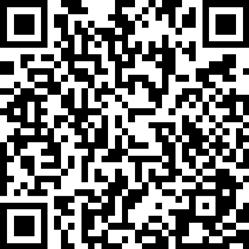
For the uninitiated, the Brisbane art scene exists in two forms: mass monuments to creativity like GOMA and the Queensland Art Gallery, or the occasional, miniature nooks that pop up outside of buildings and on the walls
When Sam Hope and Izzy Heaton came to Brisbane from their respective Queensland towns, the art scene blew them away, and that excitement has so far kept them here.
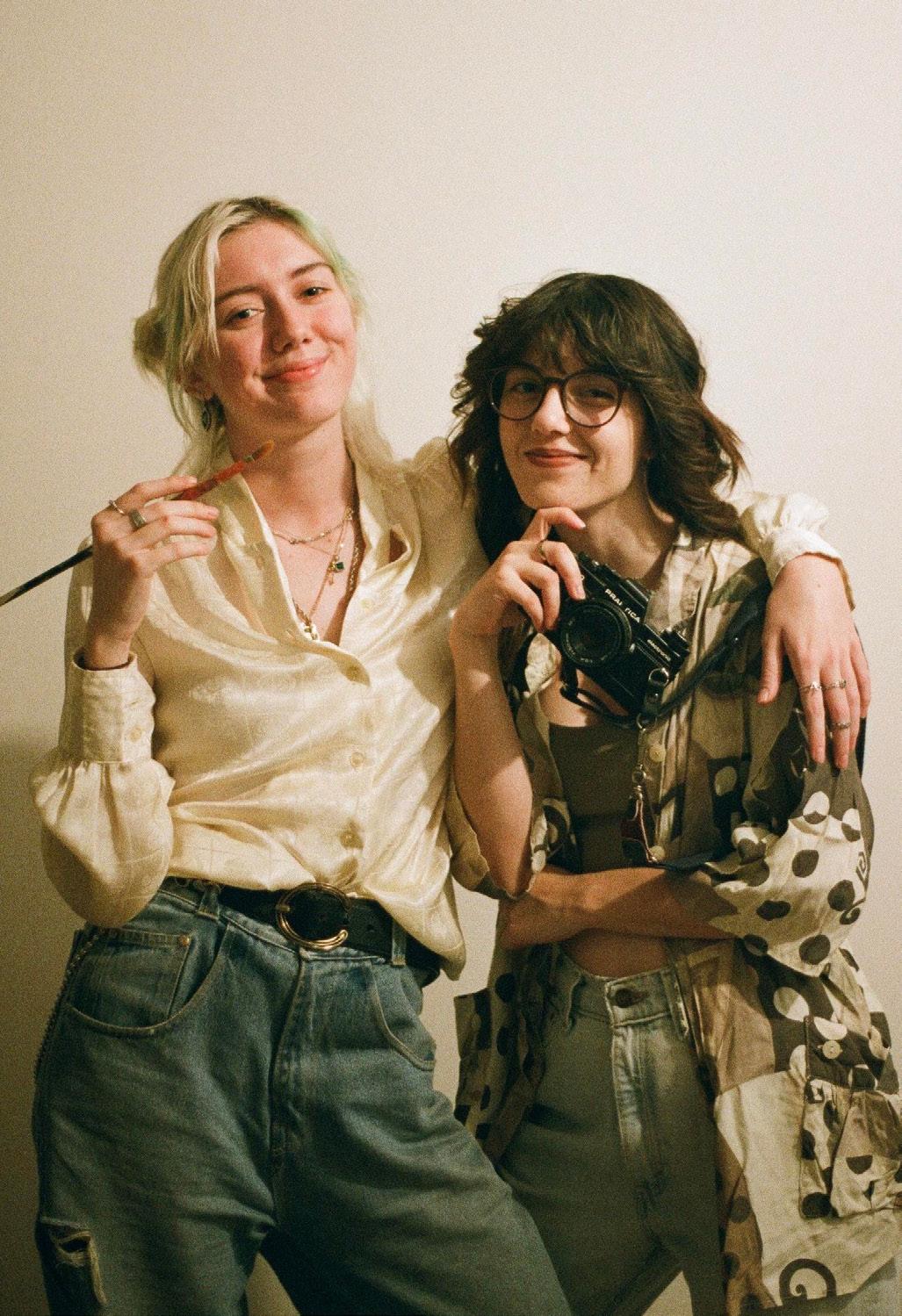
Hope, who previously worked at the only art gallery in Cairns, nearly went broke during her first year in Brisbane.
‘I was going to every show,’ she laughs.
‘Going from a place where there’s only one or two galleries to a place like this, where there’s GOMA and all the little ones as well ... it was refreshing to have a lot more culture around, and not just art, but music and theatre too.’
Hope sits across from me next to her friend, Isabelle (Izzy) Heaton, a Sunshine Coast native who has previously modelled for Hope’s photo series On My Mind, which was featured in the most recent issue of Glass.
The pair are an odd couple. Heaton is colourful, with a green streak through her hair and vibrant outfit. Conversely, Hope’s monochrome vibe matches the aesthetic of her photos in Glass. Heaton assures me that their goofy personalities align though, and I’m inclined to agree.
When sharing an open studio class in 2021, the tardy Heaton found a seat available next to Hope, and they’ve remained friends. Hope has since finished the now defunct Bachelor of Arts (Creative Arts and Design), and Heaton is a second-year Visual Arts student, both at QUT.
Exhibiting their art hasn't been as easy as they imagined when they first came to Brisbane and were taken with the art scene.
‘There’s a lot of cliques and things like that in the art industry,’ Heaton says.
‘So, we thought fine, we’ll do something just on our own.’
'Our exhibition is showing both of our separate practices and showing them together in one place, because we felt like there wasn’t anywhere for us to do that. A lot of the art industry tends to be very exclusive, or it’s who you know, or it’s very pretentious.’
Heaton is disappointed that art is hoarded as a commodity, rather than shared as cultural artifact.
‘The scene is dominated by money,’ she says. ‘It has turned less into culture and more into business, which is upsetting.’
‘We just wanted to do something that’s more “us”, not trying to fit a brief. It’s exciting … we can celebrate our own art and not worry about pleasing someone else.’
Hope agrees.
'We were trying to find venues where we could show our work, but there was always ‘you’ve got to do this, or it needs to fit this, or whatever,’ Hope says. ‘So, stuff it. Izzy can show whatever she wants to show and I can show what I want to show.’
When the pair eventually secured a space at The Station in Fortitude Valley, they ran into a new problem. Their different vibes don’t just manifest in their fashion, they extend to their practice as well.
Heaton likes noise, and moving to the city has exposed her to a new world of noise, inspiration, and colour. While there’s always a good spot for street art, her favourite place in Brisbane is a boardwalk that went down in the recent floods.
‘It’s interesting because since it’s been back, it’s got all this random stuff in the branches of the trees and stuff,’ Heaton says.
Heaton is a painter, and interested in expressionism and distorting reality to convey emotion. Her work tends to use uncanny brightness and, more recently, a lot of self-portraiture, in examination of selfie culture and multiple-self theory.
‘The goal of portraiture is to capture a person, but that in itself is impossible,’ Heaton says. ‘There's a construction of different faces of myself that I can make, and I explore that in my work.’
When Heaton is political, she is reactive rather than pointed. She remains interested in religious imagery and themes despite not being religious herself.
‘With portraiture there is a lot of identity. But I also like duality and having challenging things next to each other, like scary things next to comforting things.’
On the other hand, Hope creates installations, sculptures, and mobiles comprising geometric elements. She is more focused on Bauhaus and brutalist movements, and became obsessed with mass architecture when she moved to Brisbane. Where Heaton tends to be loud, Hope gravitates to the urban quiet – a trend reflected in her recent move to photography. Her work concerns itself primarily with human emotion, and the themes of grief and loss.
Though Hope’s installations are usually kinetic, she isn’t sure if they are very structurally sound. She is more emotional than political, and plays with reflection and light to explore the way people process thought.
‘We’ve got our own niche,’ Heaton says.
‘The only thing that we agreed on was that maybe the work should complement each other in terms of colour,’ Hope says.
‘That was the only boundary we put on each other, but we’ll see how that goes. It’ll be two very different sides of the room at the exhibition.’
‘We’re gonna have merch, but even the art that we’re showing, it isn’t like oh we got to make a sale from this … we’re showing the art works because we have stuff we want to say, or need to say.’
For now, Heaton and Hope will be staying in Brisbane and potentially hosting more exhibitions, with a goal of including more student and emerging artists. They expect these to be bigger and better, and are hopeful the initiative they’ve taken so far might open them up to other opportunities.
Hope is also a singer in the band Twelve Ballet. Heaton plays a bit of bass, and is building a guitar with her dad. Their exhibition is sponsored by the spirit brand Pals, and will take place for one night only, at 6pm, November 19th at The Station, Fortitude Valley.
Learn more about this exhibit, and these artists, here.
36 37 NON-FICTION
Photograph courtesy of Your Pals.
One Thousand Pieces
EURIELLE (CHELSEA) GLENN
After all this time
You are right here
Wondering where it all went wrong What moment you should regret
Oh but you don’t know do you? Your mind but a haze
Her heart, defaced
You’re asking yourself what’s at the bottom of the bottle It’s your tears
Filling up the empty But it only makes you feel more So you drink the sorrow The bottled tears you down
Oh but you don’t know do you? You find but a blaze Her departure, chased It is declared a sin Beware the mark of tomorrow Never miss the breath of the everlasting soullessness
Her lungs and the stench of death Her thirst never will it quench
Let them know she died alone
Oh, don’t you know we’ll die alone? They told us so Don’t be fooled
Beauty is pain
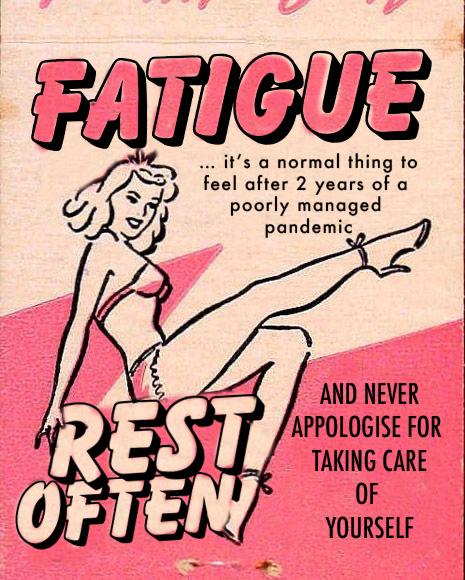
And if I could escape Let them know I died in the cyclone
Summers on the Floor
HANNAH JAMES
On the sizzling cement pavement, In the company’s comfort, It's always following and chasing, This shadow. And the sun sees to that, But it's not natural like that.
She pried, and I couldn’t form an answer. Have you always been afraid?
The Art of Being Graceful
SERA AL-REKABY
Online shopping for something that’s not in store. Faceless friends forever/ kids bonding over loose ends. Google searching just to speak into the void and have it speak back to you.

Boredom fuelled summer of cruel fascination, Crying on your mother’s carpet, As though you never learned to walk.
Afterlife obsession has a nihilistic impression. Haunted by an invincible blue light, So, there's always those bloodshot eyes. They look like something broke your blood vessels. The reaper’s hands squeezing around my neck, They look like mine.
I spent all my summers on the floor.
I think the modern human being has made love with the word crumble countless times before they even learnt what the term truly meant. I know I have. To be human is to crumble, whether due to heartbreak, loss, tragedy or the intense feeling of missing someone who isn’t even gone.
When you Google the word ‘crumble’, Google gives you recipes. It’s not until you put the word ‘human’ after the word ‘crumble’ that you see the term being put into the context of human emotion. I wish there were more search results for the phrase ‘crumble human’. When I saw the word crumble, I didn’t think of an apple crumble (not that I’ve had one before, but it does look delicious), I thought about human beings. Myself, the postman, my neighbour who just lost a job, my friend whose partner had just passed. The key similarity these people all have in common? They goddamn crumble. Every day, countless damn times through their life and they each put it all back together and keep going. Why do we act like human beings don’t crumble every day, break and shatter in a million more pieces than any cookie dropped on the kitchen floor?

But let’s not forget that it is the human being who made the cookie. It is the human being who mastered the art of crumbling and put it into the cookie. The human being, however, cannot teach the cookie how to keep going after the fall. To crumble and put oneself back together is exclusively human.
I think sometimes, especially after being hurt, we act as if we are sand sculptures. As if weeks of careful and relentless work have been put into forging us, as if we are so fragile and exquisite to the eye; artefacts to be hidden
behind glass displays so no one can touch us (as if a few grains of sand being taken away will stop us from being a beautiful sand sculpture at the end of the day). What we do not understand is that we must let the sand sculpture crumble, either in bits and pieces or as a whole. Because just like the human being, it can be erected and be made into something even more beautiful. What is a human if not the most adaptive, resilient, and beautiful thing while crumbling?
To crumble is to lose that glow in your eyes, to forget your ugly laugh, to forget what your name means to you. I’ve crumbled. And at times, I thought about sweeping the whole cookie in the bin. Describing this feeling is like trying to describe a sunset to a blind person – impossible. Besides, I know I don’t need to. I know you know the feeling I’m referring to. It is lonely. It can feel like you are the only human being in the world designed with the feeling of crumbling in your unique palette of emotion.
Maybe the worst thing about this feeling is that it is so intangible, like you’ve lost your arm but you know it's still there. There is no way for me to show you the falling apart, the crumbling, the fragmenting of my soul. All I can do is sit here and feel through it and ache in the same ways my mother once did at 3 am.
You should know this, though: the glow in your eyes will return, the ugly laugh may never be the same, and your own name will loosen around your tongue. The crumbling will hurt you. It will make you ache for way too long, but it will never kill you.
So, I say to you friend, if you will crumble – at least do it gracefully.
38 39
ARTWORK BY ANNE KELLEY
NON-FICTION
Blemish of Innocence
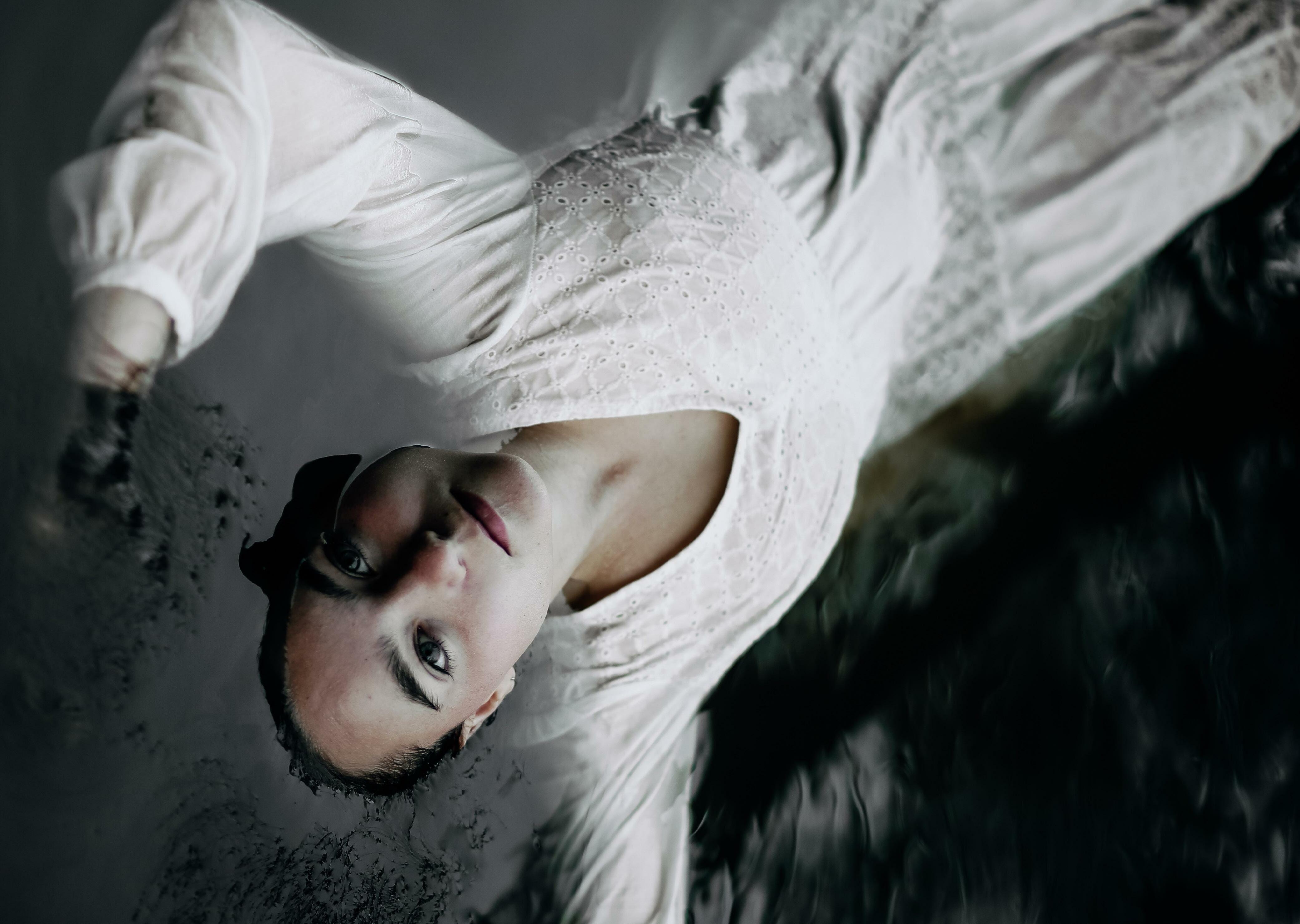
41 PHOTOGRAPHY BY BETH MOORE
Hard to Swallow
That night I was woken by the sound of my feeding tube clogging. The machine beeped long like a heartbeat flatlining. The sheets were soaked and stained with yellow chip sprinkles. My skin was sticky, as if I put my entire body up a Push-Pop and licked it all over. My mouth was dirt-dry, so I padded into the kitchen for a glass of water. Following the path by fingertips running across plaster and toes booting the air for coffee tables and dining room chairs, only fumbling for the light switch when the carpet turned to wood. The fluorescent bar zapped before deciding to stay on.
Dad was leaning over the sink. He grunted when the light came on and busied his hands in the sink. I heard water lapping onto the marble benchtop. I pretended I hadn’t seen him and pulled open the fridge. He called my name, twice.
I asked why was he up, and he grunted. 'What does it look like?' He held up a plate that had remnants of detergent and bolognaise settled on it, like it had been sitting there festering for hours and quickly drizzled with soap.
He asked me what woke me. 'Thirsty.' I felt like I was telling a lie even though that really was what I’d been doing.

'Righto,' he said. He turned away from me again, finishing the conversation. He never did have much to say.
'Well then, I – I better head to bed. Appointment early tomorrow.'
'Yeah, leave at seven,' he said, like he’d never thought about the results that came after the appointment. He didn’t seem worried, which I guess made me feel better. Maybe he didn’t care.
'Oh, and Dad,' I said and he turned around. I got down on my knees, ready to beg. 'Can you please buy me a new fa––' But before I could finish, he grabbed my forearm and yanked me upwards. He bent over me with his face twisted up like a tree root. Searching me, holding me up, cupping cheeks. 'Madi, tell me where it hurts. What’s wrong?'
Picking Up the Crumbs
PHOTOGRAPH BY BETH MOORE
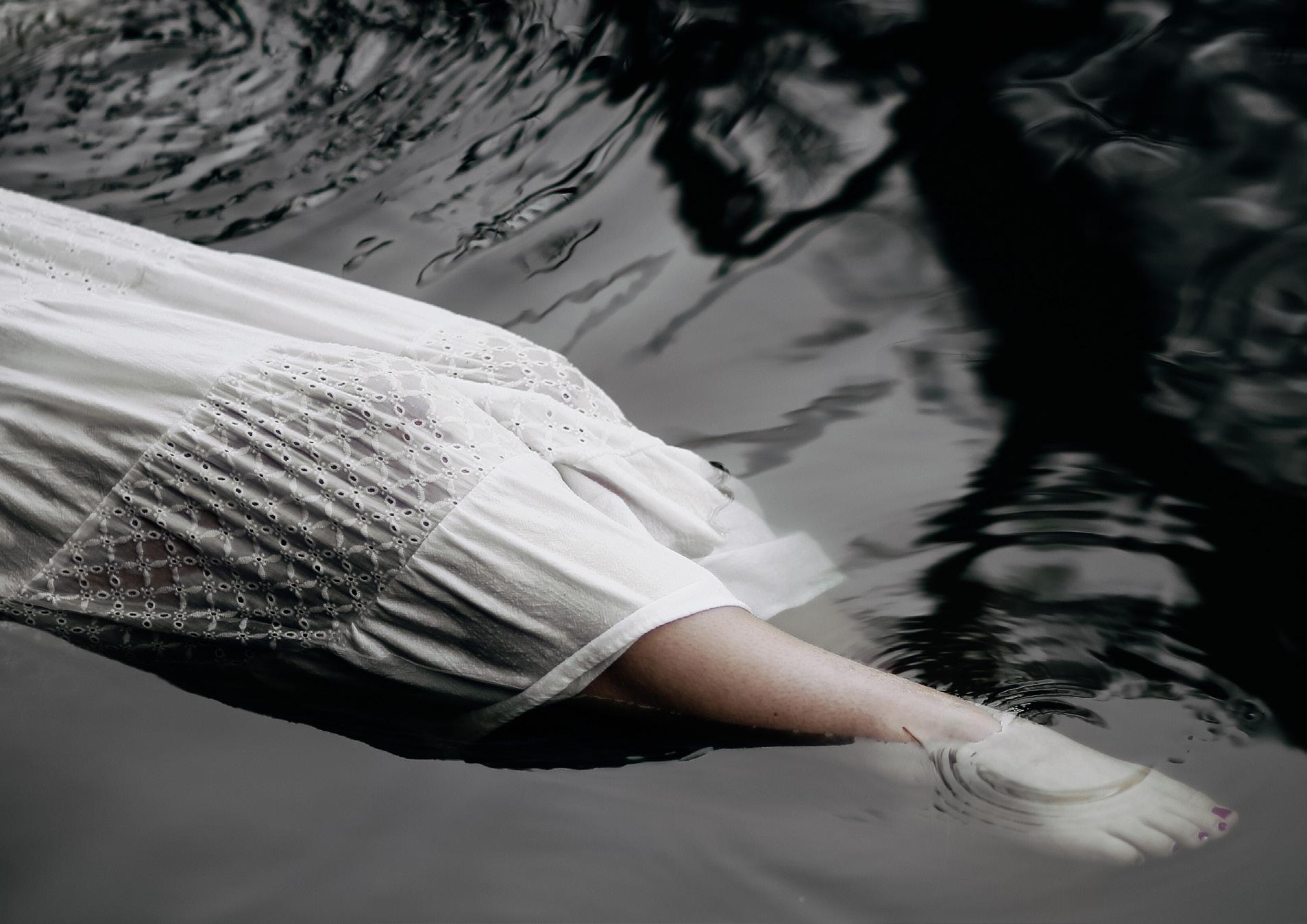
I stepped backwards, thinking he was tricking me. Only tricking me. But his eye twitched and he blinked three times, one, two, three, and it was a sign. A sign that told me for sure his head was nowhere good.
'I just – I just wanted a fan. A fan in my room.'
I heard footsteps and Mum stood over us. They looked at each other, and must have passed a mental message back and forth. A hand grabbed the palm of my hand and I sat against the wall. My mouth tasted funny and I tried to swallow it all down. It didn’t budge.
 ELLA BRUMM
ELLA BRUMM
What does it mean to crumble? For me, it involves a shaky sense of self, disconnect of body and mind, and raw eyes from crying.
My earliest memory of crumbling was at the tender age of three. I was attached at the hip to a pastel yellow stuffed bunny – called Yellow Bunny. I have no idea who gave it to me, but it went with me everywhere. That was until Yellow Bunny went missing. According to my parents, this was one of the worst weeks of their lives. I screamed and cried to exhaustion each day. My dad retraced the steps of every possible place Yellow Bunny could have gone missing. My parents put up missing poster signs around our neighbourhood, checked lost and found areas every day, and scoured the shops for a replica Yellow Bunny.
But Yellow Bunny was never found. Eventually, I got over it (at quite an embarrassing age, I must admit). Still, I’ve taken away from that loss the comforting realisation that my parents are willing to sacrifice their time, resources, and (let’s face it) their dignity to put my little yearning heart at ease.
42 43
MADI BLISSET DE WEGER
BY BETH MOORE
PHOTOGRAPH
NON-FICTION
This piece was originally published on qutglass.com
I crumbled again when I turned eleven. I went to the roller drome turned ice-skating rink for my birthday with my mum, sister, and best friend. My sister eagerly shuffled over to the rink and began tearing through laps, overtaking the younger children. It was my first time ice-skating – I was nervous but giddy with excitement. My friend went ahead, clutching the railing with each clumsy step. I followed her. I made it about two meters before my balance gave way, my right skate caught on the edge, and I slammed against the ice chin first.
A sudden throbbing ache tore across my body. It was nothing I couldn’t handle – until I saw the pool of blood forming around me, and my friend began to scream. The ice-rink overflowed with my screams because I honestly thought I was dying (me, dramatic? I don’t think so). The pain of splitting my chin open wasn’t the devastating part – it was feeling like my birthday dissolved into despair, doomed to spend the rest of my day in the ER.
I didn’t get to experience ice skating, and I dreaded the feeling of my head wrapped in gauze. In the following weeks, a neat two-centimetre scar on the bottom of my chin became my show and tell. Despite my mum pinning my arms down so the doctor could stitch my chin up, the scar reminded me that physical pain heals, and I came through the other side a bit stronger.
Crumbling in high-school was different. There was no sudden trigger, just a painfully traumatic four years during which my self-esteem eroded, and my joy for life withered away with each day I got on that school bus. Until then, I never had an issue forming bonds with people. I was a relatively charismatic and interesting person, but with each failed attempt to connect with my peers, my charisma and interest in life dwindled. I became a shell of myself. My parents noticed, and it broke my heart that I wasn’t the once bubbly, smiling little kid they remembered. Once again, I was reminded of my parents’ enduring love and support that they so effortlessly doled out. They prioritised my mental health, paying for and taking me to psychology appointments, checking in with
me after each school day, reaching out to teachers, and always being open to listening without judgement. I would never have finished high school without them.
Recently, I crumbled hearing my Nana had passed. I sobbed uncontrollably for days. The slightest smell, sound, or thought would trigger a tsunami of tears. I’ve never lost a close family member before, and I felt ill-equipped with how to deal with this type of grief. It wasn’t sudden. She was very sick for a long time. The usual feelings that most people experience when they lose someone flooded my mind – guilt for not reaching out more, distraught knowing I would never see her again, and relief to know she was no longer in pain. I was heartbroken to see my Grandpop lose the love of his life. I crumbled each day I woke up and remembered Nana was no longer with us. I dreaded the funeral. I felt nervous in a way I never had before. Anxiety and grief churned inside me, mixing into distress I have never before endured.
I knew I couldn’t read my eulogy for Nana without crying. I couldn’t bear to confront the feelings and emotions I had been ignoring for so long. When the day came, I was a mess and unsure how my Grandpop would cope. He has experienced a lifetime of incredibly traumatic moments, near-death experiences, and losses. I thought this would be the hardest for him. But I’ve never seen a warmer glow on someone’s face until I saw him beaming at the slide show depicting my Nana’s life. Granted, he didn’t have his hearing aid in, so he gave everyone a perplexed look as they cried, reading out their goodbyes, but nonetheless, I was astonished by his strength.
It’s the most frustrating advice for someone struggling, but it remains the only thing that has rung true: lean into how you’re feeling, refrain from pushing your emotions down, and trust that time will heal all wounds. Each time I’ve crumbled throughout my life, I believed I would never get over it. But with time, love, and support, I’ve managed to scoop up the crumbs and reassemble myself, often feeling
Paloma (Stir, Stirring, Stirred)
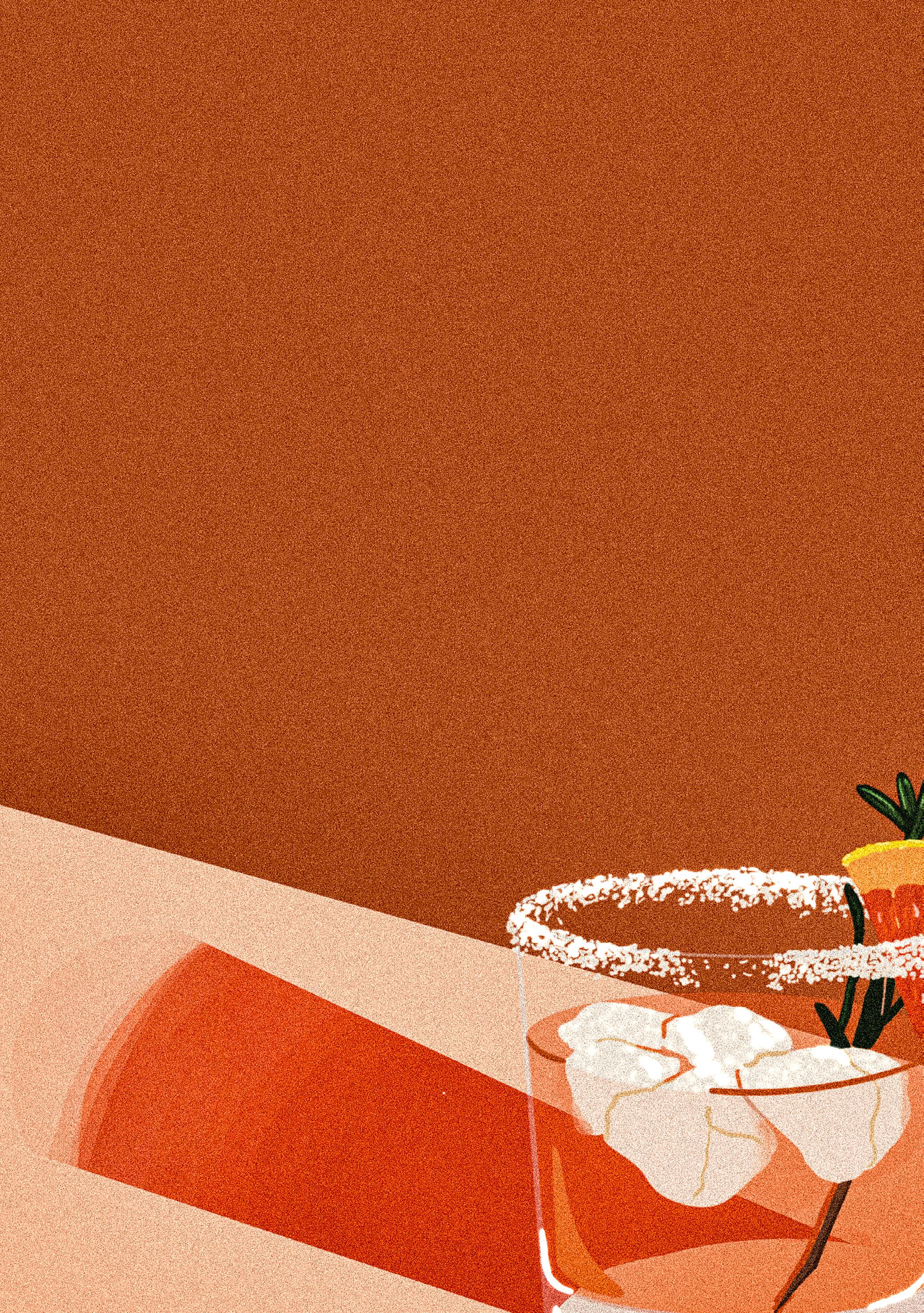 EM READMAN
EM READMAN
1. I never know if my tarot card pulls are accurate, or if I make them accurate. It’s easy enough to manipulate the meaning. Each morning I lay them all out face down, I flip the same card over, week after week. The Hierophant. It’s a card about tradition, paths, and past wisdom, about looking back to go forward. Chalking it up to coincidence is easier than giving weight to it. Each time I pull it from the deck I stare at it longer than I need to, already knowing what it’s trying to say.
2. My stepfather is making paella in the kitchen, I am sitting at the bench top. We are in their new house, boxes strewn across the rooms. He, my mother, and my sister moved in not long before I arrived. I’ve gotten to know him better since the hard border between their state and mine came down – a chance to make up for the lost time. We get onto talking about his youth, and he tells me about him holding the record for the fastest drive between two towns, about motorbikes, about his family farm. He tells me about how he’s always been pulled between duty and wanting. I ask how he brought himself to choose what he wanted, and he told me the choice is easy when you’re willing to make it.
3. I am walking through the Fremantle city grid in the early afternoon. The limestone buildings shade one sidewalk and illuminate another, and I cross the street each time to walk in the sun. A true Queenslander. I am alone this afternoon, making my own way through the streets. I slip into a bar, order a Paloma, and sit at the high tops by the window. I feel like I breathe easier here, whether that’s because it’s colder or because I am wholly alone I don’t know. I couldn’t have had a drink alone a year ago, but my own company does not make me feel lonely anymore. I know what it means to be alone. Salt and grapefruit hum together as I sit, I have a fortnight left here.
4. I’ve spent more time with her over west than when I’ve been in Brisbane. I’m sitting in the backyard of a friend of a friend, making a mental note to bring a jacket next time. Someone is sound-checking their guitar on the verandah-turned-stage. A small crowd is sprawled across the backyard, and I sit next to her, we catch up over a few beers. She looks happy in the way I want to be sometime soon. She gives me a few musician recommendations and they are what I needed to hear, whether she knew that or not. A cautionary strum tells us that the music is about to start, and we settle in.
5. My sister asks me if I am alright. I say that I will be. I am on the other side of the country when my landlords call to say they are selling, and the sooner we’re out, the better (for them). I feel my sense of security in Brisbane collapsing, my tether to this place eroding in real-time. This breakaway gives space to a pull I have felt for a long time, a pull that my cards have been telling me about for longer. There are things that keep me in this city, but I know there is not enough to make me stay.
44
45 NON-FICTION
6. Half-empty houses echo in a unique way. Sound travels further than you mean it to when it doesn’t hit couches, curtains, blankets, or tables along the way. The echo makes me think there are more people in the house than just me, waiting for the end of a lease, the start of something else. The start of, hopefully, something better. I am packing my art pieces into tube mailers late at night, and the empty walls make for a stark reminder of how I made this place home. I cry, and the echo carries. I remind myself that it is alright to be sad after making the right decision.
7. I do the grocery shopping while two wines in after a literary salon. The supermarket is dead as I wander through, picking up things that I’ll be able to get through before we move. Sparkling water, a block of cheese, soup, bread rolls, oyster mushrooms. I put the coffee beans back when I remember my housemate has already taken their machine to their new house. In a few weeks, everything will be different. I am excited and scared at the same time, mourning and reviving over and over in the self-checkout line.
8. A friend invites me over for dinner by her fire pit. The months of rain has long ended the fire ban, and I bring over nice wine. We sit out on the grass. I’ve known this home since I was little, it is a home in and of itself. I lived here once, when I was between houses. It is a soft place to land. I’m here, again, on the precipice, the bushland of outer Brisbane brings me a clarity I don’t know if I will be able to replicate in a new city. I leave in a few weeks and I know it is what I am stretching out for. A new path, following what is now a tradition in my family, to move over west in a time of great change. My friend talks for a long time about bravery, about choosing what you deserve, about how feeling half-doomed comes with a freedom that you cannot get ahold of any other way. I feel my chin wobble, feel myself come apart at the seams, preparing to put myself back together. I feel myself starting to stir.
Running & Baking
LUCY HEATHCOTE
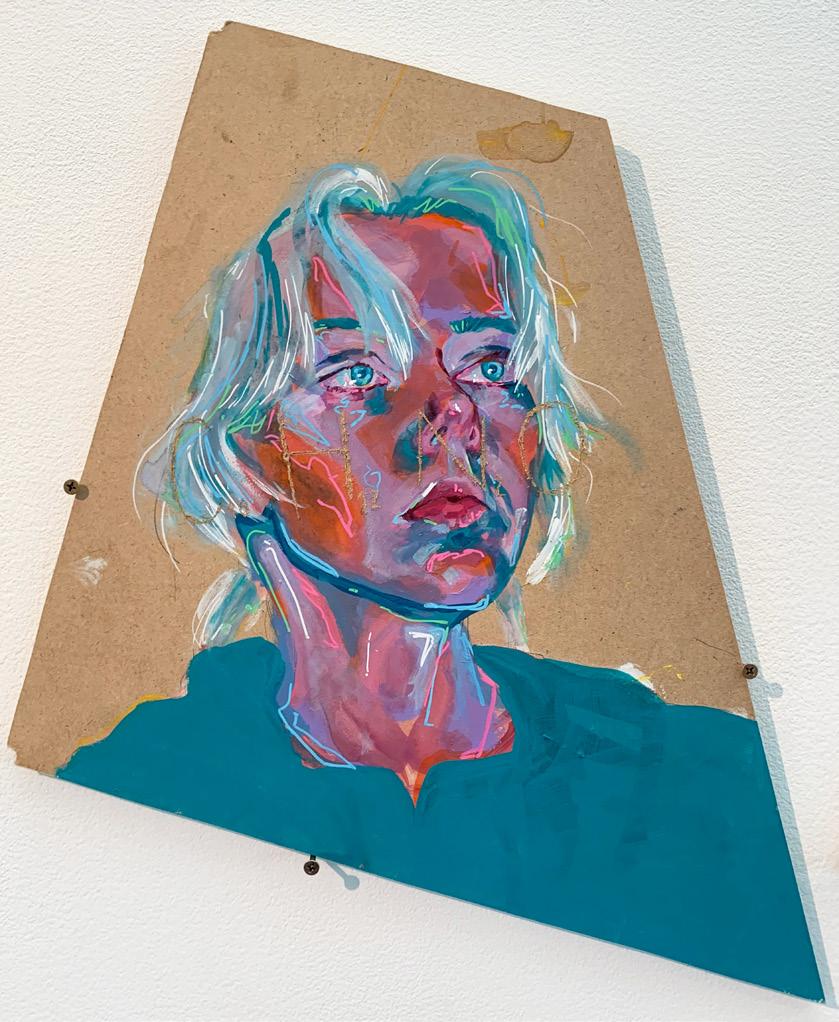
Baking is one of the great loves of my life. I’m also terrible at it.
I do not say this modestly.
If you look in my kitchen you will not find a secret stash of perfectly blow-torched crème brûlée or a tray of delightfully crisp cannoli with gooey hazelnut praline piping. One day maybe, but today is not that day.
There are cakes I’ve forgotten to line, biscuits sifted with the wrong flour, and croissants created with margarine instead of butter. But when I’m baking, all my stress seems to evaporate in the oven. Occasionally, I even have an edible success.
Growing up, food to me was like sex to teenage boys. I craved it, I loved it, and I wanted more. I mean, there were definitely some awkward moments, but mostly I had a pretty healthy relationship with it.
I grew up with a family obsessed with food.
My mum is an experimental cook. Sure, she can whip up a classic chocolate cake for birthdays if forced, but it’s more likely to be an almond apple-cake (that’s actually a banana and dried walnut extravaganza with some hidden zucchini in it). There were no Coles mud cakes in our house.
I inherited my lack of interest in properly following recipes from her. I’d substitute ingredients, adjust measurements, and change the cooking times when I realised halfway down the page that I needed to have prepared the dish the night before. Nothing ever turned out particularly edible, but there were never tears. It was like therapy to me.
Why not just follow a recipe? I do I suppose. Loosely. But I enjoy myself more when I’m not constrained to a particular method.
My dad cooks for fuel. To this day, leftover tuna stir-fries haunt my dreams, as does the consistent promise of lamb chops three nights a week. Similarly, my brothers live on a diet of pasta, protein powder, and chicken.
Furthermore, I grew up on a farm- food was everywhere. We're an active family, and the possible downfalls of eating didn’t occur to me until after I’d left home, taken several gap years, and found my way to drama school. Suddenly, everyone around me had either an eating disorder, was
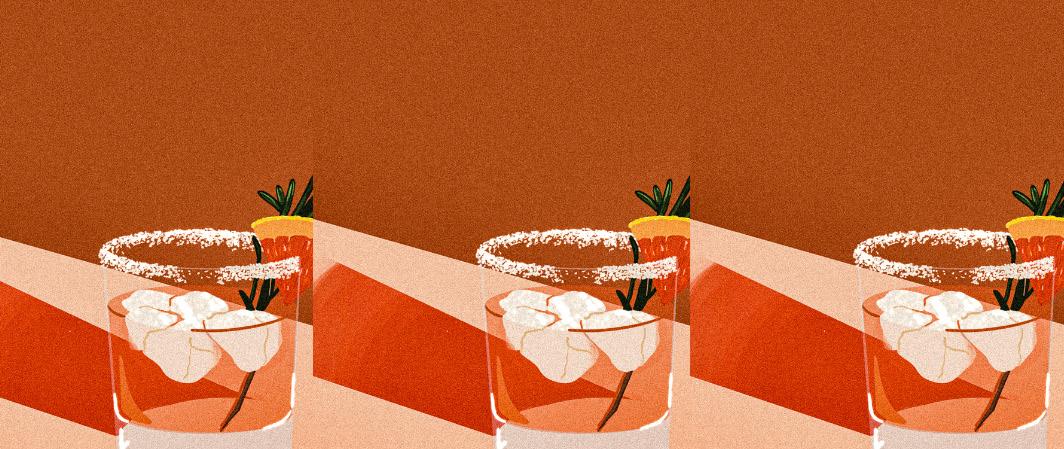
borderline alcoholic, or lived off a diet of Nando's and weed. But still, it never occurred to me to change my relationship with food. I loved eating, I didn’t mind who I was, and I swam laps several times a week to keep active.
But in 2020, with my uni work online, I went to stay with my parents in the country town where I grew up. While it was lovely to see my folks, I spent most of my time doing online classes all day every day. Two weeks in I was bored, restless, and sick of tuna stir-fries. However, it occurred to me that this was the perfect time to pick up a hobby.
This hobby needed to have certain qualities:
1. It would keep my mind and body occupied.
2. It would be free.
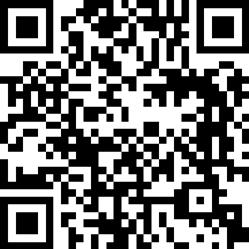
3. I could do it on my parents’ property.
Ultimately my options were running, masturbating, or playing with the dog.
I went with running.
Running was one of the great hates of my life. Like baking I was also terrible at it. Not exactly sure why I hated it so much, but the whole thing just felt like death.
Over the years I’ve successfully avoided cross-country days, any gym classes involving cardio, and numerous fun runs by telling people ‘I’m more of a sprinter’.
46 47
ARTWORK IZZY HEATON
MEMOIR
This piece was originally published on qutglass.com
To ensure I stuck to it, I decided I would run every day. It didn’t have to be very far, just the length of my parents’ 1km driveway. But I had to do it daily. Turns out it was fucking horrendous, and I still hated running. But I also hated Zoom, so I kept doing it to keep myself away from that hellhole.
My daily running routine lasted for three months, and when I returned to Brisbane it kept going. By this point, running was a necessary ritual for me and I started to enjoy it. I increased my distance, occasionally overtook people in the park and was finally feeling some endorphins.
I also began listening to running podcasts: what were the best clothes to wear for running, when is the ideal time to run, what should a runner eat?
Six months later I was still running. Running had kept me happy and purposeful. I’d fully abandoned baking, lost weight, and started making plans to run a marathon. I lost interest in food, but I was also more obsessed with it than ever.
How would my poached egg on multigrain toast affect my performance?
Should my protein intake be higher?
Where could I cut back?
My love affair with running lasted over a year. Eventually, I ran so much that I got injured.
My physio banned me from running, kindly told me I was an idiot, and gave me stretches instead. I lost my routine, endorphins, and control.
I was pissed off and in denial. I angrily deleted Strava, started sleeping in, and refused to hear anything about the athletics events at the Tokyo Olympics. I wasn’t interested in walking, didn’t want to take up other forms of exercise, and avoided the gym for temptation of using the treadmill. I’d ditched baking, ruined running, and was now alone with no hobbies, dodgy knees, and an eating disorder.
At Christmas I went to my parent's property. I sat around complaining, eating whatever I wanted, and being a miserable little shit. My mum was in full holiday baking mode (Pavlova! Brandy Pudding! Shortbread!) and sick of my whinging, encouraged me to join in.
I tentatively stirred saucepans, beat eggs, and chopped ingredients. There was a nice rhythm to it, but it’s not like running. There are no endorphins like there are with exercise – if you think there are, it’s probably sugar.
The dish came out of the oven.
'It looks great, but baking isn’t my thing anymore,' I told my mum.
The next day I tried to bake cookies. They failed brilliantly, but there was a certain satisfaction with the process. And so, I gradually but cautiously began to embrace baking again. A cake one week, some scrolls the next, even some underwhelming pizza dough came out of the woodwork.
I still crave running (walking just doesn’t cut it), but I’m gradually getting better at balancing food and exercise. They may feel opposed, but for me they feed into each other.
I’m terrible at them, I’m addicted to them, I love them, I hate them.
I just need to work on having them in moderation.
Book Review: Henry Hamlet’s Heart By Rhiannon Wilde - A Mosaic Of Obviousness
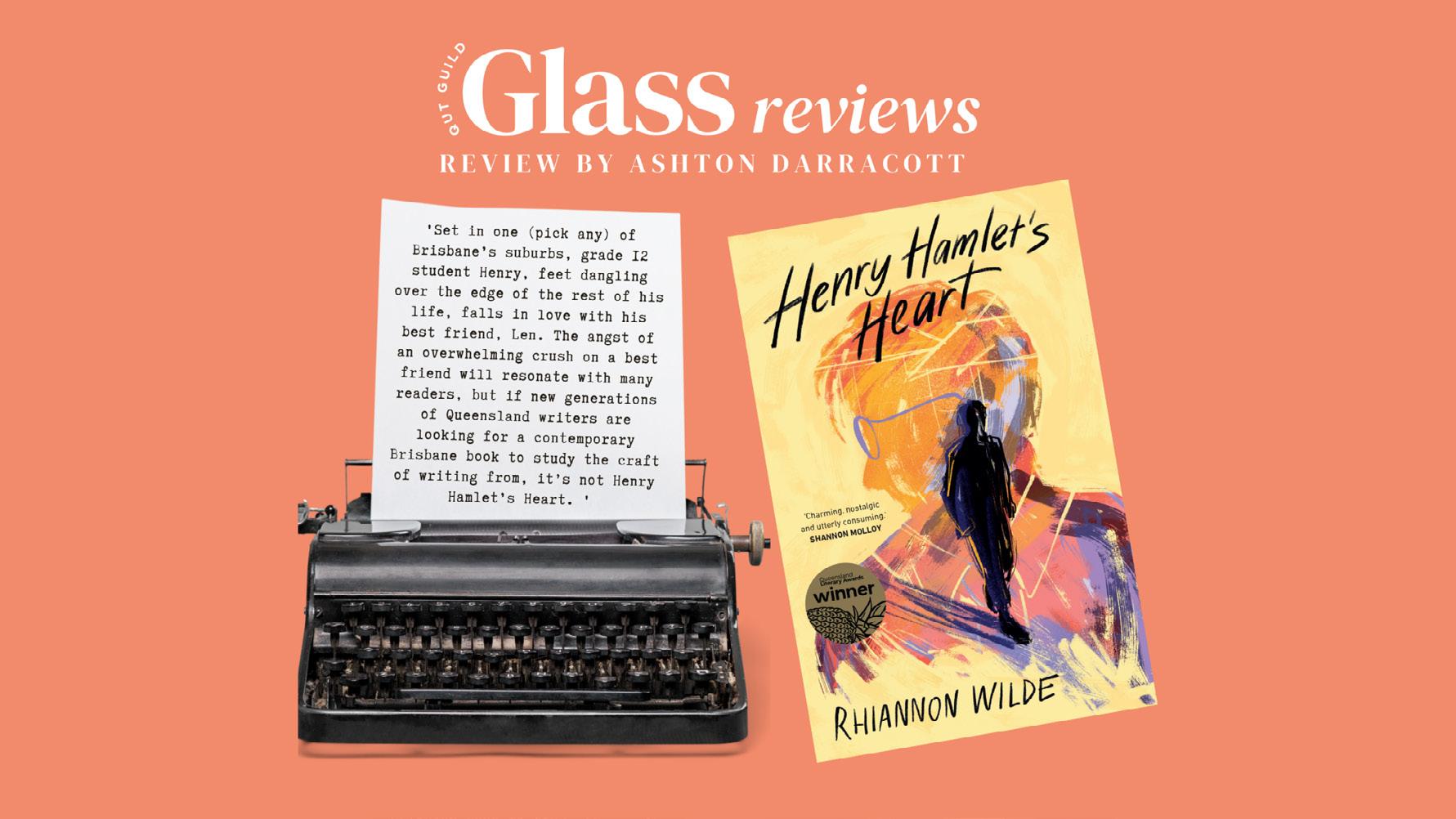 ASHTON DARRACOTT
ASHTON DARRACOTT
Set in one (pick any) of Brisbane’s suburbs, grade 12 student Henry, feet dangling over the edge of the rest of his life, falls in love with his best friend, Len. Post-drunken dare at a house party, Henry must navigate his intensifying feelings for Len against the backdrop of the Australian high school experience of dramatic English monologues, school assemblies, and the anxiety of trying to decide what to do with the rest of his life. However, as much as this book captures the angst of high school crushes, it loses its credibility when it fails to develop its characters or its setting in any meaningful or complex way.
This book’s premise rests on the nerdy-protagonist-andsuper-hot-charming-everyone-wants-to-be-them-bestfriend trope that many addictive but ultimately vacuous love stories use to prop themselves up. The book is full of the kind of sexual tension and character tropes that the novel reads as if it could have easily been a re-worked alternate-universe fanfiction that first appeared on Wattpad or Archive of Our Own (see: Fifty Shades of Grey, After). While this type of fiction is no less valuable to the literary canon, Henry Hamlet’s Heart has nothing lasting
to offer the reader once they have turned the final page. You know how the story ends before it even starts due to the trope and the predictability of the plot.
One gets a sense that the wider aim of the book is to foster a sense of nostalgia in the reader for high school. In reality, the effect of this book is one of visceral relief: a feeling of being immensely, palpably grateful about not having to endure high school anymore, and no longer having to live through the ferocious, hormonal, all-consuming, self-censoring kind of crush on a person that Henry has on Len. And beyond this, reading about Henry doing an English monologue assignment after studying The Great Gatsby likely isn’t interesting for Australian high school students who had very probably already done that exact same assignment themselves.
The dialogue between characters also feels unnatural and obvious at points, and the supporting characters are not fleshed out any more than what they offer to the main storyline: supporting the narrative between Henry and Len. Len’s worryingly verbally and emotionally abusive,
48 49
BOOK REVIEW
and physically threatening father seems to be planted for the sake of the plot, rather than an important theme that Wilde wanted to explore in its own right. It exists to make Len’s otherwise picture-perfect life look more ‘down-toearth’ when really, the characterisation depicts family violence in its most insidious form: right in front of you, loud and clear. In 2021, using domestic violence as a plot device feels unacceptable.
Details throughout the book seem to have been warped so that they fit the plot, despite not being realistic. How has Henry turned eighteen in the January of his year twelve year in 2008? Something about two old gay women having a priest officiate their ‘marriage’ (it’s not real as it’s 2008 after all) because one of the two women has ‘dirt’ on the priest (society at large is becoming quite aware of the atrocious ‘dirt’ that priests might be covering up) leaves a sour taste in the mouth. Tokenistic references to MySpace, Metro Station’s Shake It and the Tumblr emo side fringe are the only points that might direct us to a setting in the late 2000s.
Personally, I rejoiced when I saw a contemporary book set in Queensland’s capital. There is a vast body of literature that brings Brisbane to life in its relatively short history. But I was sorely let down when Wilde never dove into the setting, nor allowed Brisbane to become a character in its own right, while leaning so heavily on vague yet obvious references to places. For example, after Henry and his friends graduate, they go to an unnamed bridge that people can live in, but never names this as the Walter Taylor Bridge joining Chelmer and Indooroopilly. I can find no reason why Wilde shies away from adding hard details into her setting, but it speaks to a wider trend in her writing of superficiality, almost an evasion of committing fully to her characters and setting.
If a fresh, provocative, and novel story about gay romance is something that readers are after, it’s not in this book. It would make a great beach read, airport layover read, or simply binge in a day on the couch doing nothing. But if readers are looking to get the gay romance effect that this book is going for, they’re better off plonking down on the couch and watching Heartstopper or Love Simon on Netflix. The angst of an overwhelming crush on a best friend will resonate with many readers, but if new generations of Queensland writers are looking for a contemporary Brisbane book to study the craft of writing from, it’s not Henry Hamlet’s Heart.
Glass Media pairs young QUT writers, readers, and critics up with new release titles to review and publish on our website. For more information, or to register your interest to review, visit our website for more information.
Art in Review: Botanica 2022
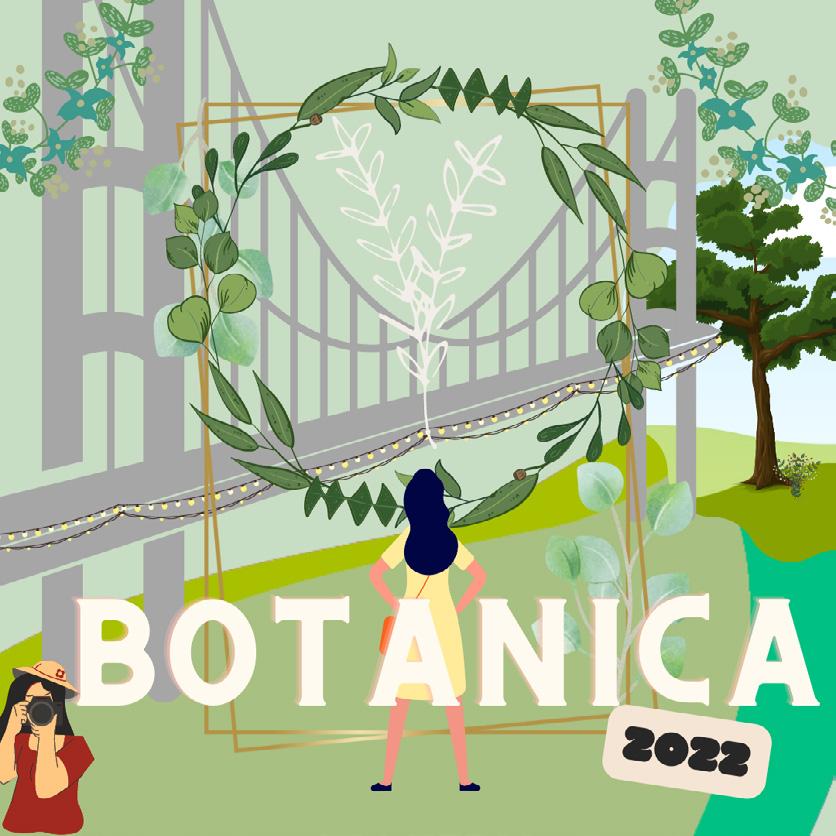
This piece was originally published on qutglass.com
SAM HOPE
Crowds were heaving on the final Friday night of Botanica . Of course, it was busy – it only runs for nine days, and the first three (at least) were wet and miserable, as yet more 'unseasonal' rain fell. Paths were filled with families, couples, and friends. Children ran around manically, some frighteningly close to the local possums. An enormous line slithered down the main path of the city botanic gardens to see the neon night garden of luminescent, crochet fungi. Even when I came back later in the evening this line remained ludicrous, so I had a peek as I walked by instead. It’s safe to say it was not a typical relaxing night in the gardens looking at art.
The highlight of the event was A Simple Story by Sam Cranstoun (let’s hear it for the Sam’s of the art world!) –a downsized replica of the story bridge, half-submerged in a pond. Upon seeing this, I (and probably many others) jumped to the assumption that this was a commentary on the recent floods in Brisbane. And we were all wrong, sort of. This artwork not only addresses the recent Brisbane floods but is in fact begging us to think about climate change as a whole. It asks us to rethink our relationship with nature, our built environment, and the idea of nature reclaiming our cities. Unfortunately, I think for some viewers the effect was more, ‘Oooh! Look, what a pretty bridge! Oh, it’s the Story Bridge!’
It was my favourite piece on show, easily. They even synced up the lights on the replica to match the colours and patterns of the actual Story Bridge just down the river. The successful final outcome of the work suggests a lot of thought and effort put into it. But after moving on from A Simple Story, my evening became slightly more lacklustre. However this was in no small part contributed to my overpriced Starbucks Frappuccino – a silly choice in the cold weather.
The typical questions came to mind. What even is art? (Yes I did just do an entire degree on this question). I wondered to myself, if I were to simply make something glow in the dark, do I have something ground-breaking on my hands? My answer: no. If an artwork is based purely on audience contribution, whose work is it really?
Some of the concepts and their outcomes at this year’s Botanica reminded me of the train of thoughts of a highschool visual arts student. It’s not that these ideas were bad, they just felt underdeveloped, and could certainly have been pushed further. I had an internal battle with myself the entire time walking between the works on display because after studying a Bachelor of Arts for three years I have been taught to analyse works and criticise them in an academic light. But as an artist and art lover, I was just underwhelmed.
When I saw applications open seeking artworks for this exhibition, I felt as though I need not apply, it felt out of reach. But on attending, I feel I let myself down by not applying.
Of course, it was still a festive, enjoyable evening. Celebrating art in Brisbane while spending a night walking around the gardens with friends or family is undeniably a genuinely lovely time. This is only my second time attending Botanica, and maybe my expectations weren’t correctly aligned. However, both years I have felt intrigued by a few works and indifferent to all others. I look forward to attending again in 2023 and hope to be proved completely wrong with conceptually stronger works.
This piece was originally published on qutglass.com
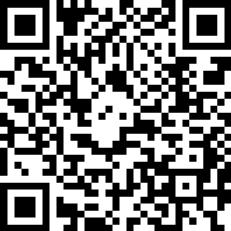
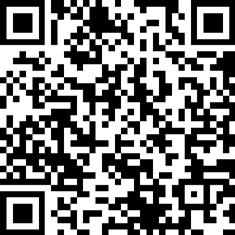
50 51
ART REVIEW
This piece was originally published on qutglass.com

and Japanese-Korean Sign Language, and even a quick reader like Lachlan needed the occasional 'remember, that’s a reference to when…'
But the film has a reputation for not being for everyone, which is obvious from the beginning.
Weird sex, that hallmark Murakami-ism. Moreso, intimacy held askew with some instant feeling of imbalance or unease. Sunlight crowns the head, and darkly masks the face of Yusuke’s wife, Oto (Reika Kirishima), as she props herself up in bed. This first shot holds her silhouette close as she monologues, so close that she is speaking to you, not her husband, of her dream last night, the short story ‘Scheherazade.’
eel – because in orgasmic trance last night, straddled atop him on the sofa, on the anniversary of their daughter’s death, Oto told him the dream-story of a teenage schoolgirl recounting, mid-masturbation herself, how in another life she had been a lamprey.
‘Actually, I-’ Yusuke frowns, closes his laptop. ‘I have to get going.’
I looked to Lachlan – and he to me.
Then a few minutes later we found out that Oto was cheating.
Film Review: Drive My Car
WRITTEN BY RORY HAWKINS
It is Valentine’s Day, and I am alone.
My Tinder first date was postponed to later in the week; we don’t want to set too romantic a precedent. Besides, today I want to see a movie, and we all should know by now that movies make awful first dates. It’s a stationary road-trip, side by side, the sun beginning to rise – a bright world ahead with shadows behind, with a total stranger.
A movie is an awful first date, especially when it’s the threehour long journey of a Japanese stage-actor grappling with the loss of his wife. But I’m not entirely alone. I invited a friend. Lachlan had nothing to do for Valentine’s too.
And I am desperate to see director Ryusuke Hamaguchi’s Drive My Car (2021), a film adaptation of Haruki Murakami’s short story of the same name. It’s a real custom job, converting another of Murakami’s, Scheherazade , to expand on character, plot and themes. Both stories have been lifted from his 2017 (for English translation) short story collection, Men Without Women .
I look at Lachlan, at the vacant seats around me and him. Irony is never lost.
And neither are these stories’ narrative idiosyncrasies –we’ll dub “Murakami-isms” – in transport to the screen, even with all their additional mechanics. Still, as certifiably good as Drive My Car must be, taking home 2022’s Academy Award for International Film, how watchable is it for a general audience? While it’s a scenic journey for dedicated literary fans, is it for anyone else? So, with a nigh-empty theatre and three hours’ worth of awkward silences to explain to baffled Lachlan – and now you, in the backseat – we’ll pop the hood and see how it purrs. ***
Drive My Car follows Yusuke Kafuku (Hidetoshi Nishijima), an ageing stage actor specialising in multi-lingual performances, but you aren’t told this in any convenient way. Similar to a short story, there’s no introductory scene to formally present himself as the protagonist or deliver his backstory as a speech. Simply, he moves, and the camera follows. Like coarse Yusuke’s attitude to his new driver, Misaki Watari (Toko Miura), it is a film that asks you to keep both hands on the wheel and pay immediate attention. You aren’t told a lot and are shown just enough, not a quality for everyone to enjoy. Add in subtitles for Japanese, Korean,
Cinematographer Hidetoshi Shinomiya may have taken inspiration from Lee Chang-Dong’s Burning (2018), another Murakami adaptation, by contrasting these super close-ups with shots of generous negative space, both lingering past comfortable welcomes. Pops of colour, like Yusuke’s brash cherry-red Saab 900 Turbo, are few and far between. Brightness comes only as the camera catches sunbeams, lens flares, blurs in motion, the forms light takes and portrays. Drive My Car’s beginning evokes Burning’s “sunset dance” scene – its voyeurism, only knowing characters through stories they tell, left wondering who else they could be. Even without plot elements, ethereal moments like these stand out as delicately crafted for anyone to see.
Using another short story to complete Oto Kafuku’s part, and prologue the whole narrative, was an excellent choice. Though it takes half an hour before title cards even roll, it offsets Murakami’s habit of leaving female characters by the side of the road. Repurposing Scherezade gives more respect to Oto with a richer backstory, a tangible relationship, and even more weird sex. Like I said, there is a dry and ponderous plain to cross with reading Murakami, but with screenplay this switches gears to the hilariously awkward. My favourite example:
A jazz record mumbles in the background of the couple’s apartment.
Oto traces a hand on Yusuke’s desk. ‘What are you up to, honey?’
‘Nothing,’ he says.
He’s not doing nothing. He’s watching YouTube.
He’s watching YouTube videos about lamprey – a parasitic
When Yusuke’s overseas trip is cancelled, he taxis home to surprise Oto. He takes a quiet step into their apartment. He catches her in the hallway mirror, mounting a younger man on their sofa like that night not long before. And Yusuke leaves, and spends the next week in the airport hotel, Skyping Oto about how great the theatre scene in Finland is.
Sometimes you just have to laugh, and laugh we did. Just as well theatres are near-empty on Valentines. In all of three hours, I don’t remember any moment of deliberate levity in Drive My Car. Hamaguchi makes no attempt at comedy with this film. It’s a rare thing to appreciate. Jokes can fall short or muddy the tone but, in this case, they’d simply halt the viewer from paving their own sense of humour over any number of earnest but eccentric scenarios. This might be obvious already, but I believe it’s your own sense of irony that will always work best to make something funny.
Still, Drive My Car has a confident tone, never steering off its course. In the space after Oto’s sudden death, Yusuke moves through his grief and the aftermath of the complex relationship he had with his wife. No matter where he goes, time in his little red Saab ekes by: time driving in silent understanding with Misaki; time confronted by his wife’s last affair, Koji (Masaki Okada) over who really knew her; time stagnant with Oto through the tape recordings she once handmade for him. Of course, we catch only the most poignant lines of Chekhov’s Uncle Vanya:
‘You understand that the world is not destroyed by villains and conflagrations,’ Oto recites, ‘but by hate and malice and all these petty squabbles.’ Her voice travels across years. She remains in their home, seated at the table. Sunlight crowns her head and darkly masks her face. ‘It's your duty to make peace, and not to growl at everything.’
‘Then help me first,’ recites Yusuke. ‘To make peace with myself.’
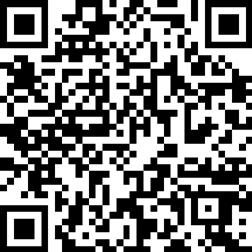
52 53
FILM REVIEW ARTWORK IZZY HEATON
Greenslide: Greens Vote Swells in Queensland, While Major Parties Lose Ground
 TOM LOUDON
TOM LOUDON
The 2022 Australian Federal Election saw the success for the new, Anthony Albanese-led Labor Government, the rise of "teal independents", and a backpedalling for the major parties in Queensland.
The Liberal National Party, amid nationwide losses, ceded two Queensland seats, while Labor's nine-seat national gain was hampered in Queensland by Terri Butler's loss in Griffith. The winner of these three Queensland seats; the Greens.
But Greens Councilor for the Gabba Ward, Johnathan Sri, didn't see the "teal-wave" and "Greenslide" coinciding with a general disillusionment with the major parties. Sri, irritated by southern experts' analysis of the Queensland election results, sees this explanation as naive.
'Many of these explanations (particularly from major party supporters) are hilariously simplistic, maybe because some people are trying to convince themselves that there's an easy, straightforward way to counteract what's happened,' Sri said in a statement after the election.
'They sound more like wishful thinking than robust analysis.'
The seat of Brisbane – home to both QUT campuses – was one of the three Greens wins, taken from Liberal National member Trevor Evans by Stephen Bates. To Bates, his win was no accident.
'The success of the Greens in Queensland is the product of a clear strategy and years of dedicated work by thousands of volunteers across the state,' Bates said to Glass
'We've been able to build on victories at the local and state level, forming deep connections with communities, listening to their issues and proposing and delivering real solutions.'
'The Australian people have been abandoned by the old parties, and they're justifiably pissed off.'
'People wanted change, they wanted a positive vision, and the Greens were able to provide that.'
After emigrating to Yeppoon as a child, the UK native moved to Brisbane about a decade ago.
'I've been living and working here in Brisbane for a decade, which means I know how tough things are for young people,' Bates said.
'Wages are flat, rent is out of control and essential health services – like getting your teeth fixed – are out of reach for most.'
But Bates hastens to note that the Greens vote went up state-wide, not just in their new seats of Brisbane, Ryan, and Griffith. The party's second Queensland senator, Penny Allman-Payne, will be based in Gladstone, central Queensland.
'I'm hopeful that this election was the death knell for two-party politics in Australia,' Bates said.
'Obviously, the Teals are a very different political project to the Greens, but the fact that they were able to so successfully leverage discontent in the electorate to me signals that there has been a fundamental shift away from the status quo and the embracing of a new style of politics.'
While Labor has now formed a majority government in the House of Representatives, a record twelve Greens senators will ensure Labor must work with the Greens to pass legislation.
'Labor and the Liberals' vote went down, ours went up,' Bates said.
'We have a clear mandate.'
But experts don't agree entirely with Mr Bates.
Dr Frank Mols is a senior lecturer of Political Science and International Studies at the University of Queensland, who specialises in political psychology, studying voter attitudes.
Dr Mol's field of interest also extends, tepidly, into partisanship. Originally from the Netherlands, Dr Mols became a member of the Australian Democrats last year and was involved in their small campaign in Queensland.
Seeing a combination of Green's campaigning and political distrust, Dr Mols believes the reason for Green's growth in Queensland is multi-faceted.
'We always have to be careful with what parties and leaders tell you they've done and what they've actually done,' Mols said.
'As a researcher, you have to be mindful that self-reported answers to questions are not usually the best answers.'
'The Greens are quite clever marketing people and are quite clever in the way of micro-targeting and using data. Compare that to ten years ago when [the Greens] was just an idea, and people campaigned to the best of their ability.'
'We've never seen anything like that before from the Greens, and it's a combination of sustained community involvement … but also learning how to campaign in a datadriven way.'
'The Greens have quite a machine, I think … and it's starting to pay off.'
Dr Mols says it is unpopular governments who lose elections more than popular oppositions who win them.
'There was a fatigue with the Morrison government and the Labor governments in different states,' Dr Mols said.
'The Greens' wins in Queensland have a teal wind in their sails.'
To Mols, left and right, and poor and wealthy, aren't helpful groupings for voting blocs.
'Populist voters are a motley crew and certainly not less well-off than mainstream voters. A centrist, that is a category that is not committed, is actually far more mobilisable in all sorts of ways than we expected.'
'Stereotypes are pedalled around all the time that the losers of globalisation are Trump voters, and poor people are Trump voters, and so on.'
'These are reductionist explanations that locate social phenomena in different people in the electorate. But explaining people's partisanship doesn't always work exactly like that.'
This piece was originally published on qutglass.com
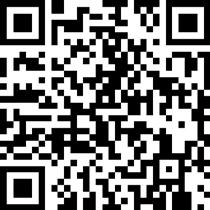
54 55
NON-FICTION
Your Favourite Movies are Made by Bad People
TOM LOUDON
For all its circumstance and glamour, Hollywood is one of the most insular communities in the world. Even the synecdoche “Hollywood” is derived from a singular, elite neighbourhood in one of the most expensive cities in the world. A 20-minute drive downtown and you find Skid Row, the permanent home of nearly 10,000 homeless people. It’s not surprising then that Hollywood celebrities
because I see his actions as acceptable, but because I thought the Academy would. The celebrity elite being held accountable for flagrant abuse is devastatingly new, younger than most Gen-Zs.
***
Not enough is written about the case of Roman Polanski, the Polish-French Director who survived the Holocaust and went on to win an Oscar, two Golden Globes, two BAFTAs, the Palme d’Or, and a Ceasar.
Three of his Oscar nominations (including his sole win), three Golden Globe nominations (including a win), a BAFTA Award, a Palme d’Or, and nine Cesar awards (from an incredible 12 nominations) have all come to Polanski in the years since his conviction. Far from refusing to work with a convicted sex offender, the community rallied behind Polanski and enabled him to continue working and abusing in their industry. Eight women have accused Polanski of sexual misconduct in the years after his extradition.
The Polanski Petition
At one stage, it seemed likely that Polanski would be extradited to the United States to answer for his crimes, both convicted and alleged. In 2009 Polanski, then aged 76, was placed under house arrest in a Swiss chalet to await extradition to the United States. The director had travelled to Switzerland to accept a lifetime achievement award at the Zurich Film Festival.
Again, Polanski’s community rallied around him. Filmmakers, actors, and producers worldwide signed a petition urging his immediate release, reading as follows;
‘Filmmakers in France, in Europe, in the United States and around the world are dismayed by [his arrest].
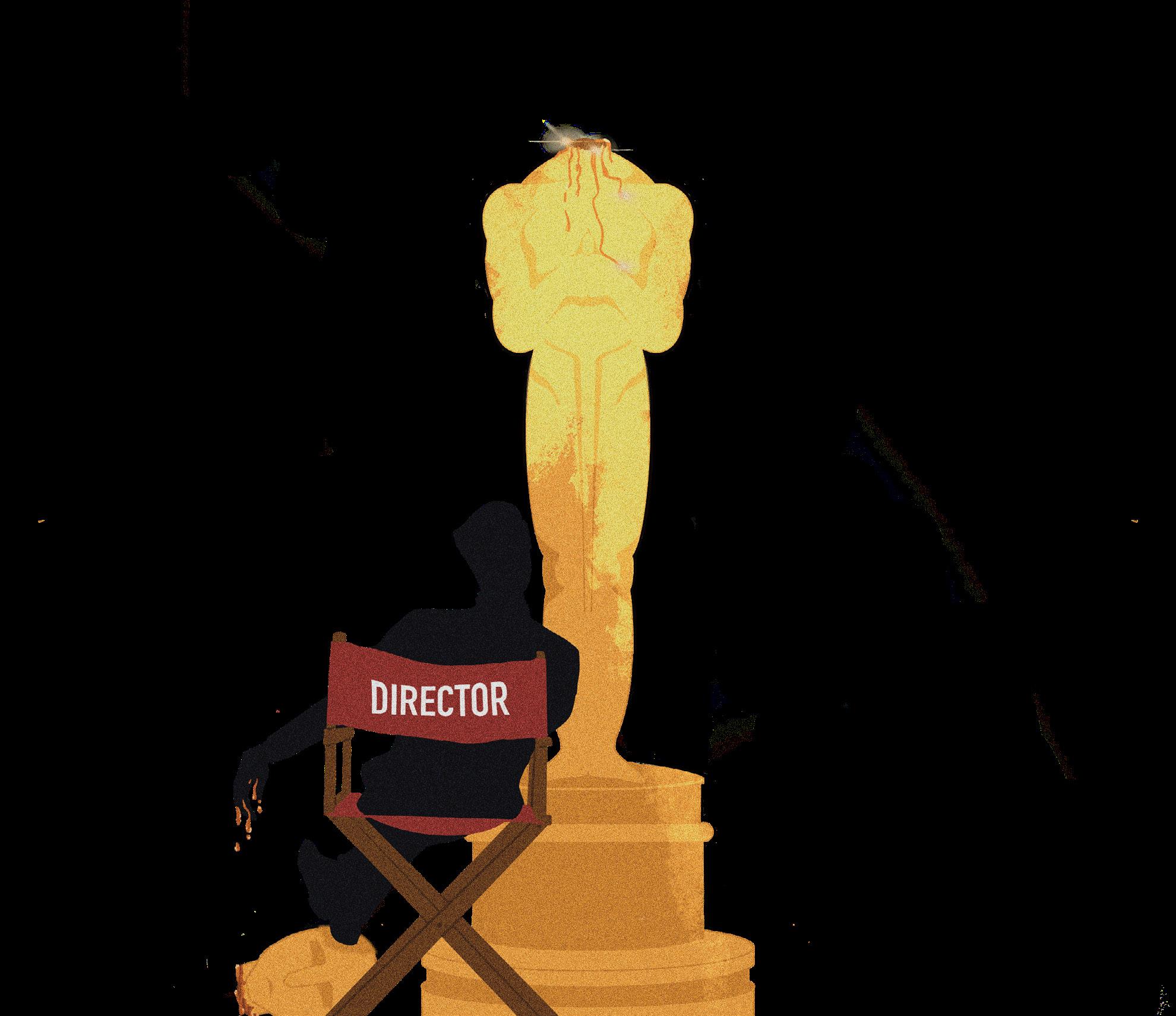
It seems inadmissible to them that an international cultural event, paying homage to one of the greatest contemporary filmmakers, is used by police to apprehend him.
‘His arrest follows an American arrest warrant dating from 1978 against the filmmaker, in a case of morals.
‘By their extraterritorial nature, film festivals the world over have always permitted works to be shown and for filmmakers to present them freely and safely, even when certain States opposed this.
‘The arrest of Roman Polanski in a neutral country, where he assumed he could travel without hindrance, undermines this tradition: it opens the way for actions of which no one can know the effects.
‘Roman Polanski is a French citizen, a renown and international artist now facing extradition. This extradition, if it takes place, will be heavy in consequences and will take away his freedom.
‘Filmmakers, actors, producers and technicians — everyone involved in international filmmaking — want him to know that he has their support and friendship.’
In true Hollywood style, the petition was signed by Polanski’s contemporaries; Woody Allen, Quentin Tarantino, David Lynch, Martin Scorsese, Tilda Swinton, and Guillermo del Toro, among many more, as well as
the French Film Academy (Cesars) and the Cannes Film Festival.
American screenwriter and director (and alleged comedian) Woody Allen has also been nominated for three Oscars after it became known that he was engaged in a relationship with his underage, adopted daughter. American actor Kevin Spacey, also an Oscar winner, has faced more than fifteen accusations of sexual harassment. Unlike all these men, Will Smith has been banned from the Academy Award ceremony.
So, in the bubble of Hollywood, what makes Will Smith’s crime so much worse? The fact it was at the ceremony? Maybe the fact his actions were broadcast and impossible to look away from? Will this sacrificial lamb hold the Academy in good stead with audiences in the future? It's important to note that of all these people, Will Smith is the only Black man, and the role of racism in Hollywood's selective policing should be an entire article itself.
It’s never too late to do the right thing. Nothing is stopping the Academy from banning Roman Polanski.
The ‘Polanski Petition’ was signed by, among others: Woody Allen, Wes Anderson, Darren Aronofsky, Monica Bellucci, Adrien Brody, Robert Cohen, Alfonso Cuaron, Guillermo del Toro, Terry Gilliam, Alejandro Gonzalez Inarritu, Wong Kar Waï, John Landis, David Lynch, Michael Mann, Martin Scorsese, and Tilda Swinton.
Polanski has been or continues to be, supported by: Johnny Depp, Whoopi Goldberg, Meryl Streep, Stellan Skarsgård, and Harvey Weinstein.
Previous supporters of Polanski who have since publicly expressed regret include: Asia Argento, Xavier Dolan, Natalie Portman, Quentin Tarantino, Emma Thompson, and Kate Winslet.
Polanski’s films remain available in Australia to rent or stream on: AMC+, Amazon Prime, Apple TV, Crackle, The Criterion Channel, HBO, Hulu, Kanopy, Netflix, Paramount+, SBS, Tubi, and Stan, among others.
*A full list of people who signed the Polanski Petition* (www.altfg.com/film/petition-for-roman-polanski-signatories/ )
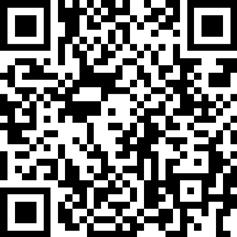
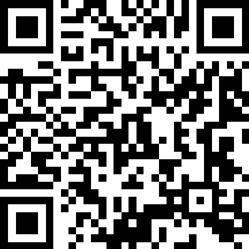
57
Will Smith, Roman Polanski, and the moral corrosion that keeps Hollywood alive
CONTENT WARNING: THIS ARTICLE CONTAINS REFERENCES TO SEXUAL ASSAULT AND MISCONDUCT.
NON-FICTION
This piece was originally published on qutglass.com
Labor's Transphobia Problem
AMY SARGEANT
On May 21st voters defied electoral pollsters yet again, delivering an unprecedented federal election result. A slew of independents and Greens are heading to Canberra, and Labor has won enough seats to form a majority government in the house. It is an optimistic time, one where queer allies may overlook some underlying issues that have not been addressed.
Many political parties in the West are struggling with transphobia in their ranks. The Greens, despite having fantastic policies on offer for trans and gender diverse people, are not immune. In March this year, Victorian Greens Councillor Rohan Leppert came under fire after his history of backing the TERF hate movement was uncovered. The difference is, it seems to me that this instance is an outlier compared to Greens candidates across the country. In April, Greens leader Adam Bandt made an impassioned speech about protecting the trans community at the National Press Club. The same cannot be said for the major parties.
We’re all aware of the Coalition’s atrocious record on trans issues. The former Prime Minister, Scott Morrison, is a horrendous transphobe who platforms anti-trans campaigners and openly suggests trans people are illegitimate human beings – a minority playing dress ups. Among queer people and allies, the Coalition’s history on these matters is widely understood. What is less discussed, particularly among allies, is the Labor Party’s analogous problems.
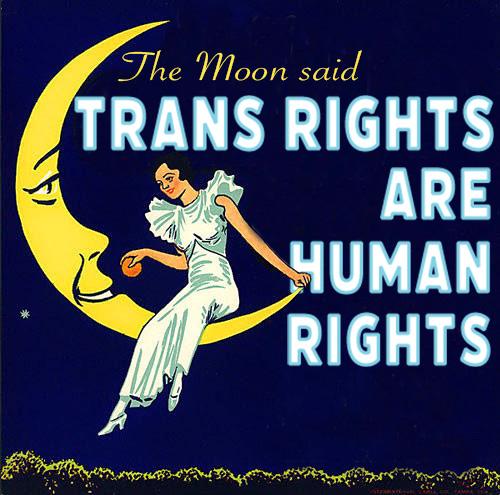

Labor leader and now Prime Minister Anthony Albanese has a shocking history of transphobic actions and comments. In 2019, Labor stripped all reference to queer people from its policy platform. What is left are a handful of open statements about inclusion, but no policy. There are open statements about “consulting with relevant communities” where there once were promises for change.
Also in 2019, Albanese gave the finger to protesters begging Labor to fight against the Religious Discrimination Bill at Mardi Gras. He watched as former UNSW SRC President and Young Labor member Zack Solomon hit a woman across the face with a pride flag.
On the receiving end is Shovan Bhattarai, then UNSW Education Officer, who said: ‘Albanese felt safe, protected by his cronies. Enjoy the feeling while it lasts - there’s a radical LGBTQI movement that won’t stop fighting until we have full liberation.’
In 2020, Labor dumped previously announced federally funded gender clinics in each state. The role of LGBTQI Commissioner was also dumped. The National LGBTQI Health and Inclusion Strategy was also dumped from their plan, to the dismay of community advocates.
In 2021, 40 references to lesbian, gay, bisexual, transgender, intersex and queer rights were stripped from Labor’s updated policy platform going into the federal election. This included desperately needed reforms to prevent coercive medical interventions on intersex babies. It also included dropping a plan to end out of pocket costs for trans healthcare – something that would shift the stratosphere of trans experiences in Australia and save lives. Meanwhile, the Greens made medicare cover for trans healthcare a key component of their LGBT+ policy platform.
In 2022, Labor voted with the Government to introduce the Religious Discrimination Bill – while simultaneously claiming they had ‘saved’ queer people by introducing new laws which supposedly protect us. This is not the case – under Labor’s proposed protections, schools can still exclude queer students because they are different, doctors can refuse to treat trans patients for religious reasons, and a lecturer can refuse to use a student’s pronouns. Trans teachers are at huge risk under Labor’s plan – it is dire.
As the year wore on, Albanese continued this pattern. In a wide spanning profile in The Monthly, he paraphrased J.K. Rowling on trans issues, stating that we should not ‘seek to impose’ our pronouns. In an interview with Joe Hildebrand, Albanese stated that men cannot have babies –despite trans men having children every week in Australia. Speaking to trans kids playing school sport, he echoed the Prime Minister, stating that ‘Girls should be able to play sport against girls.’
It all culminated in the bombshell moment during the second leaders’ debate, where Albanese verbalised the preeminent TERF dog-whistle live on air, after hate group
No Self ID in QLD requested he do so three days prior. The group, who are currently plastering women’s bathrooms in Queensland with transphobic stickers and brochures, put out the call, and he used the exact wording they asked for. We were watching in my house, and this moment elicited gasps, then tears.
In the wake of the 2022 federal election result, small-L liberal commentators have sought to frame unprecedented swings towards independents and the Greens as the result of perceived climate inaction from the major parties. I think that is absolutely part of the story, but there is much more to talk about. In Queensland, Labor did not pick up a single seat – in fact, they lost one to the Greens in Griffith. Meanwhile, Greens candidates unseated Coalition members in the seats of Ryan and Brisbane. In other states, progressive candidates were equally more effective in fighting Tories. Evidently, ambitious and progressive platforms have appeal.
Western electoral politics should not be treated like a team sport. So often, rusted on Labor supporters rush to excuse bigotry from ‘their team’ rather than openly condemn it. For trans people, this shows that you care more about a political party than our lives. Remember, you cannot waste your vote. Use your voice on the streets and at the ballot box to stand up for our most vulnerable, whether it be trans people, refugees, First Nations people, or the next generation. This means preferencing truly progressive candidates above those who align with bigots. Voting can’t be the extent of our action toward liberation for oppressed groups, but it’s one small and important gesture we should continue to think carefully about. It’s time to change.
58 59
NON-FICTION
BY ANNE KELLEY
ARTWORK
In Defence of Sun Yang
TOM LOUDON
On February 28th 2020, the Court of Arbitration for Sport handed down a guilty verdict and eight-year ban to Chinese swimmer Sun Yang. This outcome was the result of nearly four months of hearings, deliberations, and tantrums in the Swiss town of Montreux, and formally designated Sun as a drug cheat. Two years on, the ripple-effect of this decision carves a problematic precedent when it comes to drug use in sport.
As the COVID-belated 2022 FINA World Championships begin in Budapest this weekend, the best swimmers in the world will either descend in competition or take a deserved break after last year’s Olympic Games – with one notable exception.
Australian swimmer Mack Horton faced the wrath of the Chinese media during the 2016 Summer Olympics, when he publicly labelled Sun Yang a drug cheat. Since then, the Australian media has collectively demonised the 30-yearold Chinese, freestyle swimmer out of public favour.
And on the surface, what’s wrong with that? Sun Yang is, by any definition, a drug cheat. But the case of Sun Yang resists simplicity, and it’s time the culture of drug vilification in sports is properly examined. Because not only is it unhealthy – it’s deadly.
Though not widely known, FINA (the global body governing aquatic sports including swimming, diving, and water polo) has until recently been one of the most successful sporting organisations in the field of doping prevention. In fact, the body has come under fire for the strictness of its rules, notably the 2017 twelve-month ban issued to Australian swimmer Thomas Fraser-Holmes, who missed three drug tests in a year – tests that are by their nature random and unannounced, only allowing a single hour for an athlete to provide a sample.
But from the get-go, FINA has been soft on Sun Yang.
Sun returned a positive test for the banned substance Trimetazidine in 2014, and was handed a back-dated three month ban by the Chinese Swimming Association (the Chinese FINA affiliate body) that didn’t restrict his entry to any international events. This is incredibly inconsistent when compared to Fraser-Holmes' twelve-month ban, received without a single positive test.
Pertinently however, the drug was prescribed to Sun by a doctor six years prior to treat heart palpitations. The drug had only been banned a few months before Sun’s positive test; a fact Sun maintains he was not alerted to. Today, Sun continues to use the drug with a medical exemption, as it is not considered by sporting authorities to be performanceenhancing when used outside of competition.
The Culture of Drug Prohibition in Sport
The prohibition of medically prescribed drugs from competition does not, in any material sense, level the playing field. Instead, it puts athletes at risk.
Australian-Hong Kong swimmer Kenneth To suffered similar symptoms to Sun Yang. In 2019, To felt unwell after a practice session in Florida. The issue – To’s heart had not slowed down to a regular rhythm after exercising. After being taken to hospital, To died of Sudden Cardiac Arrest aged 26. While one can’t speculate about To’s access to medication, his death serves as a reminder that even elite athletes can die suddenly from a heart condition.
In this context, the hostility shown towards Sun by swimmers like Horton and the Australian media looks much less like courage, and more like aggression.
In any practical sense, most sports analysts and journalists tend to agree that the goal of cleaning up sport is not attainable. Widespread, unregulated use of performance enhancing drugs has been a concern for sporting governing bodies for decades, and has not gone away.
But while the discussion over the legalisation of sports doping is ongoing and complex, performance-enhancing drugs remain prohibited by the World Anti-Doping Agency, which views doping violations as breeches of ‘the spirit of sport’.
But Australian academic and analyst Julian Savulescu wonders how legal and freely available drugs in sport would violate this ‘spirit’, which includes pillars like excellence in performance, community and solidarity, and teamwork.
‘For many athletes, sport is not safe enough without drugs,’ Savulescu argues in his 2004 paper, Why we should allow performance enhancing drugs in sport
‘If [an athlete] suffer[s] from asthma, high blood pressure, or cardiac arrhythmia, sport places their bodies under unique stresses, which raises the likelihood of a chronic or catastrophic harm.
‘For example, between 1985 and 1995, at least 121 US athletes collapsed and died directly after or during a training session or competition—most often because they had hypertrophic cardiomyopathy or heart malformations.
‘The relatively high incidence of sudden cardiac death in young athletes has prompted the American Heart Association to recommend that all athletes undergo cardiac screening before being allowed to train or compete.’
In many instances, experimental or therapeutic drugs publicly available to anyone in many countries are not available to athletes. Former NRL player Sandor Earl is one example of the double standard. After accessing experimental peptide treatment to recover from a shoulder reconstruction, Earl was banned by the NRL for four years. This was despite his drug treatment not specifically influencing his performance outside recovery and ASADA dropping their probe into Earl.
In many ways, the quest for superhuman performance at any cost dehumanises athletes, and puts them in avoidable physical danger.
Why Sun?
Sun Yang has become a particularly popular villain in swimming – other positive drug tests haven’t seemed to draw the same ire as Sun’s, and Mack Horton’s silence after his Australian teammate Shayna Jack’s positive test in 2019, was not lost on fans of the Chinese star.
South African swimmer Chad le Clos sensationally accused Sun of being ‘dirty’ when the Chinese swimmer came from behind to beat him in the 2016 200m Freestyle event.
‘I was ahead by a long way with 50m to go in that race, but Sun Yang came past me,’ le Clos said.
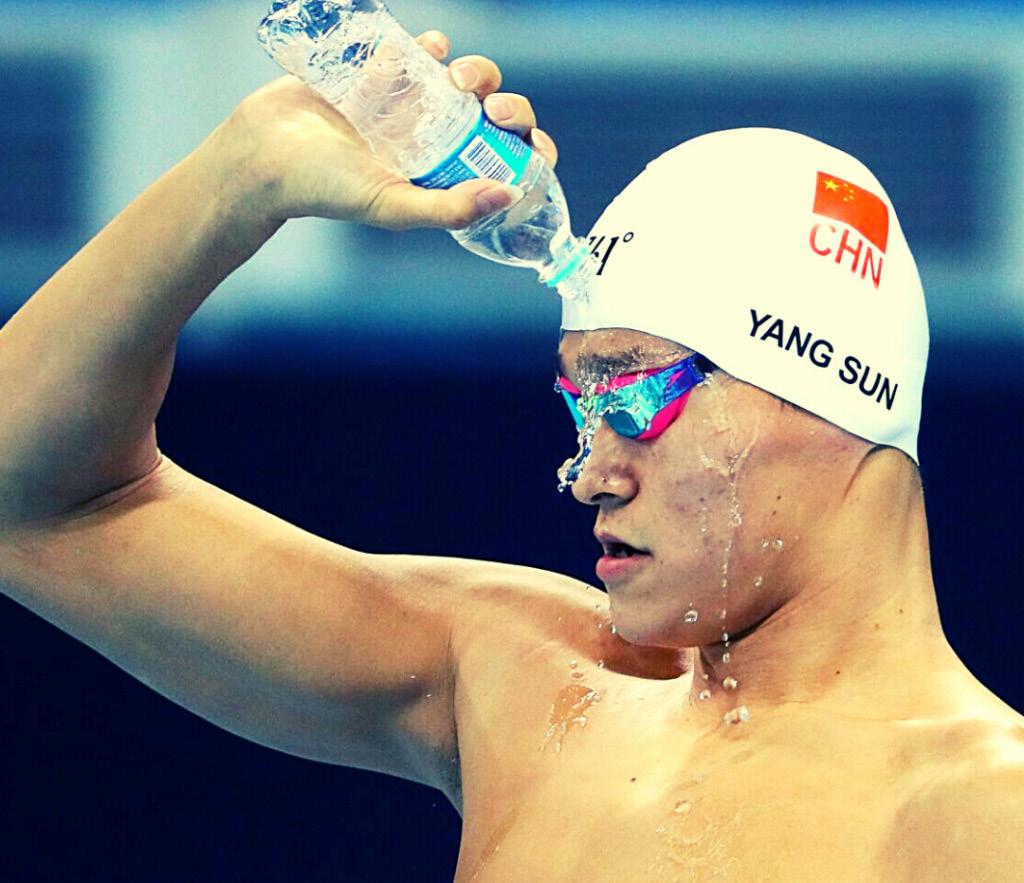
‘He was the only man who did that, and that says it all really … Sun passed me like I was standing still in the last 25m, which is unheard of.’ Swimming commentators at the time, however, disputed this claim, noting le Clos wasted more energy than his competitors on his poor final turn.
Attacked from many sides, paranoia brought about Sun’s eventual second doping ban – this time, without a positive test. After giving blood and urine samples to three antidoping assistants (DCA) at his home on September 4th 2018, Sun sensationally took a hammer from his garden shed and destroyed the samples.
60 61
NON-FICTION
Unsurprisingly, the already embattled swimmer became, again, an easy villain for the Australian press. How could he not? Sun’s fans have abused several high-profile athletes who commented on his case – including basketballer Andrew Bogut and British swimmer Duncan Scott – and his abrasive personality hasn’t made him many friends in the sporting world. Sun’s shed became the butt of many jokes among pundits, as did his “fearsome Tiger mother”.
Few commentators managed, however, to observe that a doping test taking place in a shed is not protocol and that Sun did not in fact bring a hammer with him to a test, as was often purported. Few still reported that after providing samples, Sun observed a DCA taking photos of him. When confronted, the DCA could not provide any accreditation, even claiming to be a construction worker. None of the DCAs had brought any accreditation at all. More confounding still is the allegation from Sun’s Australian coach, Dennis Cotterell, that the drug test conducted on the 4 September 2018, was his ninth in two weeks (These tests were conducted during the Asian Games, and all returned negative results).
Speaking to Glass Media in 2021, Australian Olympic Silver Medalist Jack McLoughlin had little sympathy for Sun, and stressed that other swimmers felt the same way.
‘As someone who thinks what he did is despicable and as someone who is racing him, I did find the 8-year ban to be really harsh,’ McLoughlin said.
‘I think that was a big statement against what he did.’
‘Even if he was concerned with how the test was carried out, with all of our tests we complete there’s areas in the forms where you can report what you weren’t happy about. If the panel thinks that it’s valid, they will scrap the test, no matter what happened. So, there was no real reason for him to do what he did.’
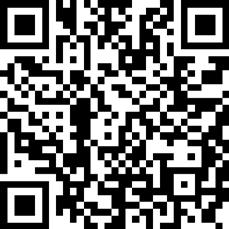
‘We are meticulous with that stuff, when I look at a vial even if I see a speck of dirt in it, I request a new testing tube. Just flat out refusing is a no-no. We all agreed that he should be banned for something like that.’
Sun’s Fate
Sun’s farcical defence at the Court of Arbitration for Sport in 2019 and 2020 was easily lambastable in the international media, including his refusal to respond to questioning, to his attempted boycott of the court. But his initial hearing was also deeply marred by translation issues, which caused frustration among judges and lawyers. The unnamed DCA who had been unable to
provide accreditation at the time of Sun’s drug test, also admitted to being a construction worker via written testimony.
The eight-year ban handed down by the CAS may have seemed inevitable, but in context, the case of Sun Yang resists simplicity. Sun is a helpful villain for a sports media industry concerned by the threat to western sporting dominance posed by China. But when one considers his actual crimes, it's nearly impossible to justify an eight-year ban. In fact, last year, the Court of Arbitration for Sport halved Sun’s ban from eight years to four, clearing the way for his Olympic return in 2024.
Meanwhile, at these June World Championships, Sun won’t be in the pool. He remains the World Record holder in the 1500m Freestyle, but at 30 years old, whether he will ever race professionally again remains to be seen. ***
Sun has always carved a lonely figure at major meets, and is by all accounts difficult for other swimmers to be around. Sun’s confrontations with his competitors has been difficult to justify, even to his fans. When Duncan Scott refused to share a podium with Sun in 2019, Sun infamously berated Scott, calling him a ‘loser’.
I also find it difficult to detach Sun’s cantankerous personality from his swimming performances. At a swimming camp in 2015, my swim team stayed at the Runaway Bay complex where Sun used to train. It was, and remains, the only time I have ever seen a swimmer, elite or otherwise, train completely alone. Sun was accompanied only by the five or six assistant coaches by the pool-side –the only time I’ve ever seen a squad in which the coaches outnumbered the swimmers.
But an abrasive personality is not enough to justify a career ending ban. It’s difficult to defend Sun Yang, and it’s important to criticise him – but that doesn’t mean we can’t try both.
This piece was originally published on qutglass.com
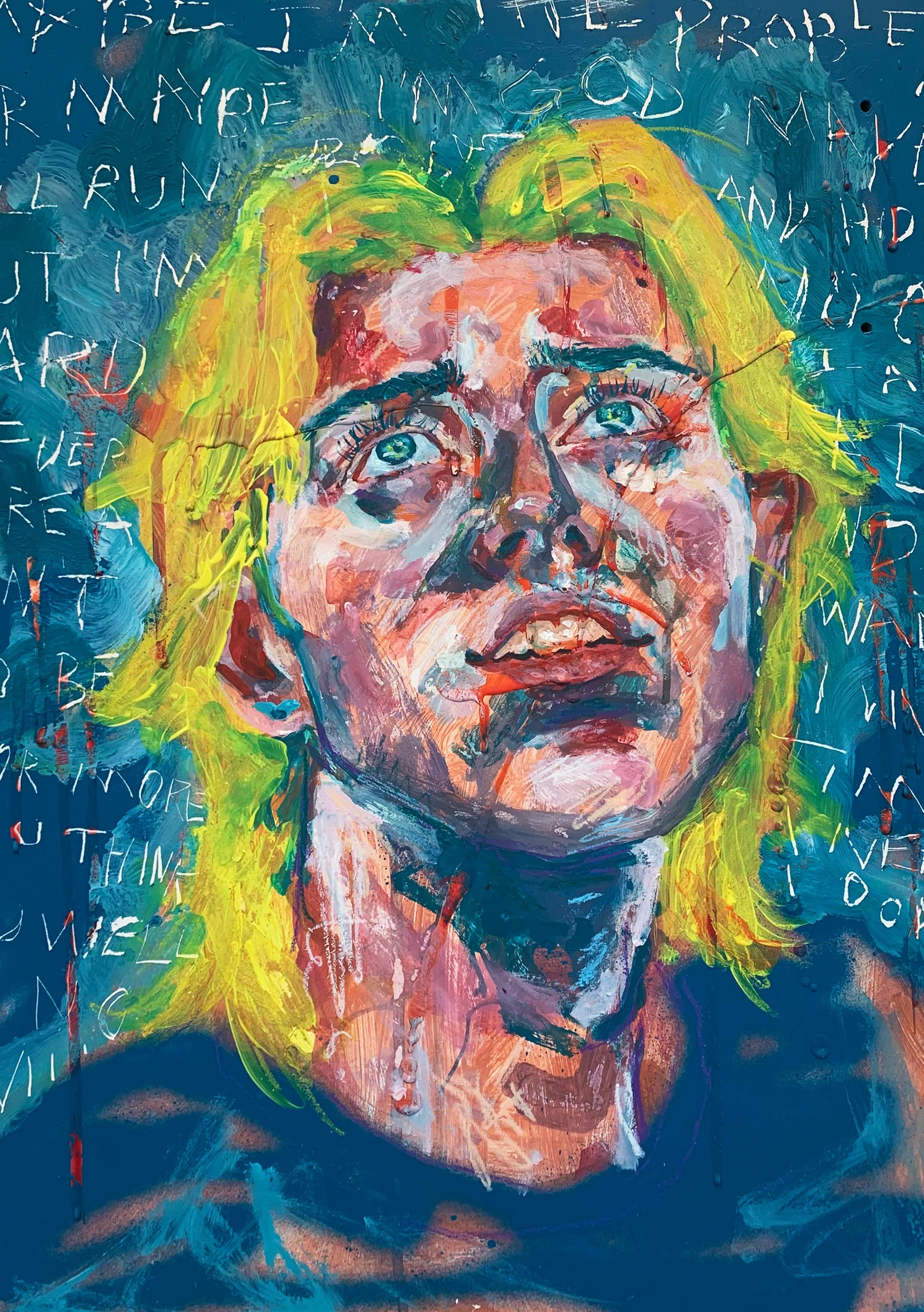
62
ARTWORK BY IZZY HEATON 63
Blinding Love
EURIELLE (CHELSEA) GLENN
The faint mumble of the television stirred me from my sleep. The brisk morning breeze was tender as it brushed at the draperies on the window. It allowed soft filtered sunlight into the room, and it streaked across Darwin's face – illuminating his beguiling features.
'Good morning,' I whispered. His only response was a short hum as he shifted his body closer to mine. He rested his face in the crook of my neck, and I could feel his smiling lips against my collarbone as he let out a lingering sigh. Its warmth swept across my shoulders.
The heat underneath the bedsheets and between our bodies was intoxicatingly pleasant. I stretched and hefted the weighted blanket from my body. Darwin lay in bed, still with a smile on his face, as I padded towards the living room. The static of the television grew more strident, and rays of soft sunlight momentarily blinded me as I walked deeper into the room. I gingerly took the remote and changed the television channel to the morning news.
*
The uneven chorus of shutting down computers and shuffling of papers was all that I could hear as employees collectively concluded their tasks and stood to leave their workstations. I got used to the sinking feeling in my chest as multiple groups congregated and travelled together towards their usual breakroom. I had yet to even know where most of the breakrooms were. I was too new to have made any friends among my colleagues – let alone fit in with any of the already established workplace cliques.
Though, as I peered over the separator of my workstation, I could see the one person who took an interest in me – or rather, was kind enough to show me around and help me navigate the inner social workings of this place. Though that description of his generosity was a bit lacklustre, as he had gotten me the job in the first place. He invited me to the cinemas four times already, and every time his hand found its place on top of mine, and it sent tingles down my legs. He had always held my hand as he walked me to my car, and only when I needed to open the door did he release it.
I watched Darwin as he weaved between workstations. He was striding towards me, and I covered my mouth as a little smile reached my lips. I would've been lying if I said I didn't enjoy his attention.
Today his brunette hair was tousled, and my fingers itched to run through his locks. I quickly averted my eyes as he looked at me. He already caught me staring at him multiple times in the few weeks I had been there, and I wasn't prepared for his playful ribbing when he would come teasingly close to kissing me. Though, a part of me wanted to keep staring.
He was wearing his blinding smile as he reached my workstation and casually leant against the separator. I refrained from staring at his dimples as he chuckled at my enduring silence. 'After work, do you want to watch a movie at my place?' Amusement shone from his eyes as a blush warmed my cheeks, and I could feel my stomach tightening as he leaned closer.
'Sure.' I smiled up at him, and he bit his lip as his own smile grew.
I decided to get my lunch from the dingy fast-food restaurant a block away. I dawdled across the parking lot and let out a steady breath that warmed my cheeks. The cloud dissipated and lost its warmth to the unrelenting cold. Periodical shivers coursed through my aching muscles as I inched closer to my 1990 Holden Commodore.
'I like your car'— I whirled around as a hand tugged at my coat— 'can I see inside?' A little girl stared up at me, and I let out a terse laugh at my jumpy reaction – then I laughed again. The laughter felt bitter in my throat, though, as I thought about the child liking my car (the cheapest and thus the shittiest one available – the only one I could afford).
I stopped laughing as the girl stared at me with widened eyes. I leant down to her level and awkwardly cleared my throat, 'Are you okay? Where are your parents?'
*
I pressed my ear to the door and heard his gentle snoring. I decided to let him sleep a little longer. The night before, we watched a movie in his living room, then we retreated to his bedroom, and as such, I had yet to see the rest of his home. I wandered into the kitchen, marvelling at the large archway that connected the rooms. His home perplexed me – it was quaint in size but extravagant in its detail.
It was evident that a single man lived here – a small pile of dishes sat in the sink (I took to cleaning them) and the
empty fridge if not for a tub of butter (I made a note to write him a grocery list). A slight smile stretched my lips –a formerly single man lived here.
'An investigation is underway.' The television's humming was muffled though intelligible. I shifted my attention away from the news to focus on the task at hand – breakfast.
I shuffled through drawers and eventually found a tub of pancake mixture and tiny cubes of sliced bacon. I fished two plates and a spatula, and the batter mixed with bacon pieces sizzled loudly as I poured it into a pan.
'A parent's plea for help in search of their missing daughter.'
I lifted the pan and scraped the spatula underneath. 'Community search.' The monotone drawl of the news anchor fell into the background as I flipped the pancake, and a loud sizzling once again filled the room. 'Suspected kidnapping.'
I removed the pancake from the pan and poured a new batch. 'Eight-year-old girl with light blonde hair and hazel eyes.' I stared at the mixture as a bubble rose, "last seen in a green dress and tan sandals" and popped.
*
'You were supposed to stay in the car,' I flinched as Darwin appeared next to us, and he chuckled at me, 'I'm sorry for my niece; she's a little weird sometimes.'
'It’s okay,' I uttered, still recovering from his jump-scare; I noticed that he watched me with a tense grin.
'I’m just taking her back to her parents' — he grabbed his niece's hand — 'I'll be back in time for our movie night.'
*
The television switched off, and I swung around with a violent flinch. Darwin stood there with the remote in his hand. He smiled at me, 'Sorry, were you listening to that?' His sharp eyes delved into mine.
We sat in silence.
'Oh, no'— I tried to disregard the drumming of my heart as I gave him a sheepish smile – 'I wasn't even focusing.'
I turned my back to him. The spatula trembled in my hand, and I let out a shaky breath as Darwin's arms snaked around my waist. His body pressed into mine from behind.
'You’re making us breakfast?'
I nodded, and I bit my lip as he rested his face in the crook of my neck, placing a small kiss on the skin. His closeness was conjuring conflicting reactions – my heart slowed in
its beating, but my hands quickened in their shaking.
'Alva...' his tone deepened. I began to feel ill, yet the sensation of him around me felt so comforting. 'Are you okay?'
I removed the pancake from the pan and stacked it with the other. I could feel Darwin's heavy gaze all the while. Swallowing the bile rising in my throat, I gently loosened his arms to turn around. His face was so close I could feel his breath on my lips as he searched my gaze. Worry lines were forming around his blue eyes as I pushed out another unsteady breath.
'We need to talk.'
He stared before silently nodding. He removed his arms from around me and took a step back. He watched closely as I walked into the living room. I lowered myself onto the couch.
The remote of the television sat between us, and I slowly reached out to grab it. I stared at him. He didn't make a move to stop me as tears welled in his eyes. I only needed to turn the television on for a second – to see her face –before immediately switching it off.
We sat in silence.I redirected my gaze to Darwin. Tears were billowing down his cheeks as he stared at me – yet he still made no move to touch me. His tears were almost blinding as the sunlight reflected in them.
'Do you trust me?' He whispered.
My skin tingled. 'You’ll never hurt me. Will you?'
Darwin’s chin crumbled as his lips trembled, 'never.'
'Okay,' tears streaked down my cheeks, 'and I’ll never hurt you.'
When he tentatively moved closer, I didn’t recoil, and as he kissed me, I kissed back.
64 65
FICTION
Christmas Casual
NICOLE JACOBSEN
Beneath the clamour of passing customers the familiar tune of Santa Claus is Coming to Town began its hundredth iteration.
Ella approached a man who stood at the display rack at the front of the store – the one with the hideous red sequined shoes that people either walked right passed or nudged their friend’s shoulder as they moved by the store to laugh over. They’d been living on a back shelf for months now. However, that morning when Ella showed up for her shift, Julie had been carefully rearranging shoes like decorations on a cake. Ella had scoffed and Julie had looked up at her.
‘What?’ She’d shrugged. ‘If there’s any good time to sell these gaudy things it’s Christmas time.’
‘Reckon you can fool some sucker into paying forty dollars for a set of baubles with heels?’
‘Maybe they can put them on their Christmas tree?’
Ella had rolled her eyes and walked beyond the displays to begin her shift. Which she’d been at now for three hours.
The man stood in front of the red disco shoes, the plastic bag in his left hand hung low to swish over the tiled floor. His gaze shifted to Ella as she neared, doing a full sweep from head to toe, noticing her name tag and store shirt.
‘My wife would love those shoes.’
The man’s words lifted the edges of Ella’s mouth. Julie had finished her shift half an hour ago. She would be so cross she’d missed a potential customer for the bauble heels. However, when Ella noticed the man’s gaze, her smile faltered. He wasn’t looking at the red shoes, but at her own feet.
‘Oh,’ she said, glancing at her beige ballet flats.
‘She likes the pointy ones,’ he explained.
‘Well,’ Ella said. ‘We don’t sell these particular shoes here-’
‘It’s not a part of the uniform? You know; this being a shoe store and all.’
Ella embraced her customer service smile and laughed lightly at his joke.
‘You’d think so, but no. Afraid it’s just the t-shirts.’
The man didn’t return her laugh and she worried he’d been serious. He looked back down at her ballet flats. The silence stretched to ten seconds. She shifted her feet and contemplated reaching for the red shoes and clicking them together three times. Maybe they would take her away from the store, this moment, and the way the man staring at her feet.
‘We have some that are quite similar. If you’d like to see them?’ she offered.
The man nodded and gazed aimlessly. Ella guided him a few rows down to where the flats were shelved. ‘As you can see, they’re very similar, and we have them in a few different colours.’
The man nodded.
‘So, are you shopping for a Christmas gift for your wife?’ Ella asked, noticing another customer enter the store in her peripheral vision and walk right up to the red shoes.
‘Yes,’ the man said. His shopping bag crinkled as he shifted it to his other hand. The smell of Christmas, a mix of vanilla and ginger, wafted from inside the bag. Candles, Ella guessed, delighted by the scent.
‘Well then I’ll leave you to consider for a while,’ she said, her body angled towards the newcomer. ‘Let me know if you need more help.’
Elle shook off the awkwardness as she greeted a woman about the same age as her mum, smiling bright and plum coloured. Eyes nowhere near Ella’s feet.
‘Hello there,’ Ella said. ‘Can I help you with anything today?’
‘Hi,’ the woman’s wrinkles delicately creased the corners of her eyes. ‘I was just walking past and saw these.’ She picked up one of the ruby shoes. ‘They’re quite hideous.’
Ella couldn’t help the laugh that escaped her ‘I don’t know what you mean; these are our best sellers,’ Ella joked.
The woman’s smile was warm. ‘Has anyone ever bought a pair?’
‘Not in my time here,’ Ella replied. ‘But I’m hoping for a Christmas miracle.’ The woman placed the shoe back wonky on it’s stand
‘They can’t be comfortable?’ she asked.
‘They’re definitely not.’
‘Ha. Shouldn’t you be trying to sell them to me?’
‘Who says I’m not? Do you have any relatives you’re not fond of that you still need to buy a gift for?’
The woman laughed.
‘Yes, however, I doubt red is his colour.'
‘Drat,’ Ella joked. ‘Well, we do also sell men’s shoes. If you’d like to have a look while you’re here? Though there aren’t any with red sequins.’
‘No, thank you.’ The woman adjusted the handbag on her shoulder. ‘I was just curious about these. Wanted to get a closer look. See if they were real.’
‘No worries. Happy shopping!’
Once the woman was out of sight, Ella straightened the shoe on its stand.
A lull in the cacophony of the crowd made the song playing over the speakers sound louder.
Oh the fire is slowly dying,
And, my dear, we’re still good-byeing,
It was one of her favourites, and the fourth time she’d heard it that day.
She peered at the clock – two hours left.
Her workmates hated this time of year. Too many people, too much noise. But Ella loved it. The shifts were tiring but went by quickly. Plus, there was something about Christmastime that, like vanilla and ginger scented candles, conjured feelings of contentment.
‘Any luck, sir?’ Ella asked the man as she approached, steeling herself against any further shoe ogling.
He turned to face her. It was then Ella noticed the redness of his eyes. Not the kind of red from a little crying recently, but the kind of red from a lot of crying constantly. Over days. Weeks.
‘I’m not sure,’ he said.
The lingering effects of the man’s earlier awkwardness fell away at the sight of his reddened eyes. Not the kind of red from a little crying recently, but the kind of red from a lot of crying constantly. Over days. Weeks.
‘Well,’ she began. ‘What is it you’re not sure of?’
‘I’m not sure if shoes are the right gift,’ he admitted, reaching for a navy blue flat with a gold buckle. ‘Not sure they send the right message.’
‘What kind of message are you trying to send?’
He spoke to the shoe.
‘I’m not sure,’ he repeated. ‘What says “I received the divorce papers a week ago, but I still haven’t opened them because I don’t understand what happened, so I’m pretending everything is fine and I got you a gift. Merry Christmas”?’
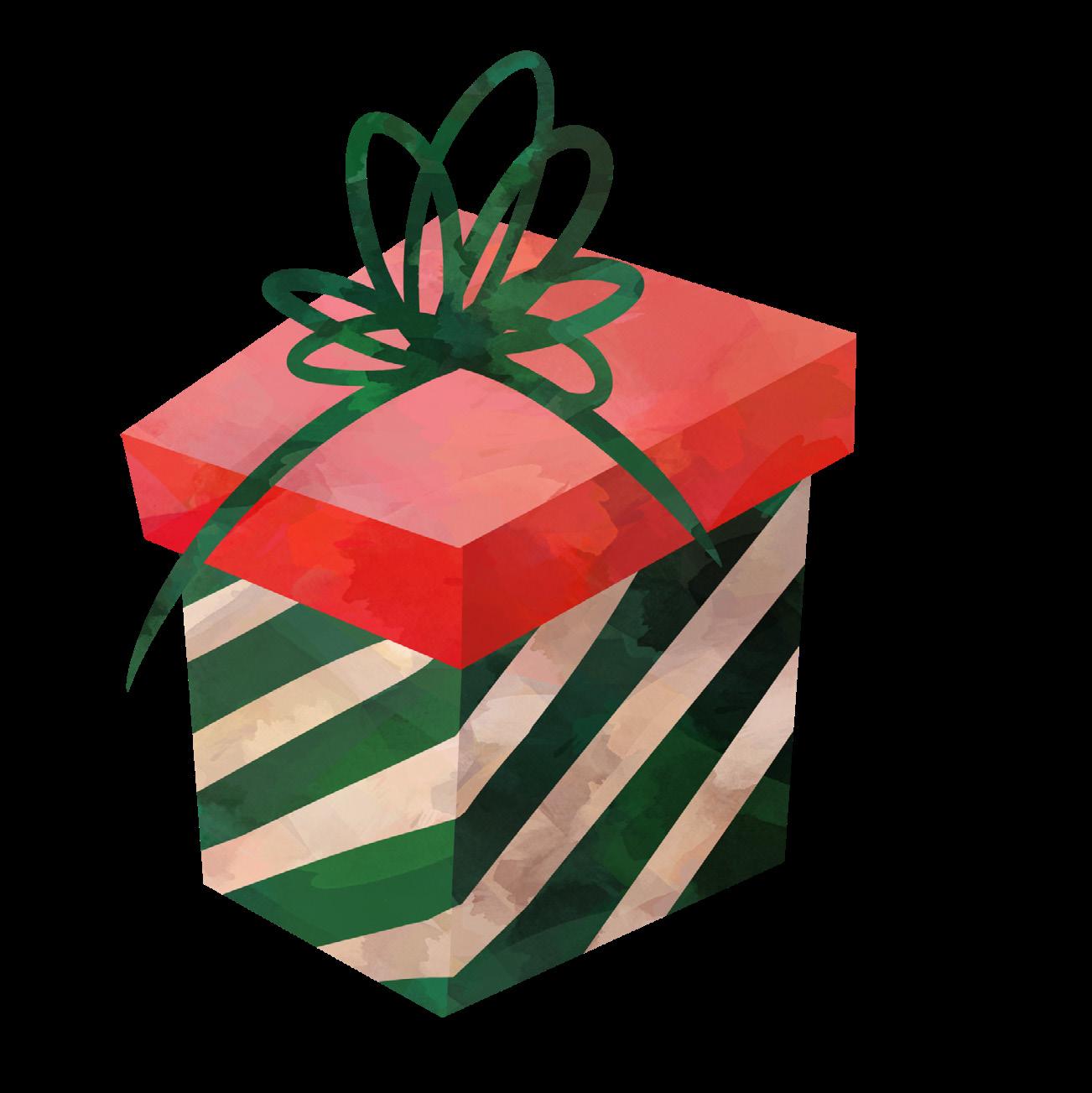
Ella’s mother had taken her out for ice-cream when she’d told her. She remembered the melted mint chocolate chip that dribbled onto her fingers as she gripped the cone, trying to think of the words that would fix it. Words that would make them change their minds. Make him stay.
The man returned the shoe.
‘Well, shoes can mean a lot of things,’ Ella said, shifting from her left foot to her right. ‘They can be a practical gift, obviously, everyone needs shoes.’ She laughed and the man’s lips twitched. ‘They can be for exercise or work, you know, “smart casual”,’ she touched a black flat, her jerky
66 67
FICTION
movements toppling it. She caught it and readjusted it on the plastic stand. ‘They can be for fun–’
‘Fun,’ he said, cutting her off. ‘She used to say we never did anything fun.’ His voice sounded hopeful. ‘What says fun?’
Ella’s gaze wandered towards the red shoes at the front of the store.
‘That depends. What type of stuff does your, uh, wife, do for fun?’ Her stomach plummeted at her verbal stumble, but he didn’t seem to notice.
‘She likes to read,’ he said.
If only they sold slippers. Oh, there’s an idea.
‘We sell socks,’ Ella said. The man’s expression remained neutral. She rushed to explain. ‘There’s fuzzy ones, or spotty ones, or ones with pizzas or cats on them.’
He seemed to be considering her suggestion seriously now.
‘She’s allergic to cats,’ he said.
‘There are other animal prints too. Why don’t you have a look and see what pops out?’ She motioned to the wall at the back that displayed various styles of socks. ‘You can mix and match,’ she suggested. ‘And they’re two for one.’
She walked him over and hesitated beside him. He looked so lost.
Could Ella have made her father stay? Was there anything anyone could do or say in that situation? She guessed it depended on the person.
‘What about these?’ he asked, picking out a pair of yellow socks dotted with daisies.
‘They’re sweet,’ she said, smiling encouragingly.
He held them reverently.
‘You can get another set for free,’ she reminded him.
He selected a pair with multicoloured stripes, then followed Ella to the counter.
‘That’ll be twelve dollars,’ she said.
He paid and Ella placed the socks into a gaudy green and gold Christmas themed paper bag with the store logo printed in glitter. Silence pressed against her chest as she handed over the bag.
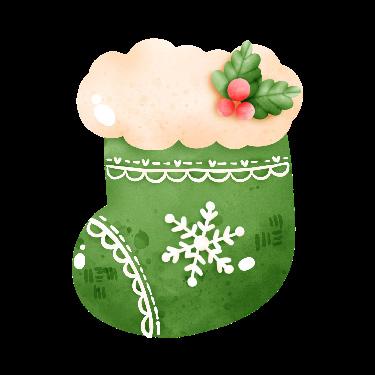
Their eyes met and the music outside played Rudolph the Red Nosed Reindeer and Ella searched for something to say.
The man muttered his thanks and turned to leave.
‘Happy shopping,’ Ella blurted, her heart skipping a beat.
He paused beside the ruby shoes, eyeing them with a strange sort of wonder, before facing her. He lifted the Christmas bag as he waved; the handle clutched tightly in his left hand, gold wedding band digging into his skin.
‘Merry Christmas,’ he said.
december, dinner
CIARAN GREIG
Digg sits at the table he has laid and wonders who is missing.
It is a warm Sunday afternoon in late December 2012, just after Christmas. It is the last dinner party of the year. The friends gathered on Digg’s West End veranda are browned from the sun, woozy from the alcohol he has plied them with, and high on the feeling of the holiday season not yet being over. Their legs and arms are stretched in all directions over his couch and kitchen table, both of which have been dragged onto for the occasion. Lax and limber: everyone, everything. Except the lanky man in the brown shirt, running his hands up and down his thighs. His muscles feel staticky and ticklish.
Someone is missing. Digg is sure of it.
Noor drains another glass and Digg is sent to the kitchen for another bottle of wine. He checks the note on his phone titled ‘dec – dinner’.
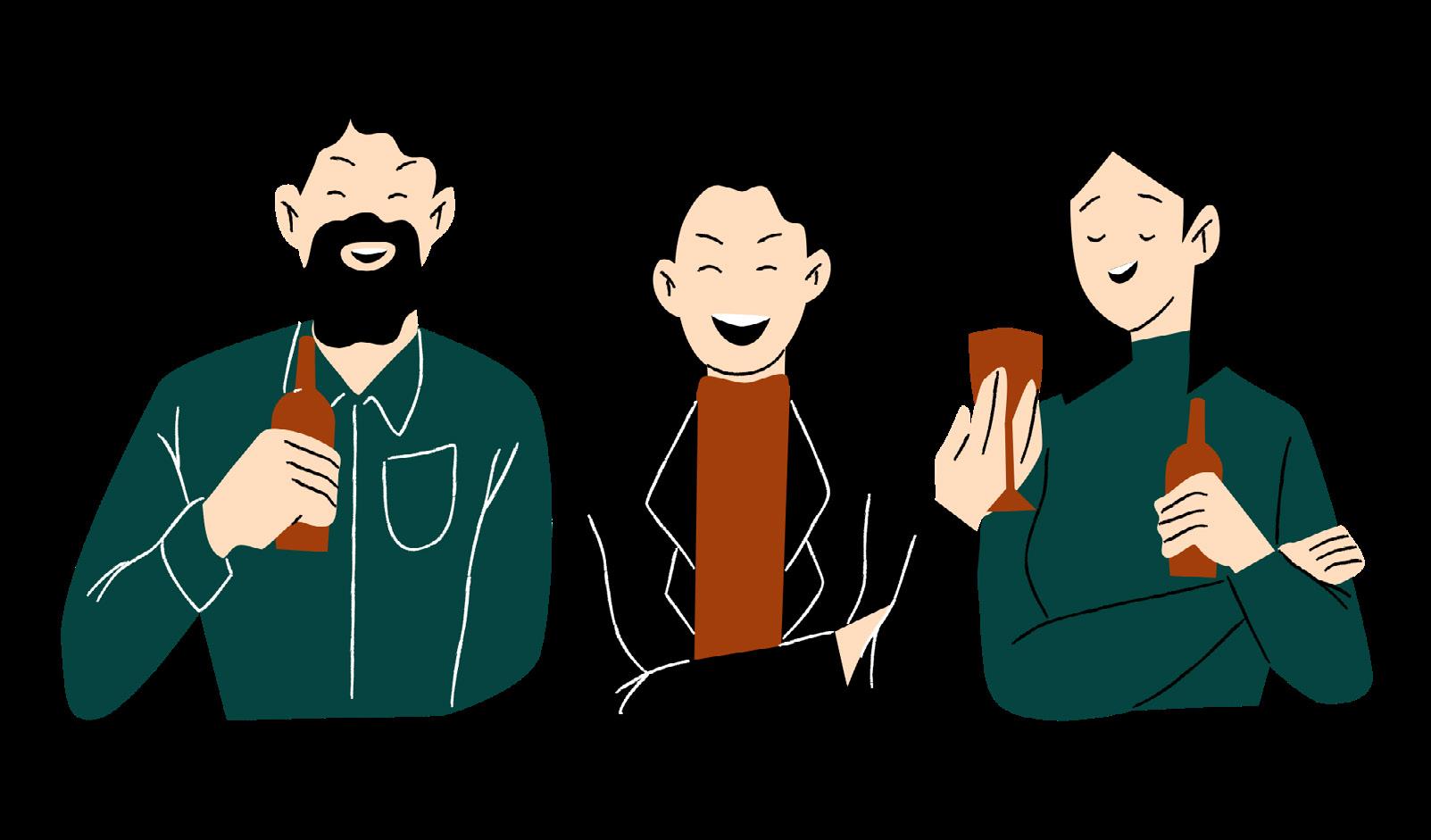
Noor.
Ammy. Eliza. Rudy. Gary. (Sabine). = 7 w/ me
They are all there. Every one of them. Noor is there, wearing an outrageously ugly designer coat that is inappropriate for both the occasion and the weather, purchased with money recently inherited from a past lover. Upon hearing this, no-one at the table asks for the details, preferring not to be implicated in Noor’s questionable taste in romantic entanglements.
Eliza and Rudy are there, having arrived together but sitting at opposite ends of the table, as they prefer.
Gary is there, swishing wine in the bottom of his glass and looking lost in thought, likely trying to work out how to politely end the conversation he is having with Noor, who is talking at Gary with gusto. Digg can only catch snippets of their conversation: ‘Campbell Newman and ‘ not that bad ’. Digg smiles. He knew seating Gary and Noor together was a perfect idea.
And Ammy is there, sunk into the corner of the old couch on the veranda. Digg can just see her from where he stands in the kitchen. She is wearing a stained, oversized beige cotton shirt that blends her into the fabric of the couch and tattered shorts. She is listening to the conversation around her and she is smiling. Ammy rang Digg last night while he was at the local deli.
‘Don’t forget the anchovies,’ Ammy said, after hearing he was making the pasta dish she loved – spelt spaghetti with fleshy olives and brine-doused anchovies.
69
FICTION
‘I wondered if it’s ok if I bring someone,’ Ammy said next, leaving the line quiet as she waited for Digg’s reply.
Digg wondered, briefly, if he had imagined it. Or if he could forget he had heard it. Of course, he had forgotten the anchovies.
So, Ammy is there.
And so is Sabine . Sabine pronounced the German way. He was corrected by Ammy, when they arrived for dinner: sab-een-eh . No, not sab-een-ah Not sab-een . Digg smiled and apologised, and tried to ignore the feeling that Ammy had meant to hurt him. She had never corrected him before.
Sabine has thick, deep blonde hair and is taller than anyone else in the flat – almost offensively so, Digg thinks. She has long, wide fingers adorned with chunky rings that make Digg’s cutlery seem miniscule in her hands. Her wrists are crowded with bangles that clatter as she carves and slices her food. And she is loud. So loud. So unlike Ammy.
When the table is otherwise distracted, Digg sees Sabine reach over and mumble something to Ammy. Ammy smiles, and so does Sabine. Sabine tucks a finger of Ammy’s hair behind the curve of her ear. He feels it is something he should have never seen – like watching an elephant sew a missing button back onto a child’s dress shirt.
Digg and Ammy had a tender, quiet friendship. They often met on Saturday afternoons to peruse the local library. Digg always left with a tote-bag full of new releases with glossy covers. He was often jealous of Ammy, though – who breezed pass the new releases to scour the stacks. Sometimes, Digg felt annoyed at Ammy after watching her check out her books. Her choices were always items that he wouldn’t have picked up himself, but in Ammy’s hands, seemed to acquire some sort of luminescent quality. He’d often take notes on the books she chose, and would return to the library after she returned them to check them out himself. He wasn’t sure why he kept this from his friend.
Digg serves peach crumble for dessert with homemade vanilla-bean ice-cream. Everything about the peach crumble that night is exactly right – from the texture of the crumble contrasted with the smoothness of the peach flesh, to the tang of the fresh ginger he grated into the crushed biscuit mixture. Digg accidentally plates an eighth serving of the crumble, which ends up in fridge, covered in cling-wrap. His friends laugh at his inability to count the heads on the veranda and Digg frowns.
When he sits down again, he crosses off the guests in his mind: Noor. Ammy. Eliza. Rudy. Gary. (Sabine). Everyone is here.
In the quiet lull after everyone is served their desserts, Sabine sighs and declares to the table that she ‘doesn’t usually enjoy crumble’.
‘Thank you,’ Digg says. He imagines Sabine’s comment is a compliment, though he’s not entirely sure. The rest of the group is silent.
At the end of the night, while everyone is drunkenly shuffling on their shoes and arranging taxis for the ride home, Digg forgets to say goodbye to Ammy.
He leans out his window to shout to her, but Ammy and Sabine are already at the end of his street. He watches Ammy’s soft brown head of hair bob around the corner.

It is Gary who calls him the next morning, to tell him what happened.
He listens to Gary’s deep, scratchy voice not understanding the sentences his words are forming. Digg cries for the first time he can remember while eating the extra bowl of cold peach crumble from the fridge. He stops, mid-bite, when he remembers Sabine. He spits his halfchewed bite of crumble back into the bowl and throws the whole thing in the bin.
Eventually, Digg marries a lady named Jayne, who works in the public service and has had the same haircut since she was seven years old. Digg’s love for Jayne is grounded in tangible things: a rates notice that will always be paid on time, the chicken roast they have for dinner every Friday night, the Jack Reacher books his wife reads before bed.
He stops hosting the dinner parties.
One night, the December before his forty-eighth year, Digg stands in a Woolworths watching a foil tin of anchovy fillets float along a conveyer belt.
‘I didn’t know you liked anchovies,’ Jayne says, as she unpacks the tiny tin and squints at it.
Why did I buy anchovies? Digg looks at her, looking at the anchovies.
The pasta , he thinks. I need them for the pasta.
Judged
EURIELLE (CHELSEA) GLENN
It was being watched, but it did not know. The breeze was gentle and quiet, and its footsteps were even quieter. Its breathing was raspy and unsteady, and it smelt like mint leaves and blood. The sky was bruised, haemorrhaging, as the sun sunk below the horizon. The forest was inhaling and the bark was splitting and folding to expand its wooden lungs. It was strong and resilient, though its lungs were slowly turning to paper; paper that crushed beneath the weight of the atmosphere should it breathe too deeply.
He could see through it.
Its gentle touch was but a lie – it disguised a truth in its rib cage of roots. The air it consumed dampened its lungs, weakened them, and covered them with an ever-expanding moss. A cancer that grew into its heart. The heartbeats sounded like tribal drums and snapping trees, and the leaves on its head shook in fear, and it was confused. Its fingers were burning, and the ants walked through the flames and climbed its arms, and the fire followed.
His skin was cold and he followed the warmth.
Its hair turned brown and shrivelled and slipped from its scalp, and fuelled the fire on its shoulders. The ants travelled the crackling kindling, and with them, they carried chunks of sharp metal and cut into the chest and unearthed the heart. Sap seeped from the pulsating roots and glowed golden in the orange light of the flames. The ants fire-danced and they cheered and carried banquets on their crippling backs to feast and feed their stomachs and lies.
He revelled in the warmth until it turned his skin into bark and bumps began to form, and burst with a sap coloured like the sky as the sun died and he didn’t know what to do.
He didn’t know he was being watched.
The fire turned on them and they scattered like ants underneath a magnifying glass. They watched as their feast turned into fire and the roads they walked on melted into black lava.
The untameable beast they lived on had no hair; it had no lungs and no air to breathe and consume and create.
He didn’t know the judging eyes were burning a hole in the back of his head.
He watched as its heart was blackened, and the black smoke rose high into the sky, and the dawn came to feed the trees but it found none.
Only a world of corpses fuelled the smoke that blotted out the sun.
70 71
FICTION
Songbird Lisa
LYNDA GRASSO
Sitting with my back against the hallway, I listen to her voice.
The sound is joyful. The timbre of her voice is changing with her age. My eyes are closed, she has always had an ear for music and a talent for performing, I think ruefully. A quick study, is how her music teacher describes her. On the stage, she would transform from this little girl who was crying, anxious of what her peers thought of her and upset at almost everything to a graceful and confident presence engulfed under the sparkling lights of the show. Sometimes she was mad at her peers for not taking the performance as seriously as she did. She memorised her lines in one week, where the other kids took months. She knew all the steps and all the moves, and I could see her masking her irritation every time someone called, ‘Line!’
But she persisted.
She was a figure that demands your attention, and she was born for that attention.
Or that’s how it seemed then. Now, when I hear her voice, locked away in her bedroom. It reminds me of when she was a baby, putting her into the cot as I waited outside the door for the drowsy goo’s and gaa’s to cease as she found sleep. She has always been a child with a lot to say, the loud one.
That is, until one day.
When she just stopped talking. It’s been six months and she hasn’t said a word.
Not.
One.
Word.
Yet, she sings. Alone in her bedroom or with her puppy. It makes my heart burst with pride and despair. Who, within our busy society, will slow down enough to hear her? A girl who doesn’t speak. Who will understand her?
How can anyone possibly understand her? Appreciate her? What places can I find for my daughter to thrive? She creates her own world in her mind. What opportunities exist for a girl like her?
If she is not engaged academically, she is engaged in anxiety. It’s one or the other with no in-between. She is a selective mute. My autistic daughter, Lisa, chooses how she communicates and it’s nonverbal. We use hand signals, thumbs up and thumbs down for positive and negative responses. Thumbs sideways for ‘I need a quick exit’.
That one gets used a bit. Our family has adapted with a ready supply of notebooks.
Unique, intelligent, stubborn, creative: Lisa. She started a new school this year and takes her notebook to communicate there too.
Sneaking it out of her school bag, I read it. There’s a girl named Hayley who wrote descriptions of her peers in the notebook to help Lisa identify who is who in the school zoo. Such as ‘Ben, green jumper’, ‘Jordi, Minecraft drink bottle’. There are a few entries from someone named Flynn who describes himself as a ‘demiboy’, a term I needed to Google.
There are a lot of questions from Lisa about this, too. She asks what pronouns Flynn uses and there’s a quick scribble from Flynn thanking her for her interest and understanding. It’s a mature conversation for a 12-yearold. Feeling guilty, I hastily return it to her bag.
It’s hard to get specifics from a mute and I need to investigate her life to understand her better.
Sarah, my eldest, slowly exits her bedroom in her PJs. She tilts her head.
‘Mum, what are you doing out here?’
‘Listening to your sister sing,’ I sigh.

‘Uh huh.’ She rolls her eyes. ‘Coffee, please?’ she walks past me to the bathroom.
‘Ok.’ I fill the kettle. Looking out the kitchen window, it’s another sunny day in Queensland. I note the breeze making the trees dance. At least the kids are healthy, I think. I
should just be grateful, it’s not like anyone has leukemia. We’re fine.
‘Do you want me to take something into the songbird?’ Sarah asks interrupting my avid staring at the trees out the kitchen window.
‘No. She doesn’t take long to get ready. Has Lisa talked to you, Sarah?’ I ask, hopeful. ‘She seems happy at the new school.’
‘No, Mum. She woke me up at 3am and we watched anime together, but she still used notes on my phone to talk.’
‘Hmm.’ *****
My three girls burst through the front door after school. Discordant in a cacophony of noise and mess throwing their lunchboxes on the bench. Sarah and Lisa head straight to their rooms, as teenagers do.
Little Franny gives me a hug.
Her arms encircle my waist and I feel the simple delight of her unbridled affection.
‘Hello sweetie. How was school?’
‘Good. One of the kids had a birthday and we got ice blocks.’ She says opening the fridge.
‘Aww that’s nice. How was walking home with your big sisters?’
‘Ok. I like Lisa better now, you know. When she doesn’t talk.’ Fran grabs a yogurt.
‘Really, why?’ I stop and listen carefully.
‘She was mean before. Always angry, she would throw things and call me names. But now she doesn’t do most of that. Sometimes we play video games together and she draws OCs.’ Fran kicks her feet absently under the table.
‘What’s an OC?’ I ask.
Fran laughs. ‘Original Character, Mum.’
‘Oh. That makes sense. Do you think she’s happier? I can’t really tell.’
‘Not sure, but she’s definitely nicer to me.’ Fran says.
Interesting. This is good. I think.
Lisa is sitting at her desk playing a video game on her laptop. ‘Hey, sweetie. Are you hungry? I have snacks,’ I offer. Gently I lift one side of her headphones up. ‘Lisa, please look at me.’
72 73
FICTION
Her brown eyes briefly peruse my face as she returns her attention to the game.
‘Lisa, I spoke to your teacher today, she says you’re settling in well. That you are very independent at school. Do you like this school?’
Lisa gives a thumbs up and continues gaming, absently picking up a cracker.
‘Can you tell me why you are still not talking? I thought you stopped because you were unhappy at the old school. You are now in a new school. Why don’t you talk?’
Lisa shakes her head.
‘No? No, what? What does that mean?’
I grab the ever-present supply of notebooks and a pen. ‘Can you explain more?’
She stops and looks at me then shakes her head again.
I watch as her hair bounces around her shoulders. I am feeling suddenly frustrated.
‘Why, baby? Can you talk to your psychologist? Can you please tell someone? I just want to help you.’
She writes ‘maybe’.
‘Maybe what? Maybe you will talk with your psychologist?’
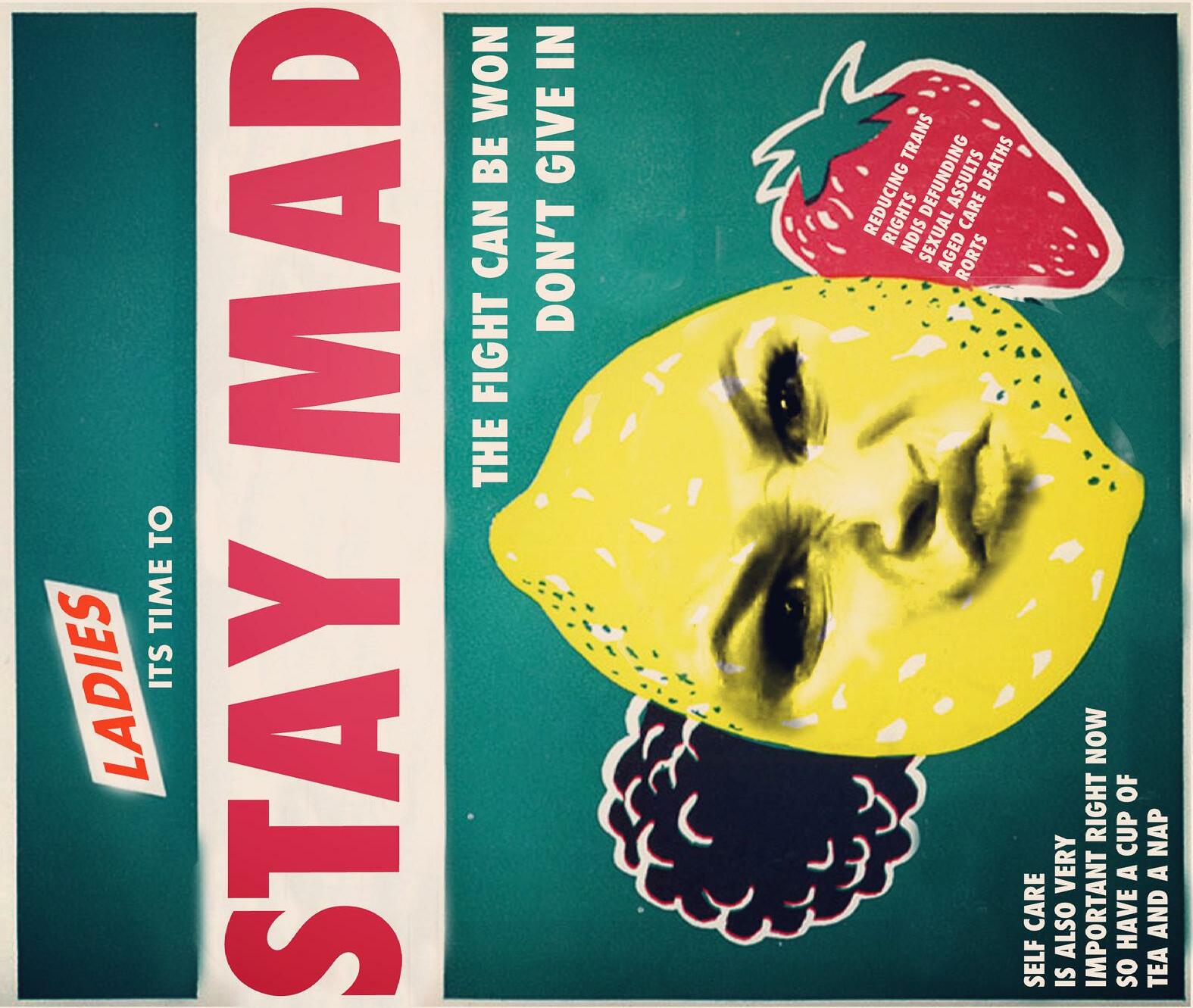
Lisa nods.
‘Ok, it doesn’t have to be me, please just talk to someone. You have an appointment in three days. Can you promise to tell her then?’
Lisa shrugs.
‘Promise me.’
Tears start to silently roll down my face.
‘It’s just, I don’t know what to do. I miss you. It sounds crazy because I am with you every single day. But I miss you, baby. I really do.’ Words fly out of my mouth in frustration before I can stop them.
‘I can’t tell if you love me, or if you’re happy or sad. I don’t know what happens in your day. I just miss you. Do you even care? You hardly look at me or interact with me.’
Not really expecting an answer. ‘I found you a better environment and take you to the best doctors that I can barely bloody afford. What else can I do? Do you even love me? I honestly can’t even tell.’ Who’s the emotional teen? I am suddenly ashamed of myself.
Lisa turns her back to me, still sitting at her desk.
She isn’t playing the game now, but she is doing something with the paper from her notebook.
She cuts out a page. Whatever, I think.
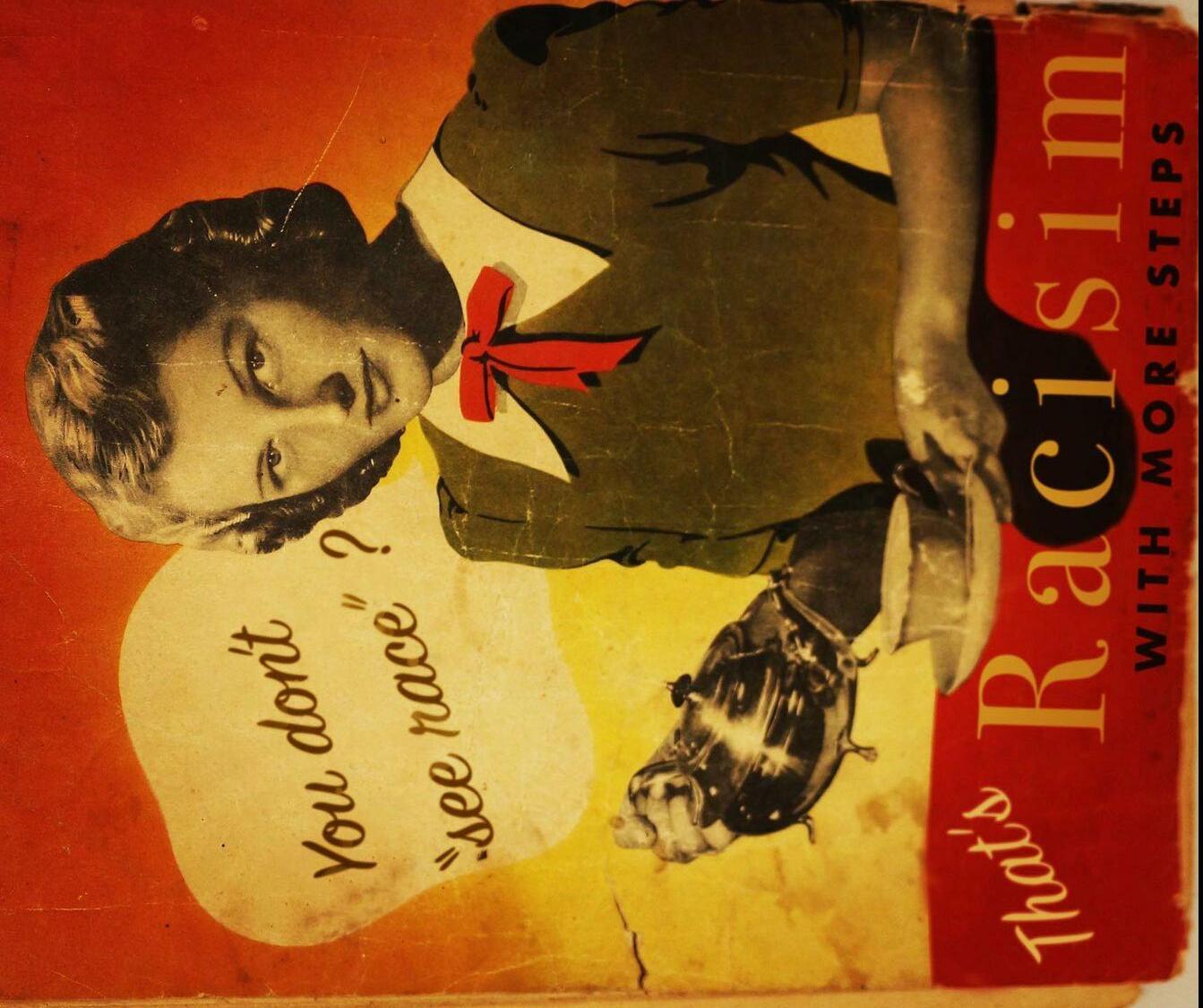
I try to compose myself, but I can’t stop staring at her stupid jumper. I think how much I hate that jumper. It has holes in it from when she lets the puppy chew it. It’s too big and goes down past her knees. I wish I could burn it, because to me it symbolises her self-imposed isolation. It’s an ugly jumper, it smells even after I wash it with fabric softener.
Yet, to her it symbolises comfort, so I know I can’t get rid of it. I must accept the stupid smelly jumper, that’s just the way it is.
‘Sorry, I don’t mean to make you feel bad.’ I mumble trying and failing again to understand her.
‘Never mind. Mum’s just being silly.’ I say, in my best bright tone. Forcing a watery smile.
Lisa holds up her hand to stop me from leaving the room.
I pause in my retreat. ‘Yes, sweetie?’
In her other hand she holds a tiny paper crane.
Then she draws a big red love heart on it.
She comes close. Hugging close but pats my back in an almost embrace instead.
‘Is that for me?’ I ask shocked. Standing very still, to not startle her.
She nods and writes on a notepad. ‘I learnt origami.’ a proud smile.
‘Did you? At school?’ I say, ‘That’s clever.’
‘Online,’ she scribbles in her notebook.
‘Ok.’ I say tearfully, ‘Thank you and I love you too.’ I lean a little closer and ask, ‘Can I put my arms around you?
Stepping back, she smiles and nods with a big thumbs up. She gives me a pat on the back and passes me a tissue. I shut her door.
I stare at her origami crane and chuckle at myself.
I can hear her singing again.
I slide down the hallway wall and resume my seat to listen. She loves me, at least. I know she loves me.
74 75
BY ANNE KELLEY
ARTWORK
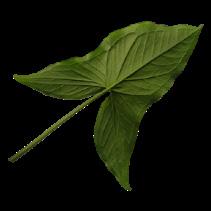
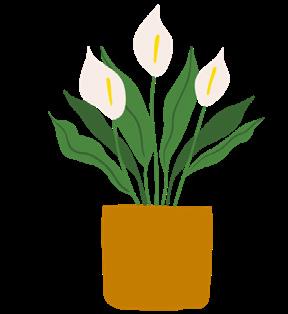

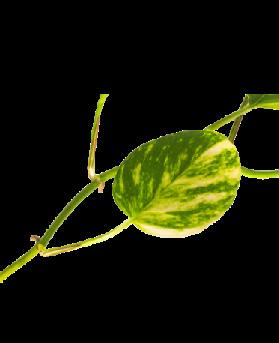

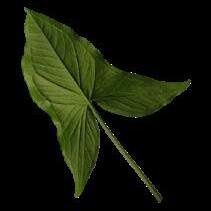
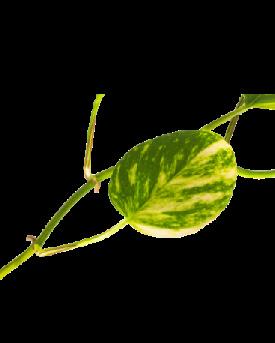
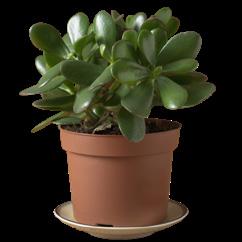
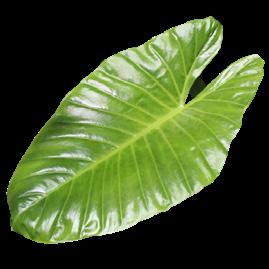
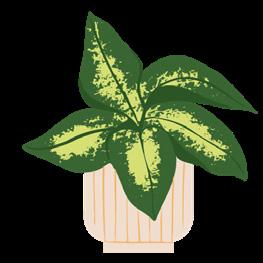

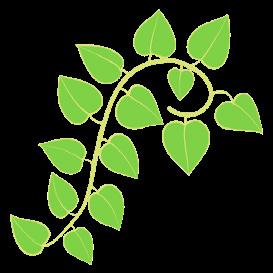

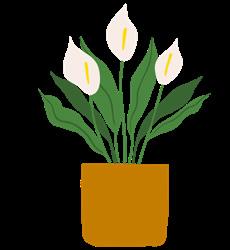
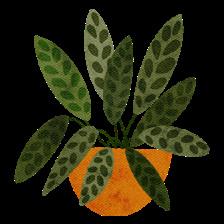
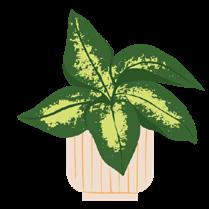




76 Where to steal cuttings on campus e n s Garden to R i ve r S ta ge BL A C KAL L L A N E Ol d G o vernme n t H o u s e O P od i u m UT Art Mu s e um L i b ra ry C M O U V Z G a r de T h e a tr X T h e K in d l e r T h e a tre CH E L M S F O R D L A N E Y D A O R T N I O P S N E D R A G Sc i e n c e a n d E n gi n e eri n g C e n tre P W il li a m R o b i n s o n G a l l e ry Kidney Lawn East Lawn Lady Bowen Lawn The C ube M A I N D R I V E L A D Y B O W E N L A N E POINT CAMPUS Ro o m Th re e S i xty Registrars o F T i l GAR D E N S P O I N T R O A D to S o u th B a n k i C BLOCK Peace Lily P BLOCK Hawaiian Pothos Arrowhead Plant DIFFICULTY: EASY HARD EAST LAWN / Y BLOCK Spider Plant HARTOPP LANE HILL ROAD BOUNDARY ROAD NG ROAD INGROAD MAIN PATH VICTORIAPARKROAD ROBINS CE M VENUE B QU Gr o v e Busway i o n K el v in Gr ove S t a te Co ll eg e R o c k s G a te s e R a i nfor es t S P O R T S LA NE X Wing D Wing C Win g B Wes t Wing A Ou td oo r Mul t ip ur p o s e Cour t s Vi c tor ia P a rk Gol f Cou r s e Library S A F N T O P W C Q K D R Ch i l d Ca r e Ce n tre S P O R S T N A L E Amphitheatre J i to Herston Road to Herston Road E E2 C BLOCK Mother-in-law's-tongue Neon Pothos Lady Valentine Plant Hawaiian Pothos O BLOCK Jade Plant R BLOCK Elephant's Ear R BLOCK Baby Rubber Plant S BLOCK Swiss Cheese Arrowhead Plant A BLOCK Lady Valentine Peace Lily Lace Leaf 'Rattlesnake' Calathea Grey Star 77 MAP Gardens Point Kelvin Grove
VINYL STICKERS

White vinyl is tough, waterproof and strong.
Printed with UV inks, these stickers can be cut to custom shapes, laminated for extra protection and produce vibrant results.
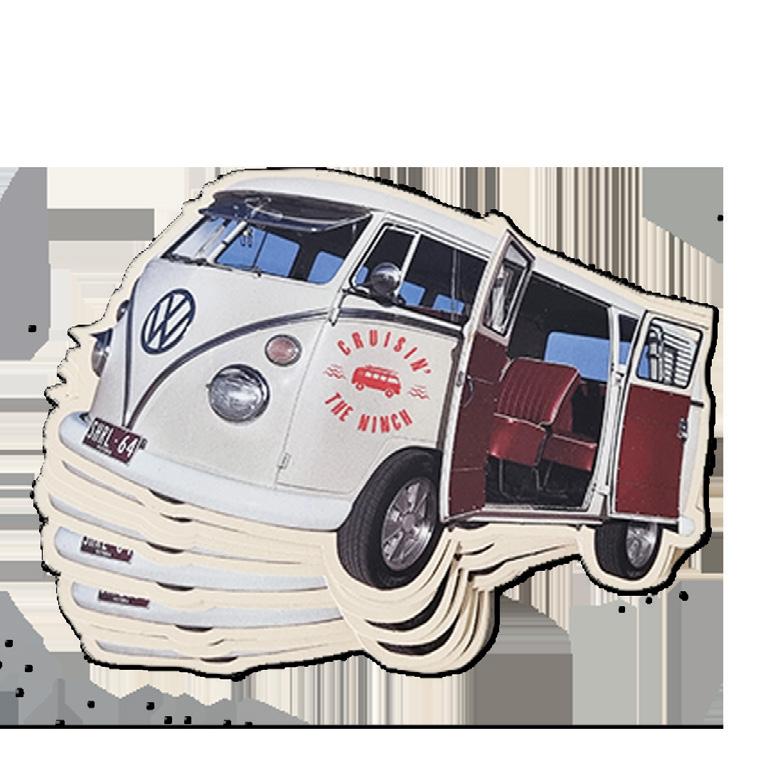
NEW ROLL LABELS
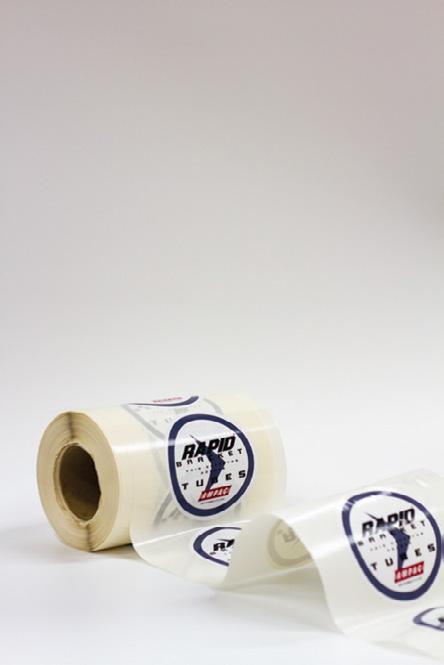
Our high speed roll Label printer uses polypropylene materials making them water and tear resistant and prints in waterproof ink that doesn't run.
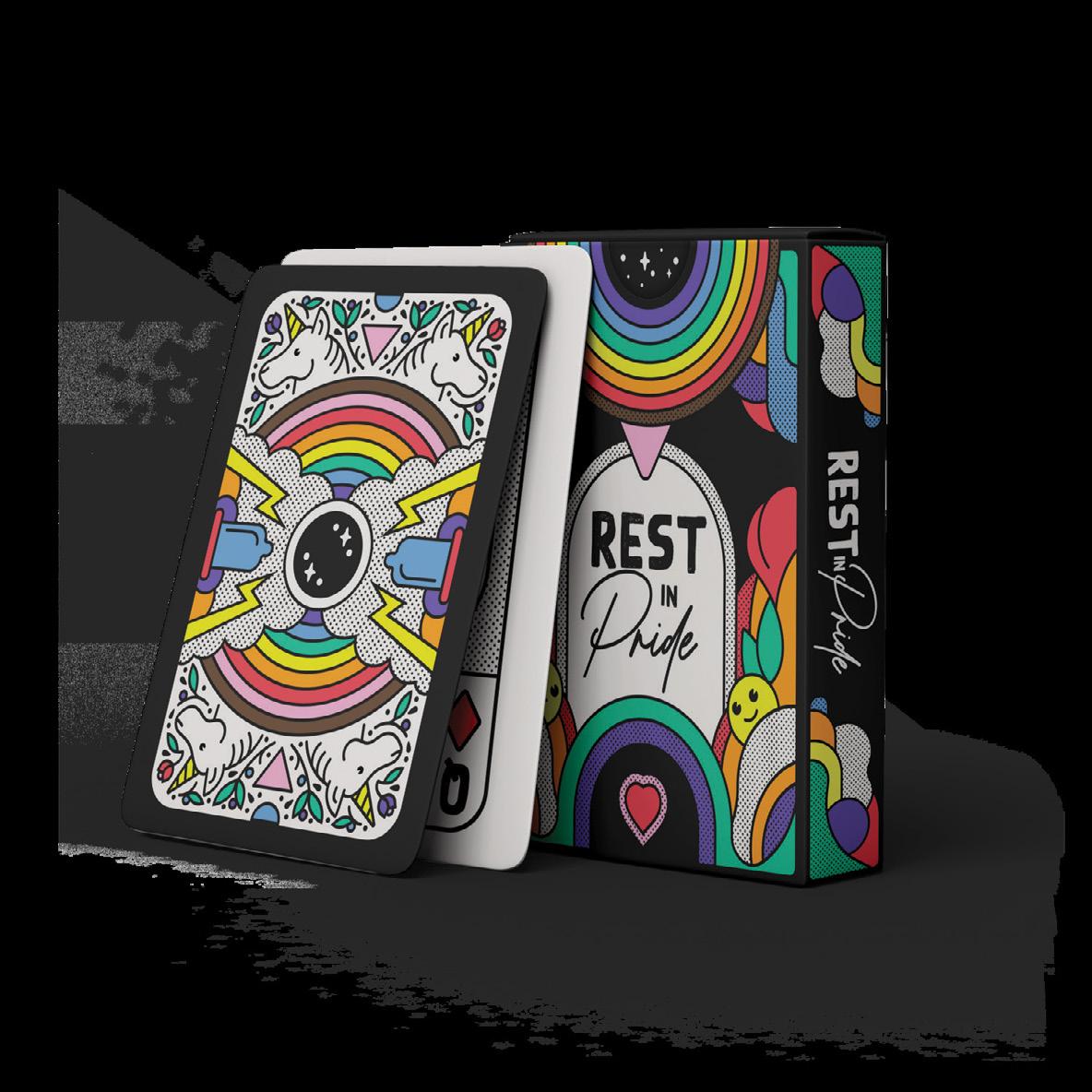
NEW GAME CARD PRINTING
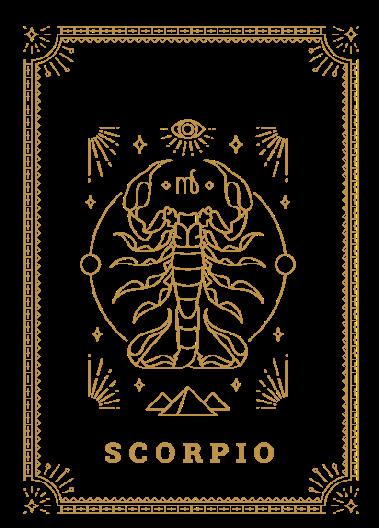
Create your own card game or tarot deck from your own custom playing card designs. All custom Game Cards are printed locally in Australia at ePrint's central hub in Brisbane. Playing cards for games, playing cards with standard deck faced designs, poker cards, bridge cards etc
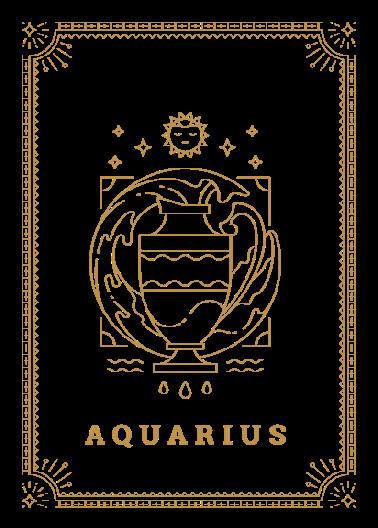
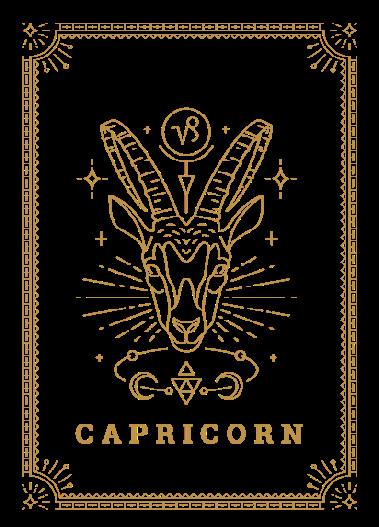
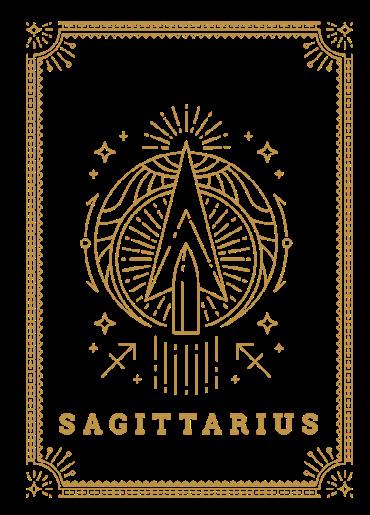
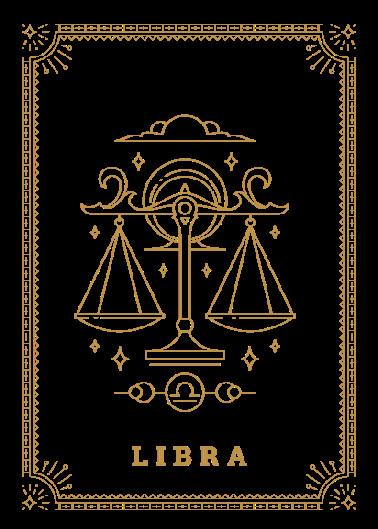

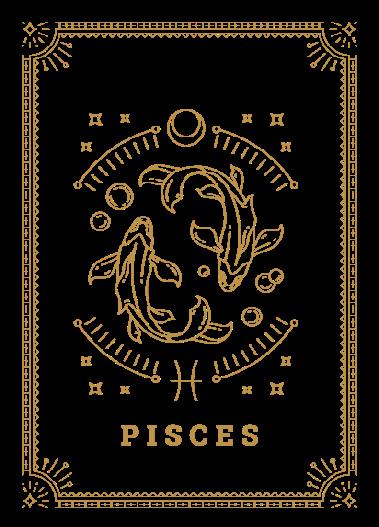
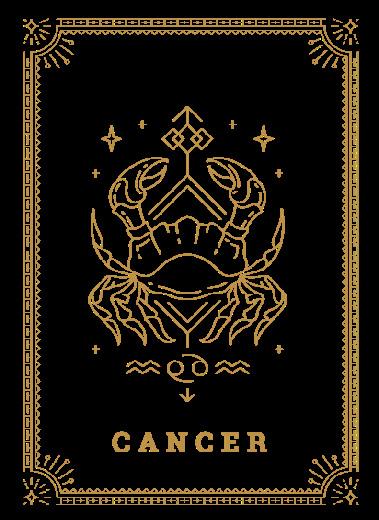
BUSINESS CARDS
We specialise in fast business card printing with a one day turnaround available, to make sure you’ve always got a card on hand when you need it.


FLYERS
We can print your flyers within one business day and offer great discounts on our three day turnaround flyers. Great for your business, letter-drops, invitations and promotions.




We pride ourselves on providing our customers with affordable, high quality work with a fast, reliable turnaround. With over 30 years of experience in the Brisbane printing industry, we are a trusted partner to many local and national businesses. Our experienced staff can help you find the best solution to suit your needs, and offer an unmatched range of services, printing options and advice.
gh, Love? Why don’t you Live, Laugh, Love your way to some
You like your community, but don't bring other people down with you.
stubbornness. Think about how you mistake the motivations of other
Alriiiiiiiight!
You love fine things, but you yourself are insufferable. Curious, no?
21 JUN - 22 JUL 23 OCT - 21 NOV 19 FEB - 20 MAR



Remember the last time you were determined about a situation. What made you so excited, and how can you harness that determination for future projects?

78 79
HOROSCOPE
We can do custom shape printing
(07) 3866 9600 eprintonline.com.au 2/101 Newmarket Rd, Windsor QLD 4030 Contact Us Follow Us DIECUTVINYL STICKERS R OLL LABELS BUSINESS CARDS PLAYING CARDS POSTERS BOOKLETS C USTOMDIE-CUTSHAPE CARDS Coupon! Use the coupon code glassmedia10 for 10% off* your next order! *Conditions apply
Editors
Tom Loudon
Ciaran Greig
Ella Brumm
Illustrator

Ben Steele
Graphic Designer May Lyn Chew
Contributors
Tom Loudon
Nicole Jacobsen
Ciaran Greig
Anna Holmes
Ella Brumm
Sam Collins
Jackson Machado-Nunes
Eurielle (Chelsea) Glenn
Hannah James
Sera Al-Rekaby
Madi Blisset de Weger
Em Readman
Lucy Heathcote
Ashton Darracott
Sam Hope
Rory Hawkins
Amy Sargeant
Lynda Grasso
Beth Moore
Anne Kelley
Izzy Heaton
Claudia Pilbeam
QUT Journalism Network
ScratchThat
QUT Biological Science Society
QUT MESS
Emma Surman
Harry George Wallace
Renae Bolton for the QUT Art Gallery
Kate Tomsett
James Dale
Joanne Simpkins
Tiana Bryce
We extend our special thanks to Dr Rohan Wilson, whose support over the past two years has helped Glass grow.
Non Fiction Stories
Photography
Your work could be in the pages of Glass Magazine!
We love celebrating and publishing the work of QUT Students and Alumni. Our online submissions are always open and our print edition submissions open as advertised. You can find information about the submission themes and how to submit to Glass on our website, qutglass.com/submit, or our Facebook page @glassmedia.
We accept writing of all genres. We take poetry, opinion pieces, essays, satire, fiction, recipes, reviews and more. We also take illustrations, collages, and photography. If you have any questions, feel free to get in touch with the editorial team to discuss.
For more info on how to submit your work, visit qutglass.com/submit
80
BACK-COVER ART BY CLAUDIA PILBEAM























































































































































 ELLA BRUMM
ELLA BRUMM
 EM READMAN
EM READMAN



 ASHTON DARRACOTT
ASHTON DARRACOTT





 TOM LOUDON
TOM LOUDON
























































